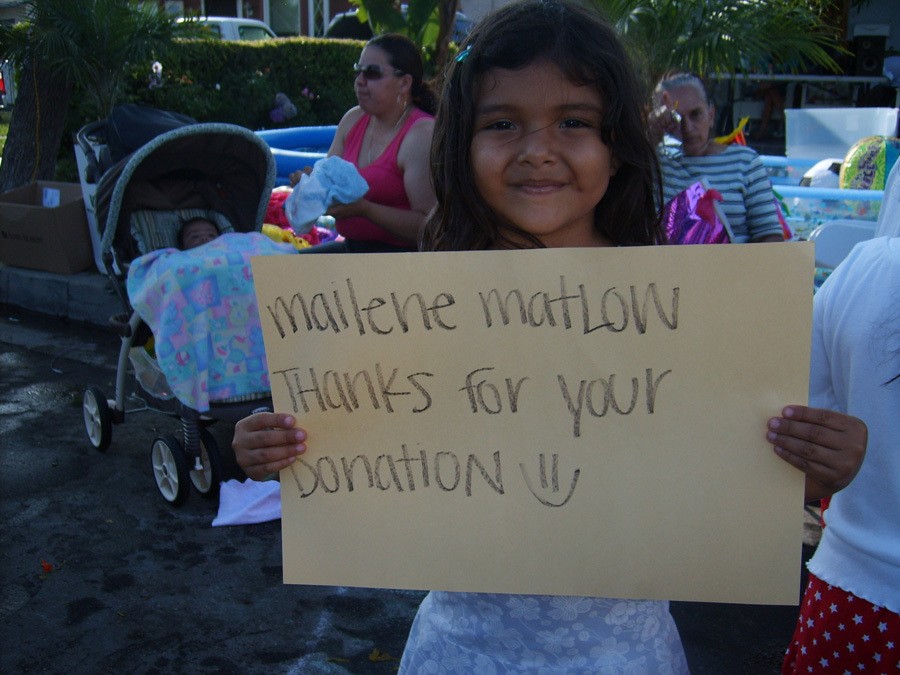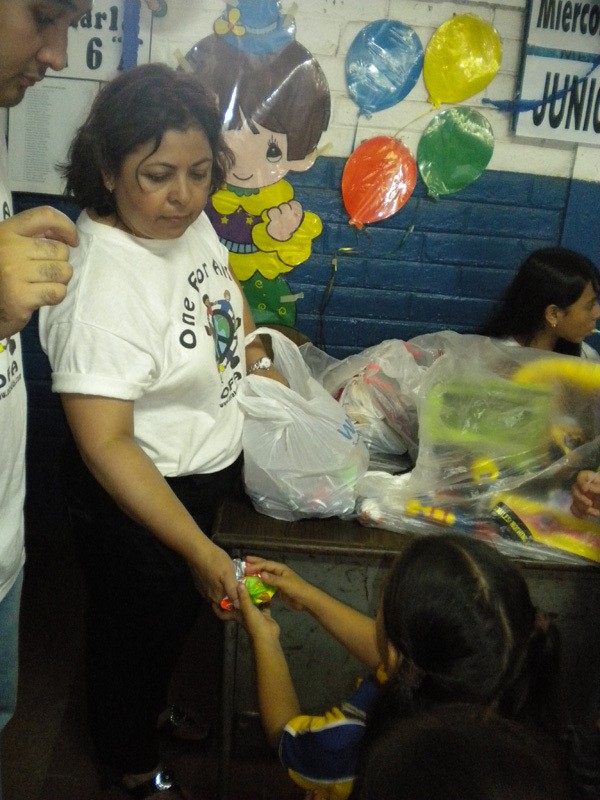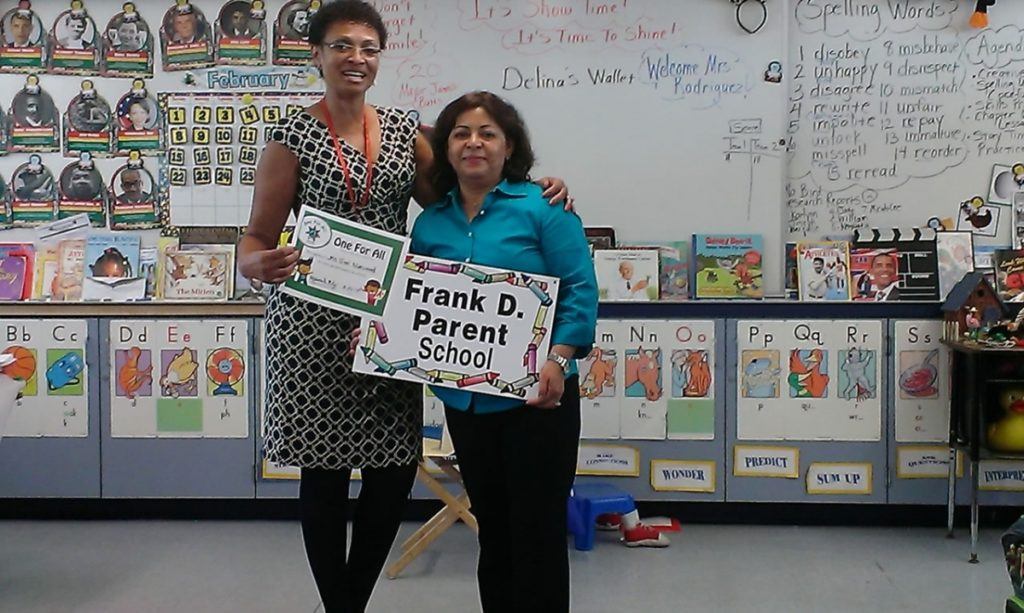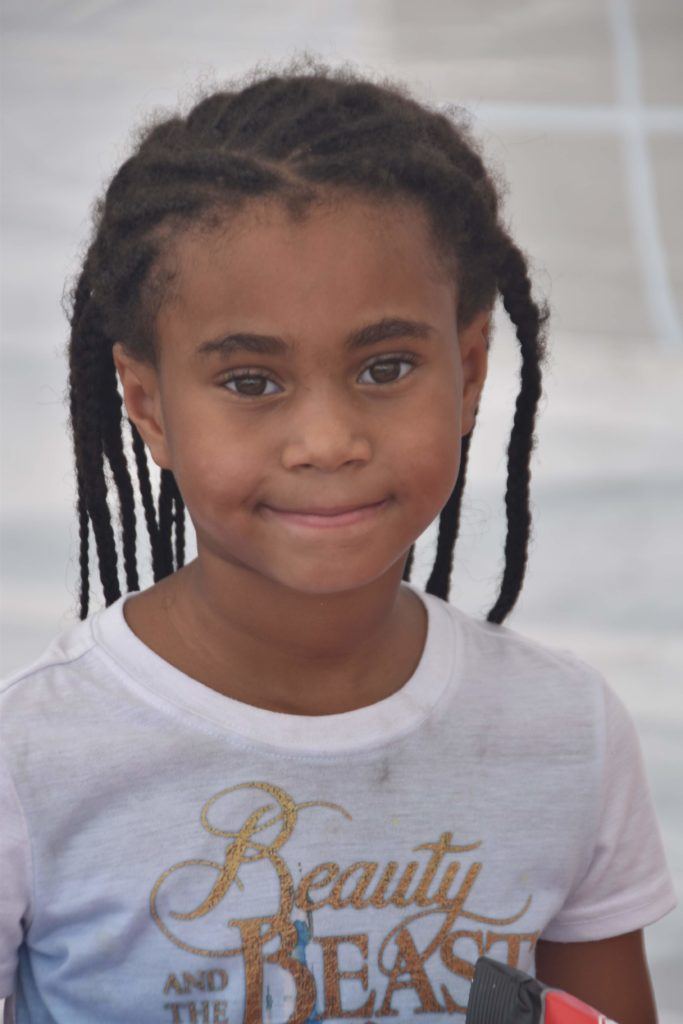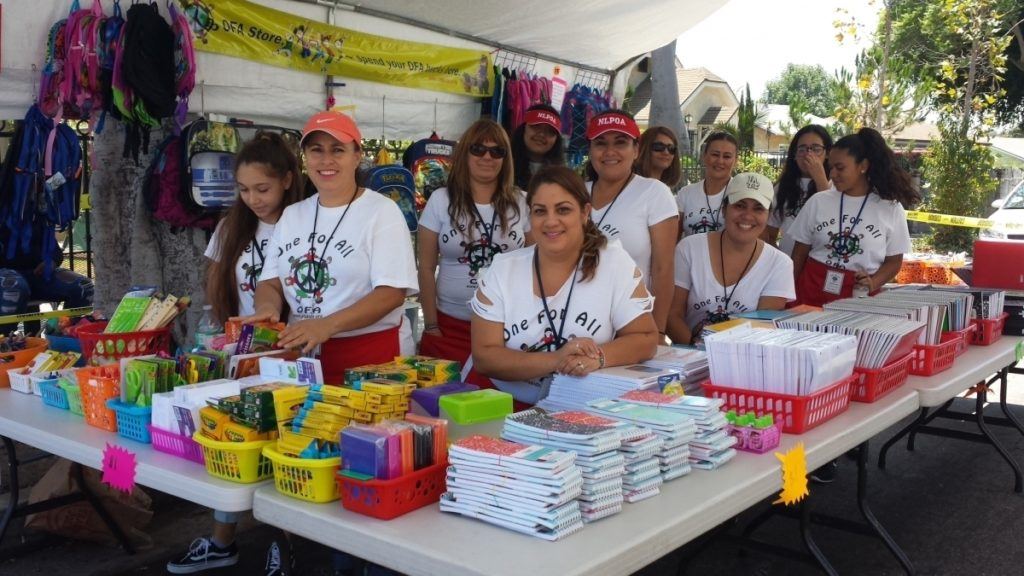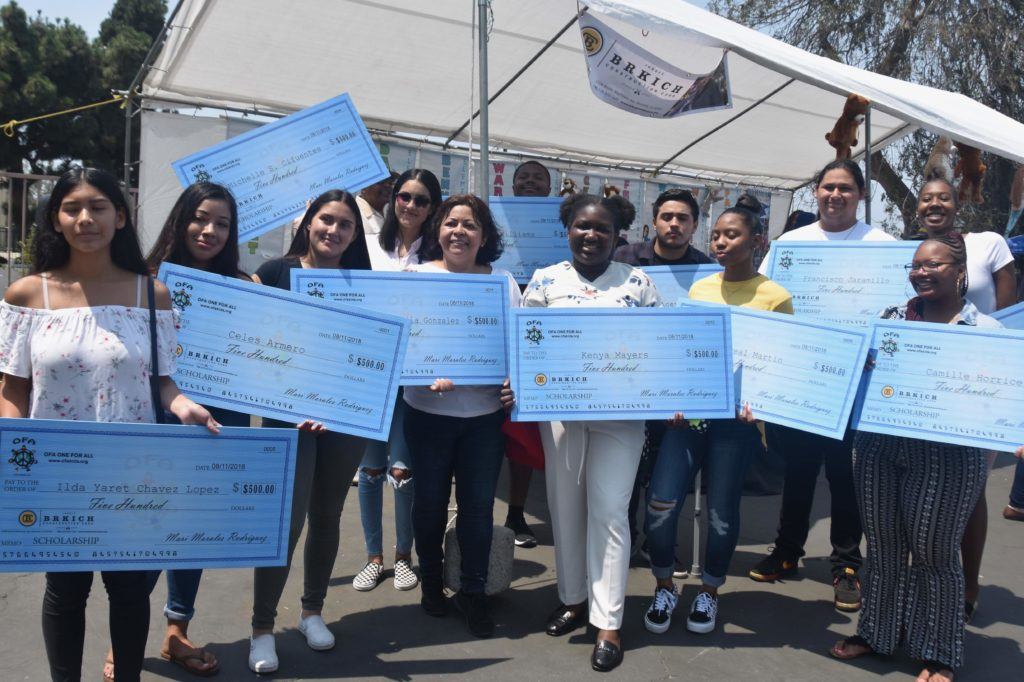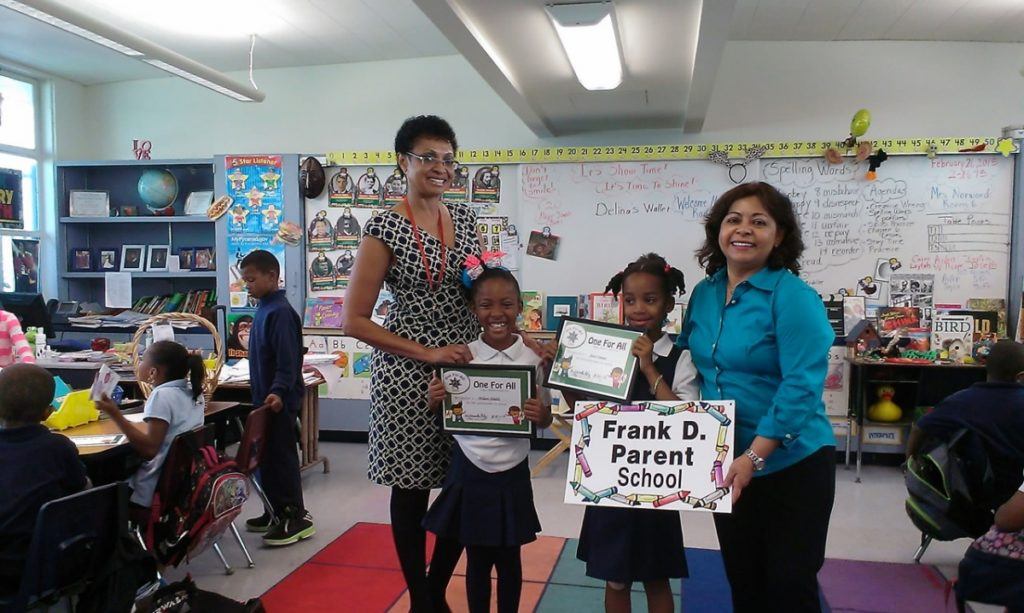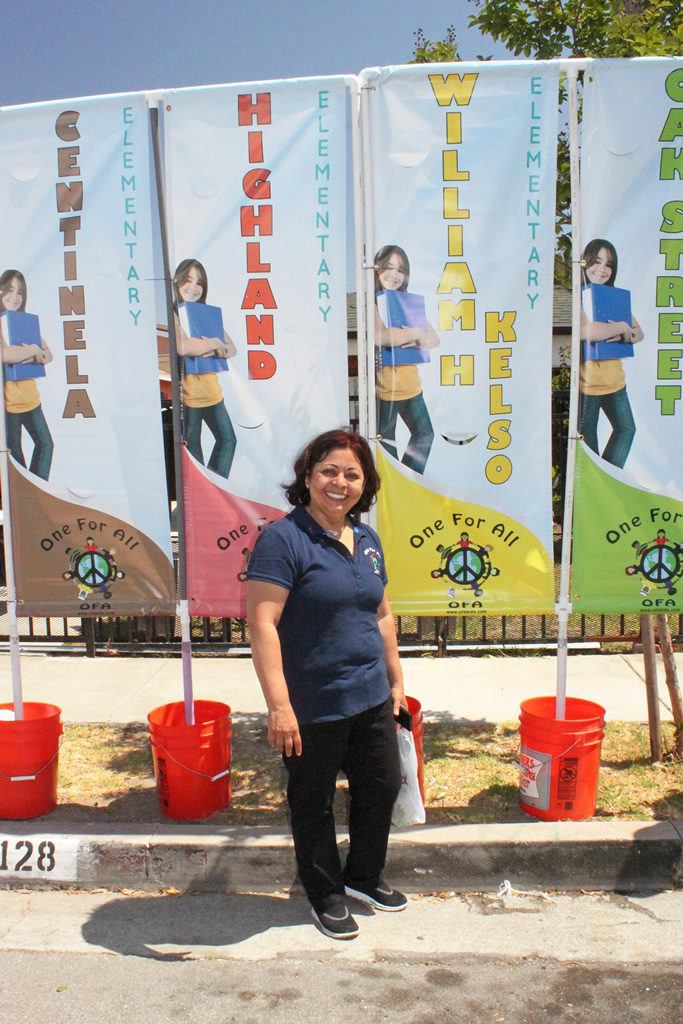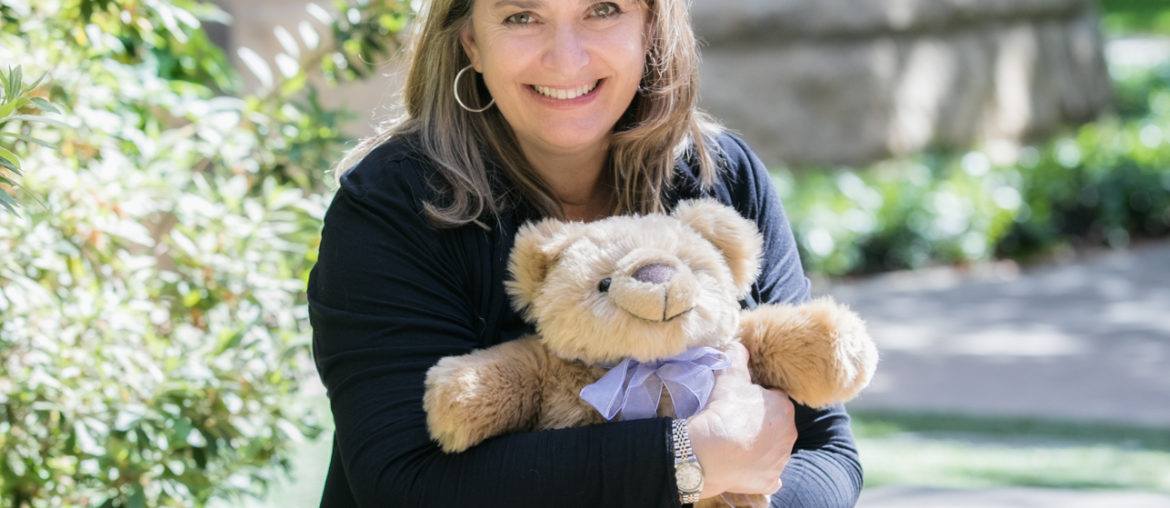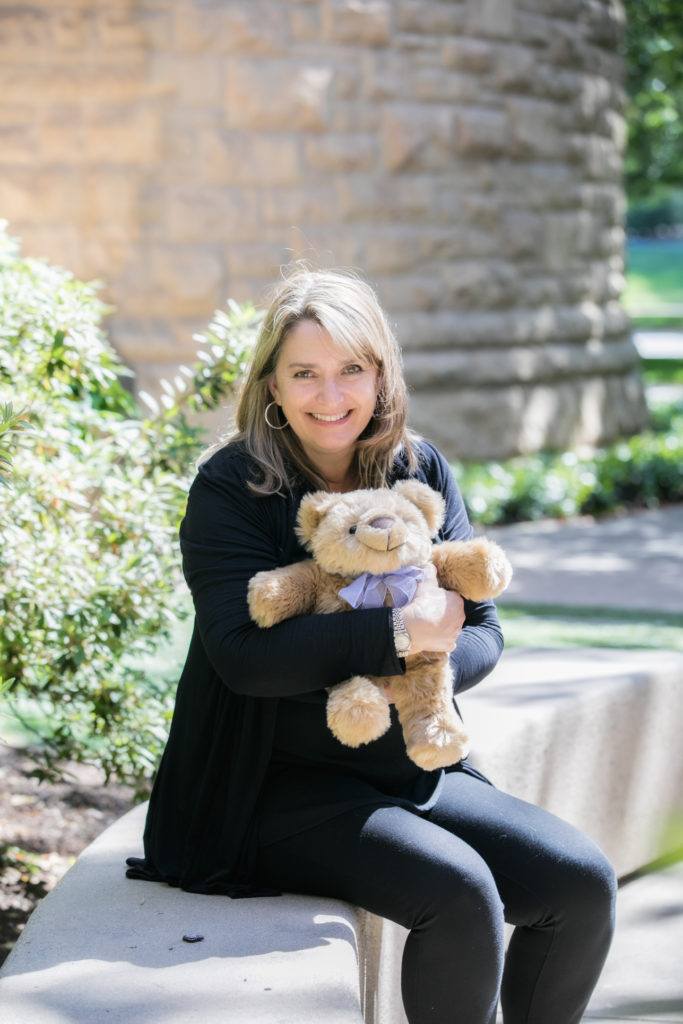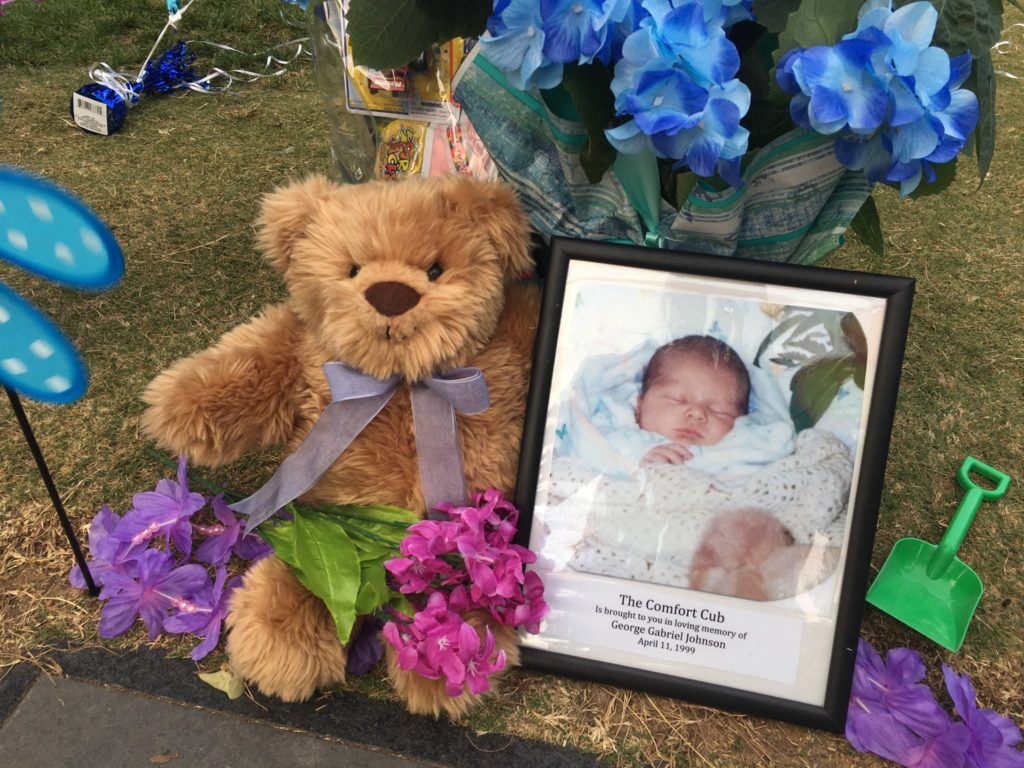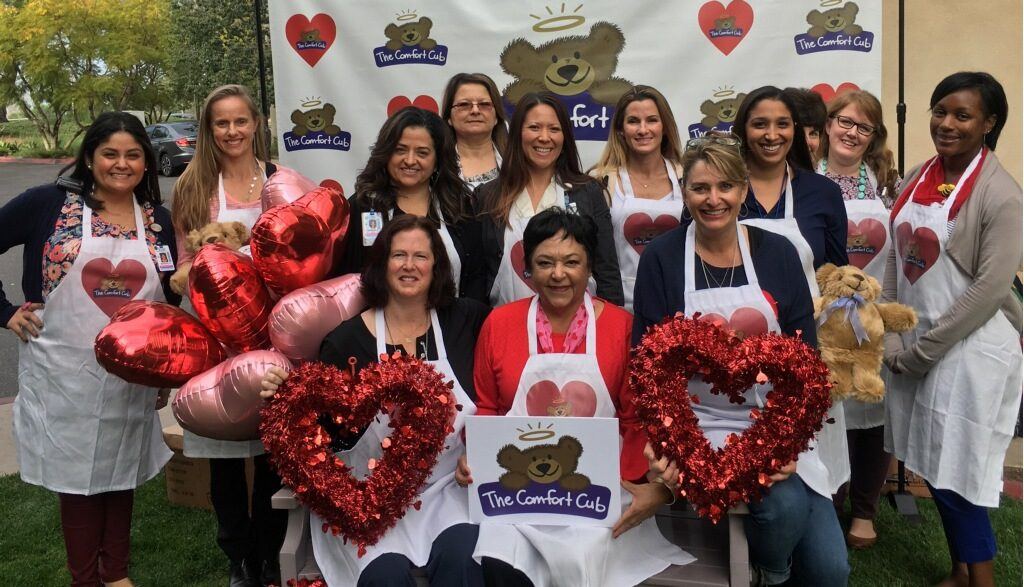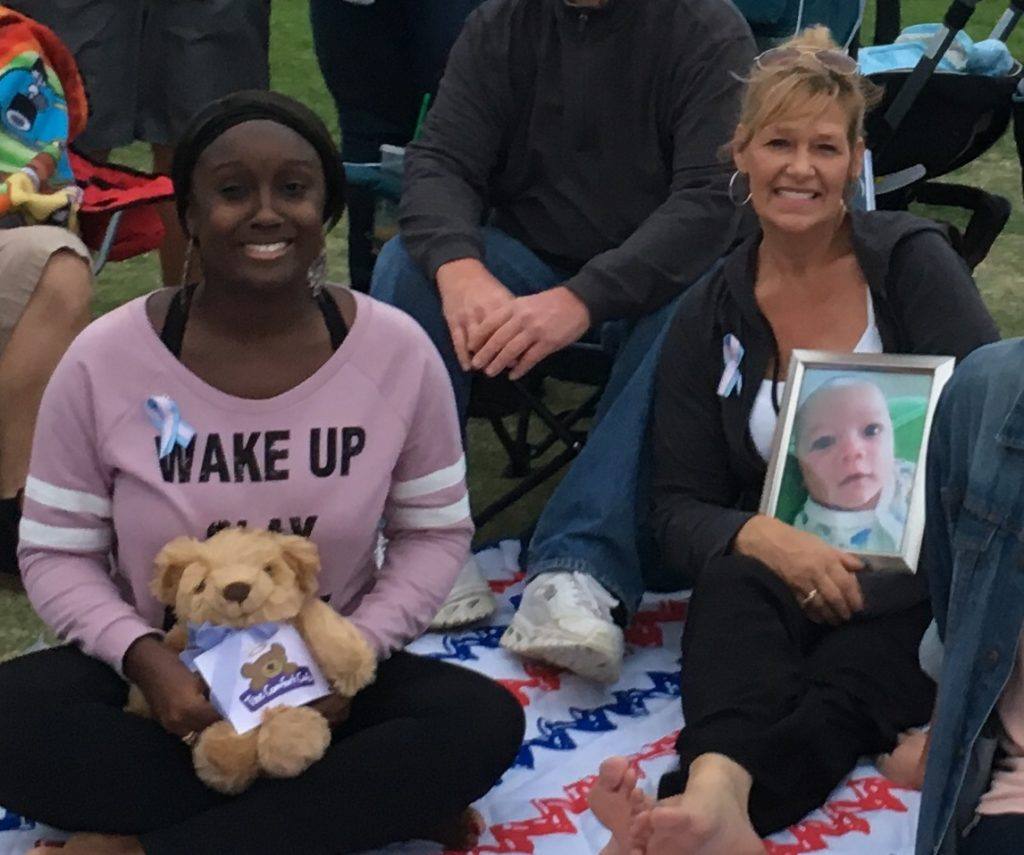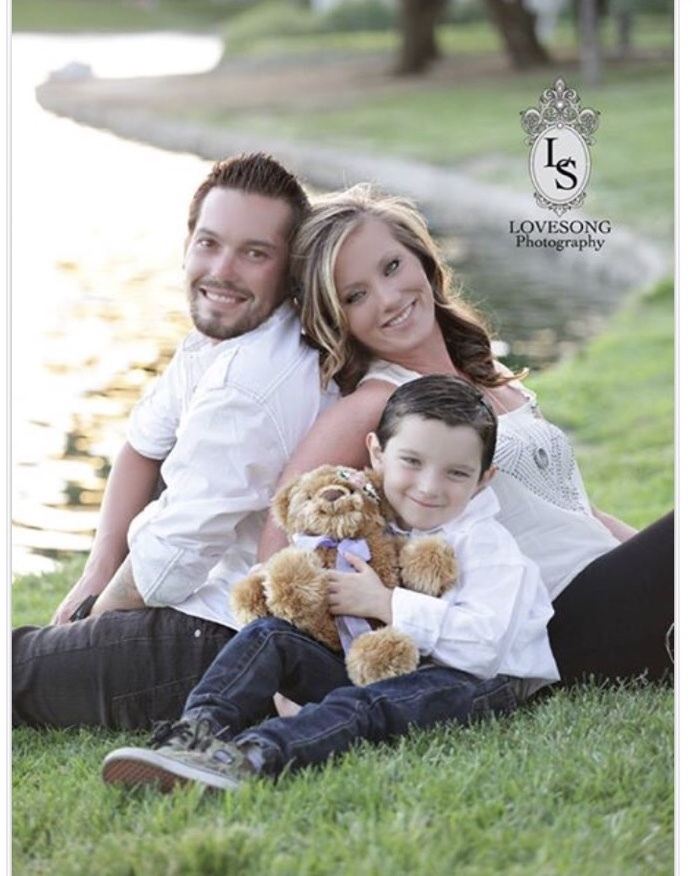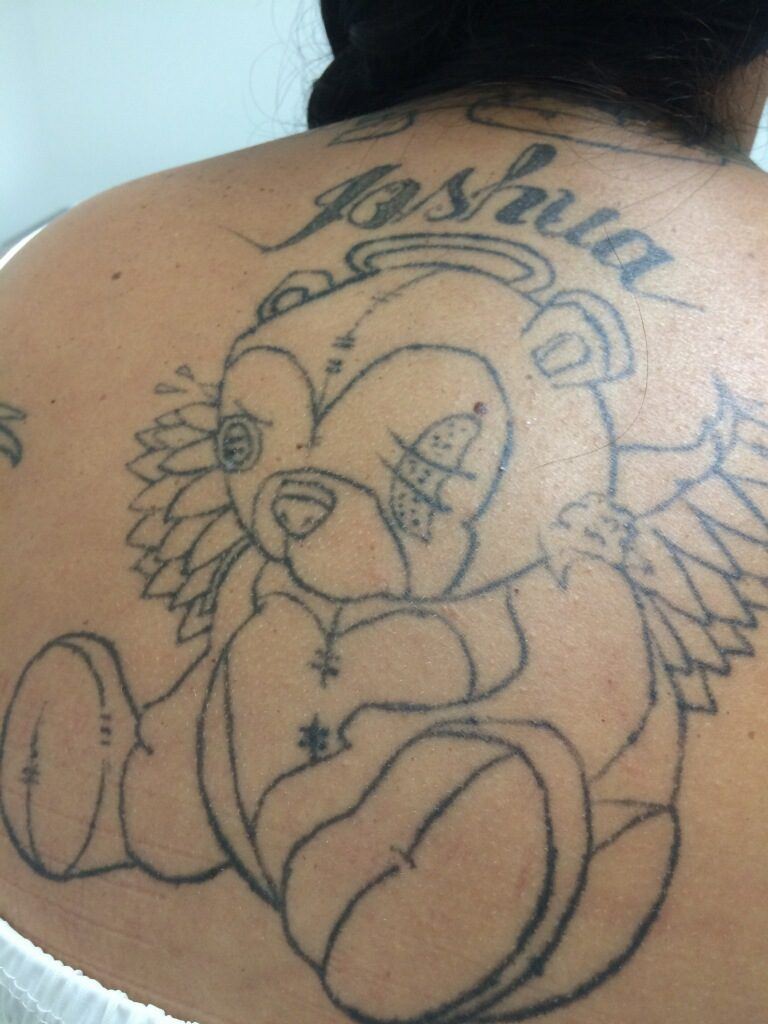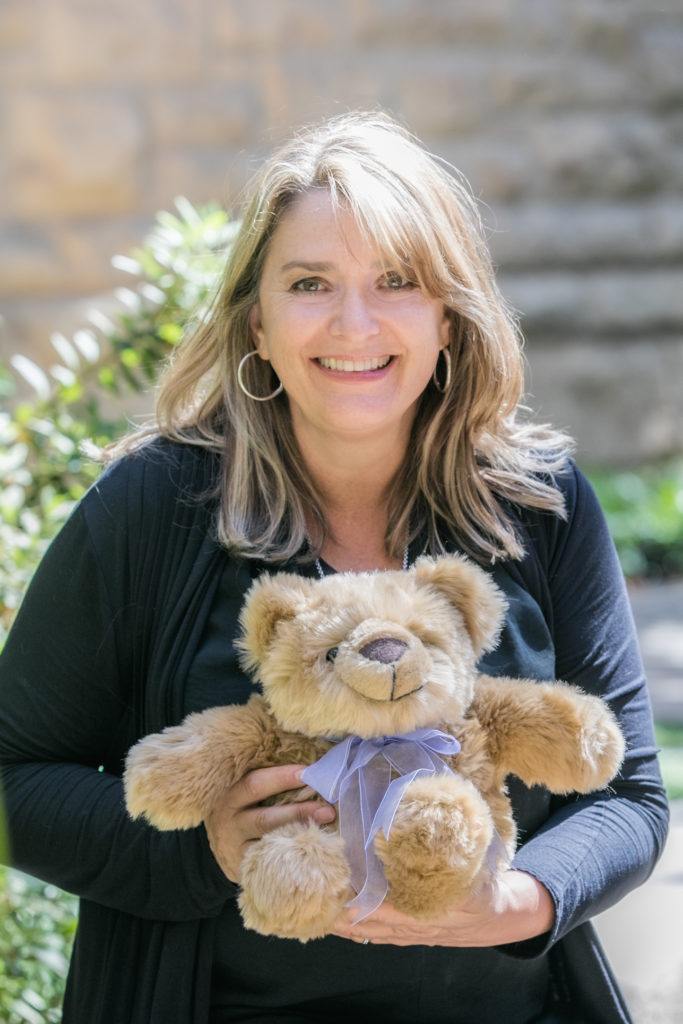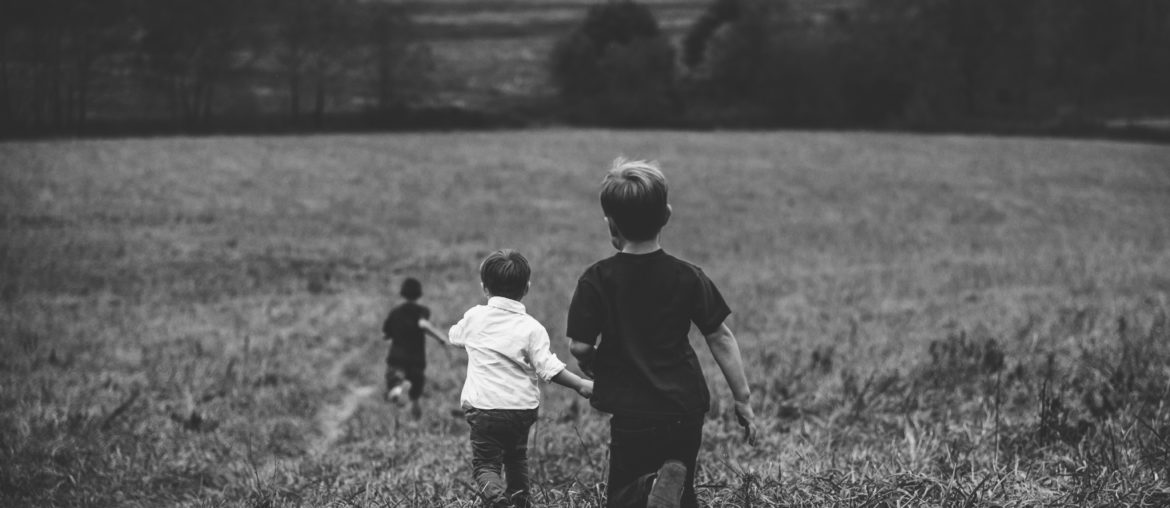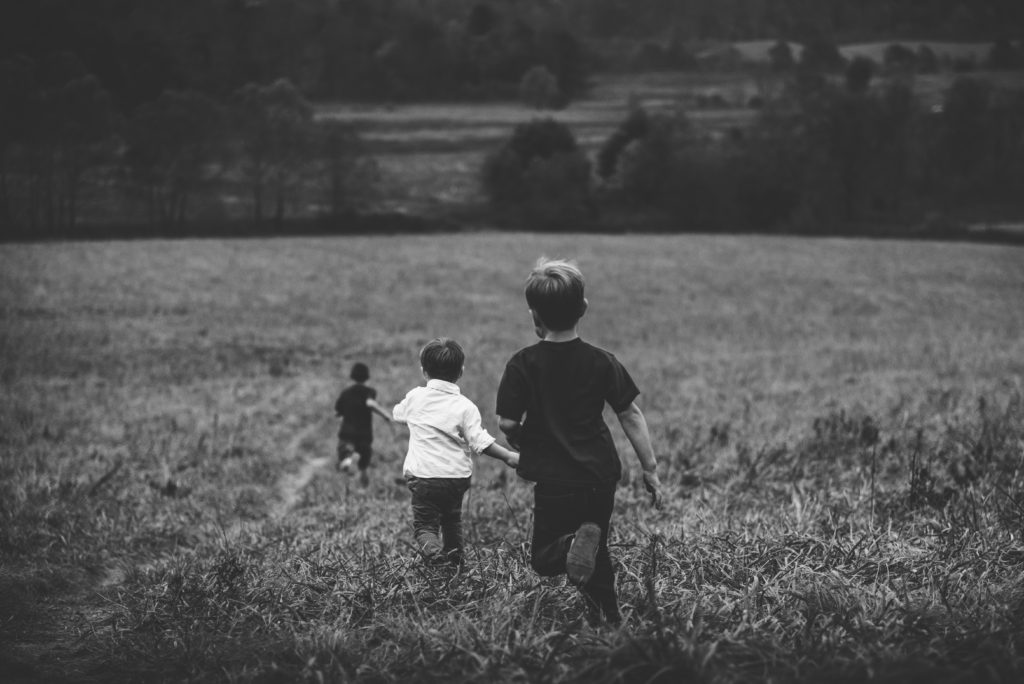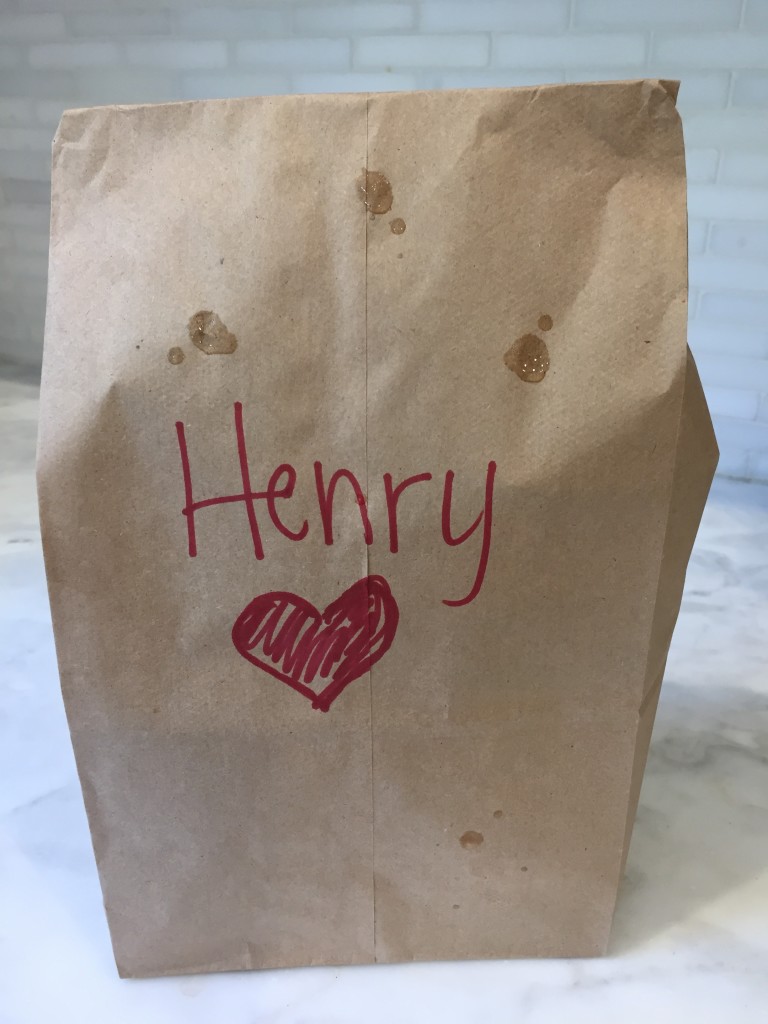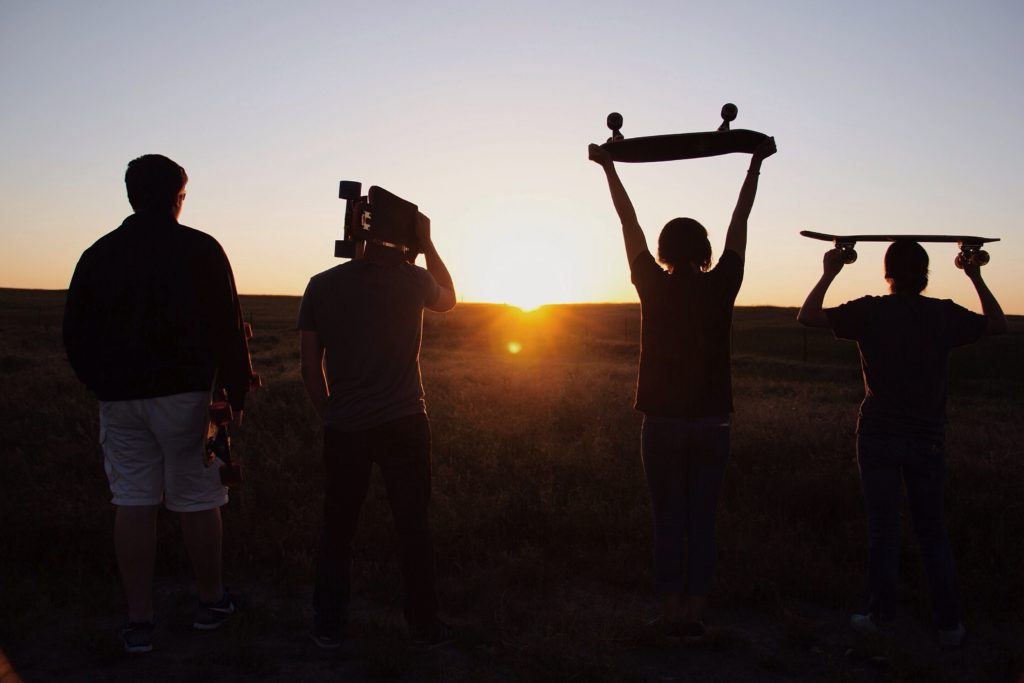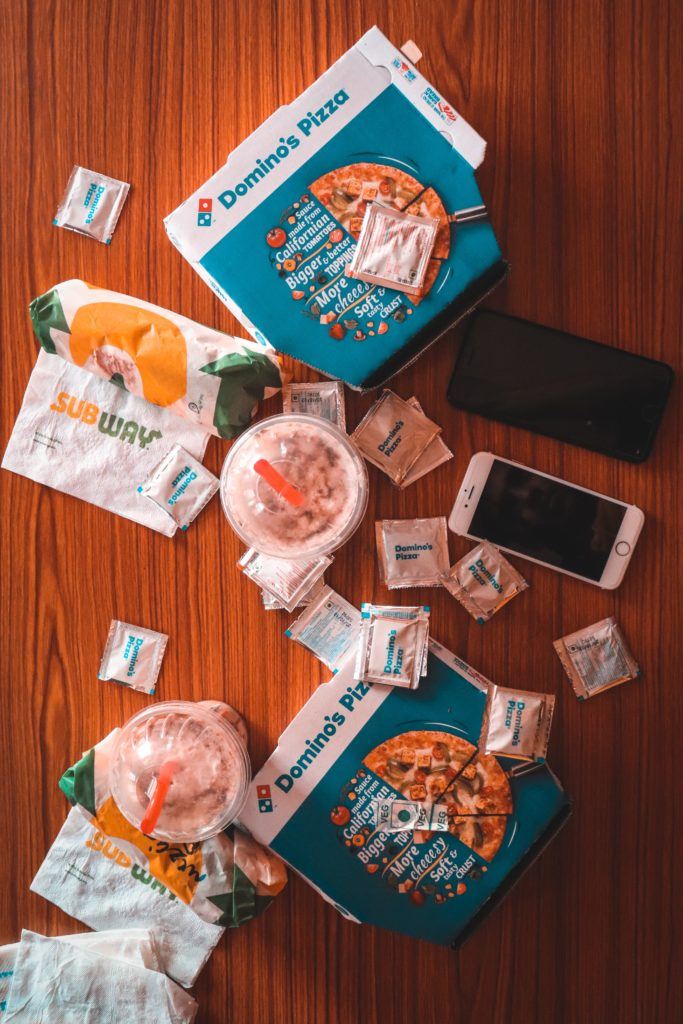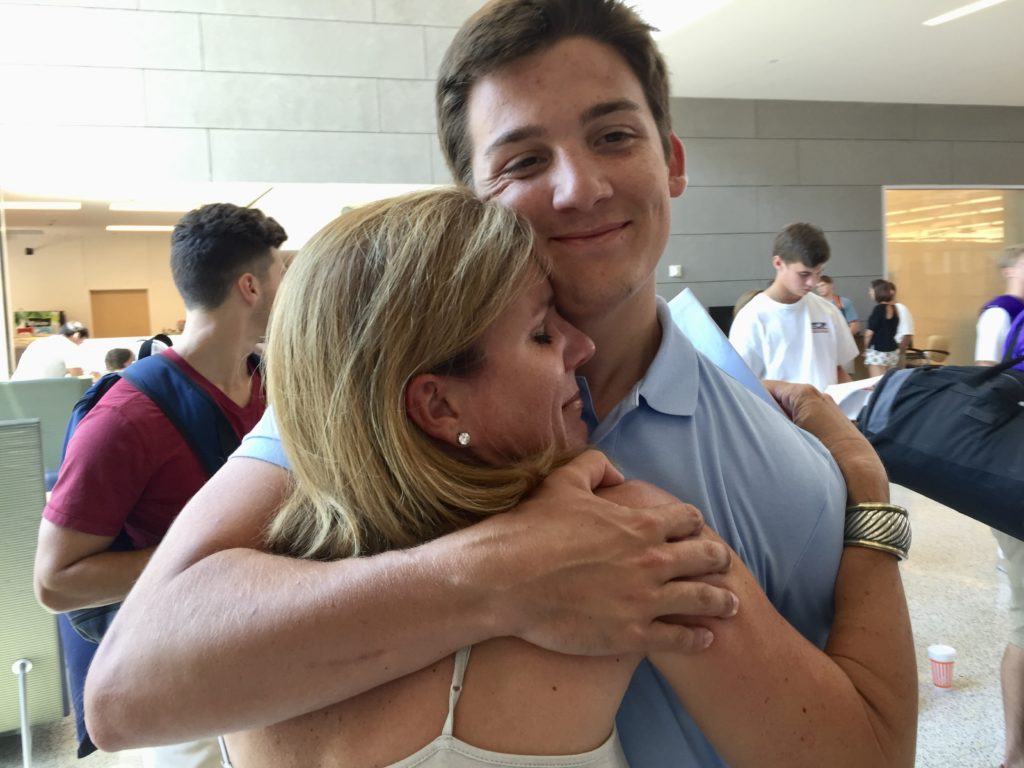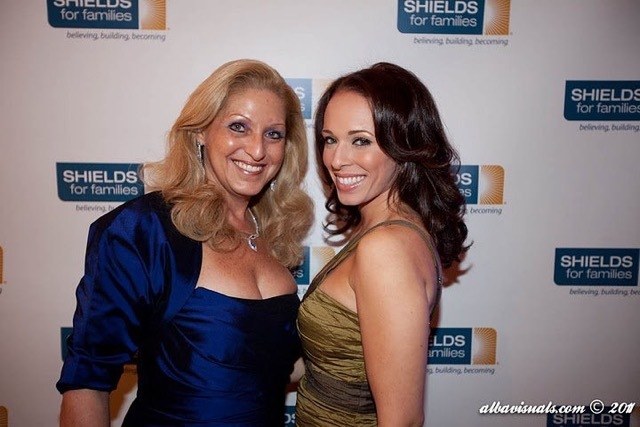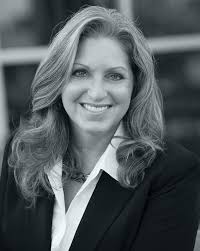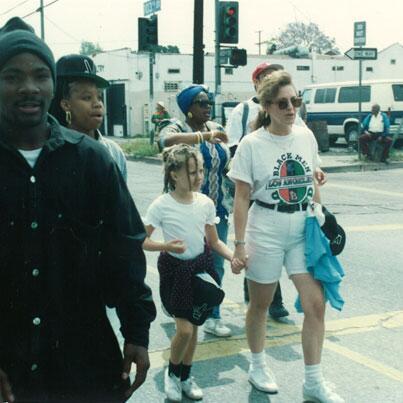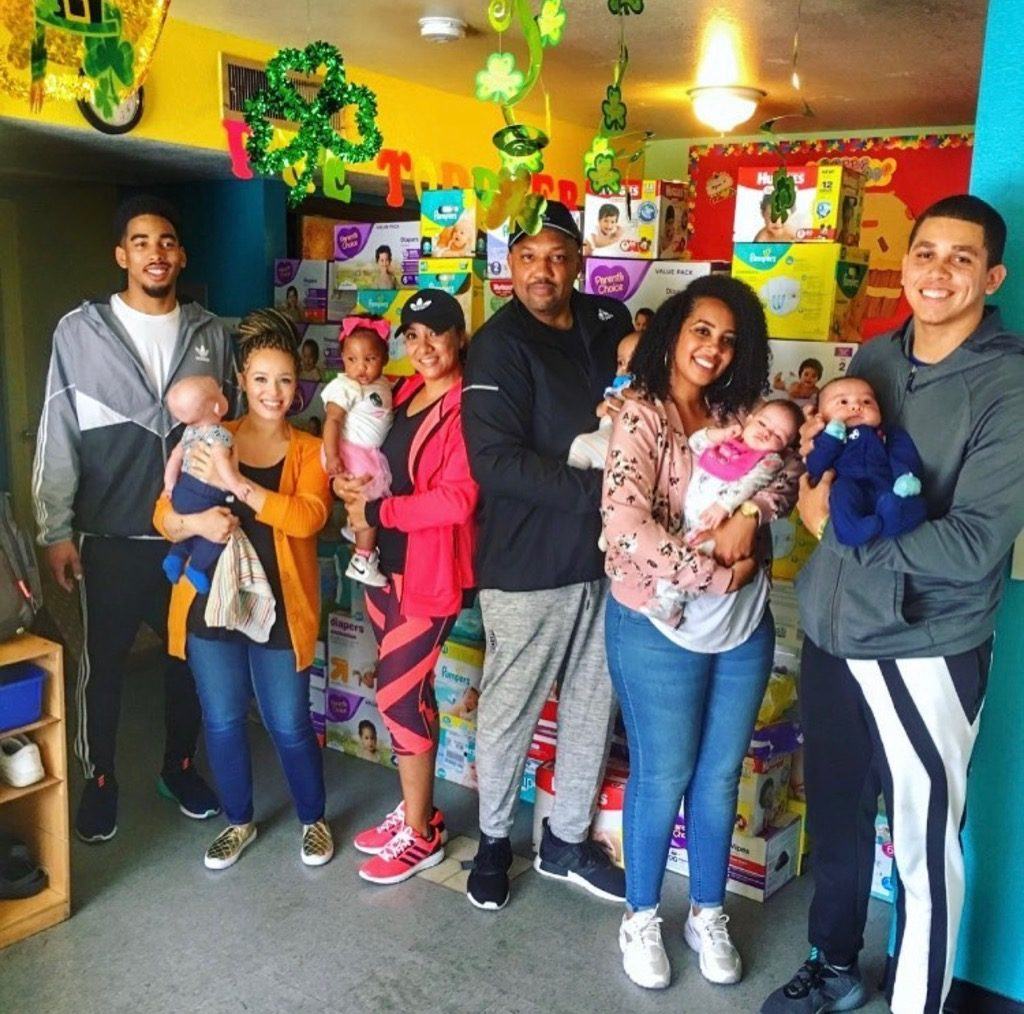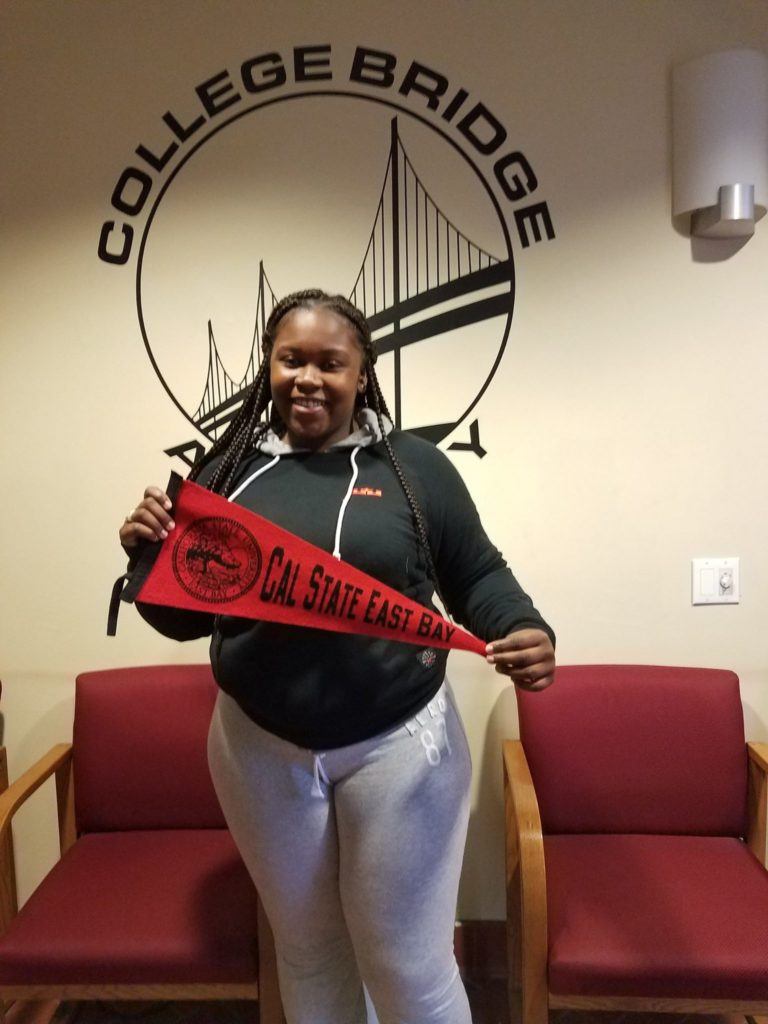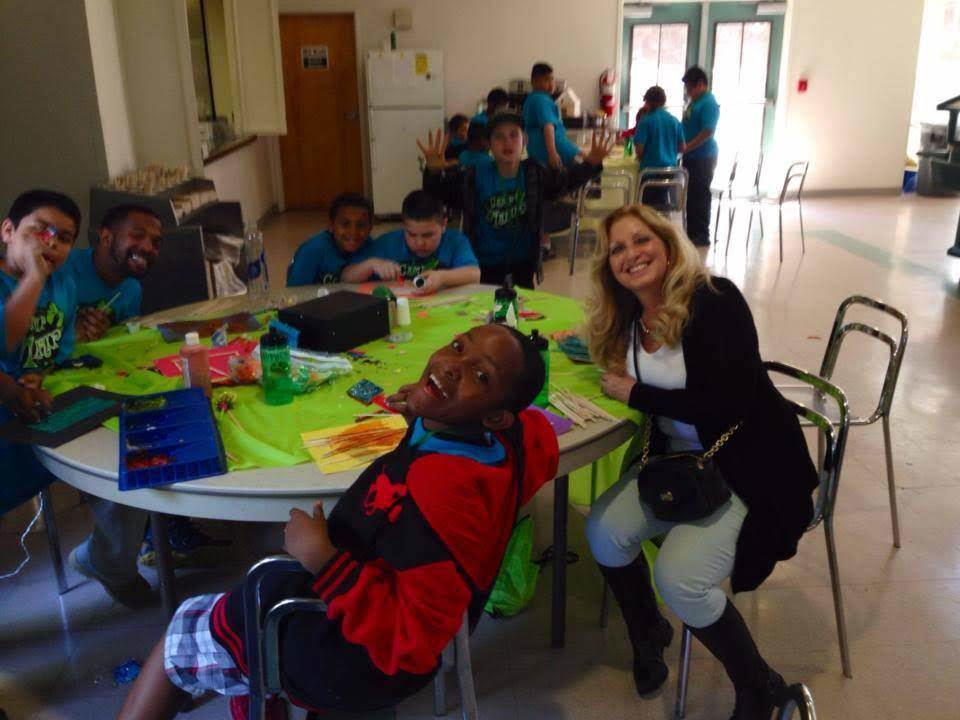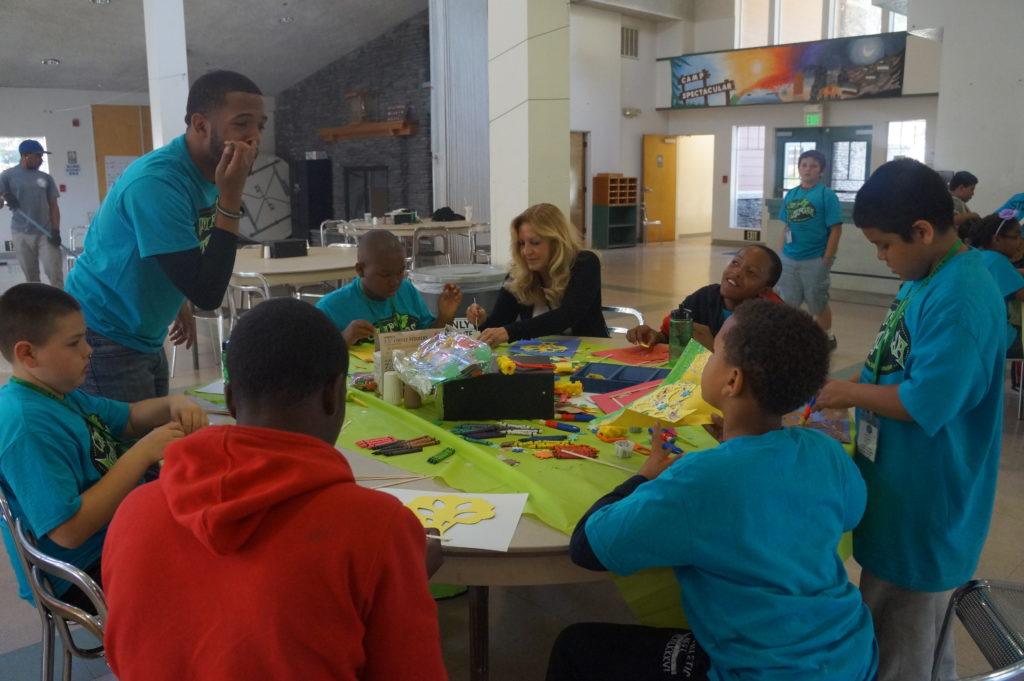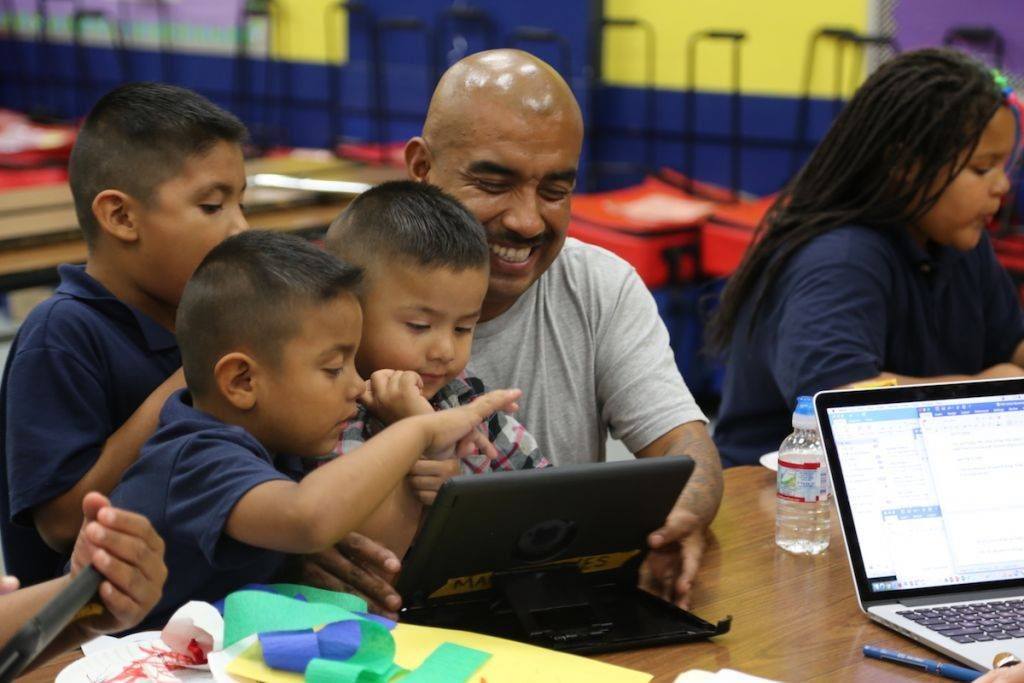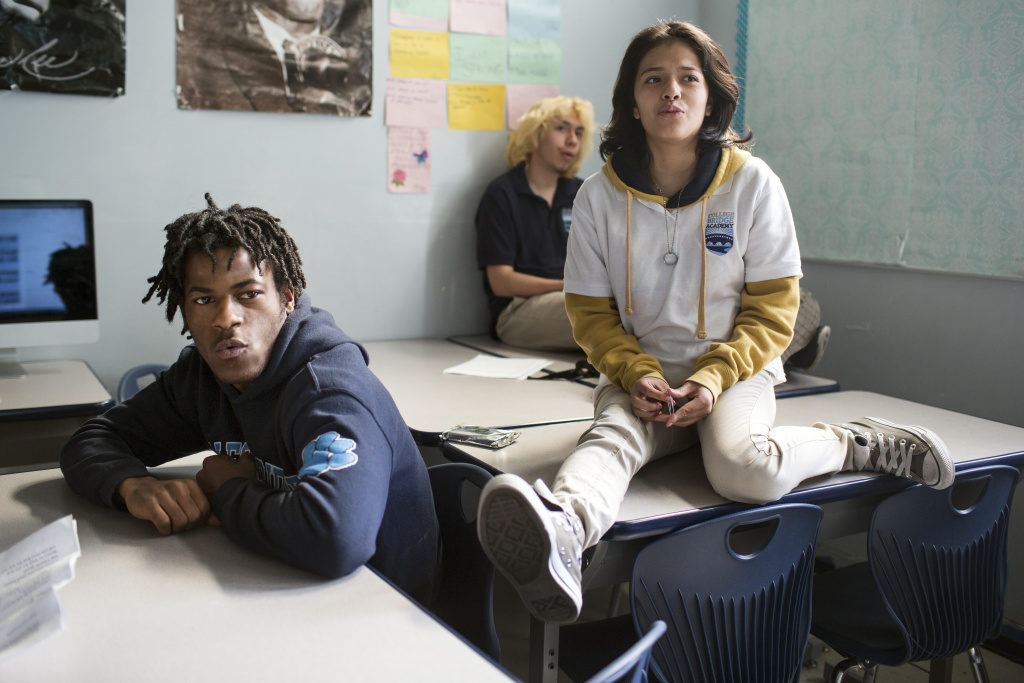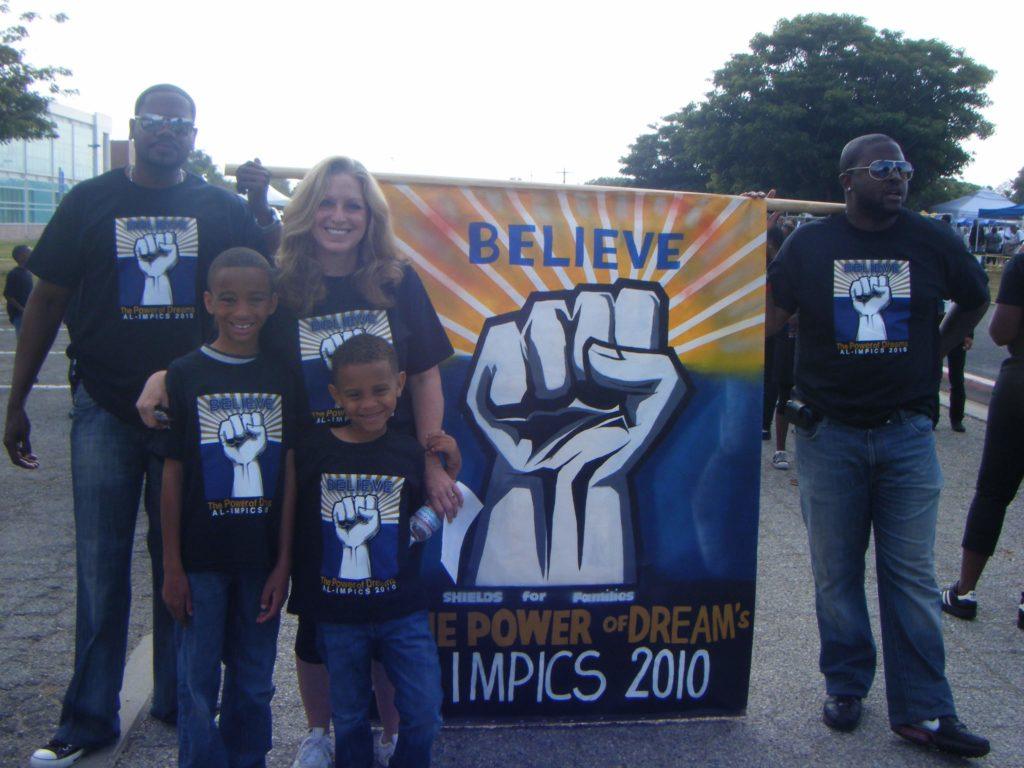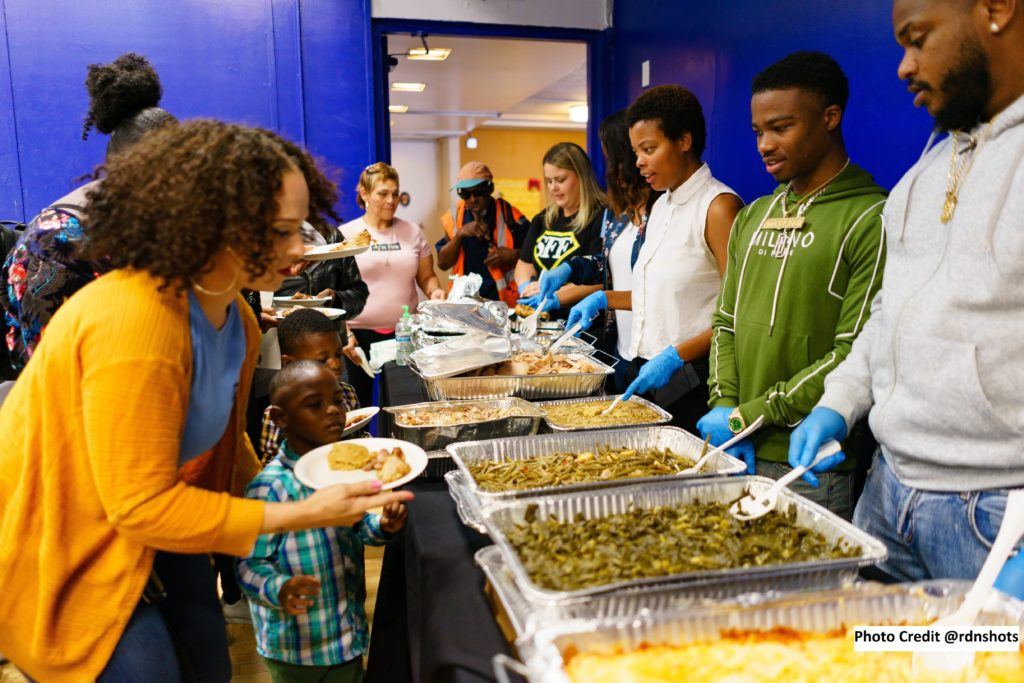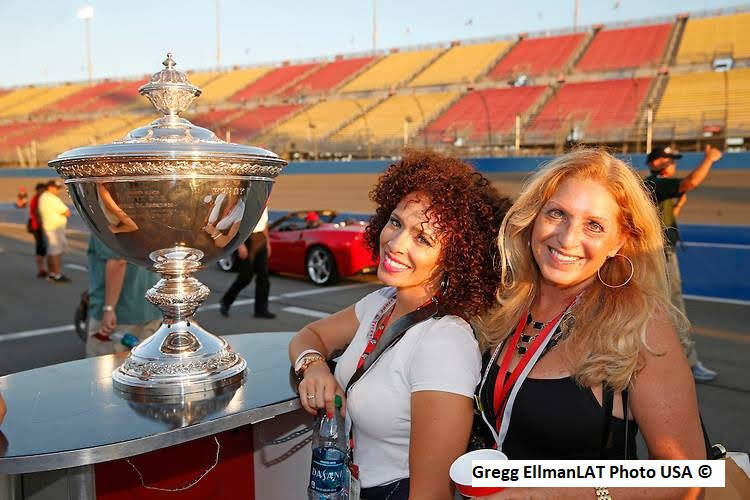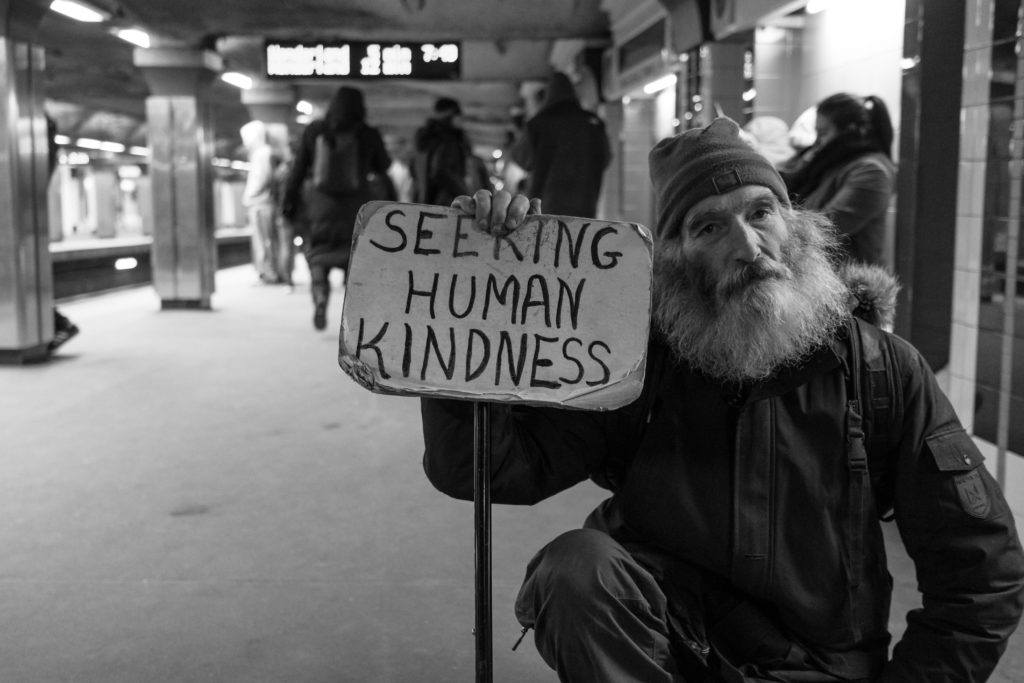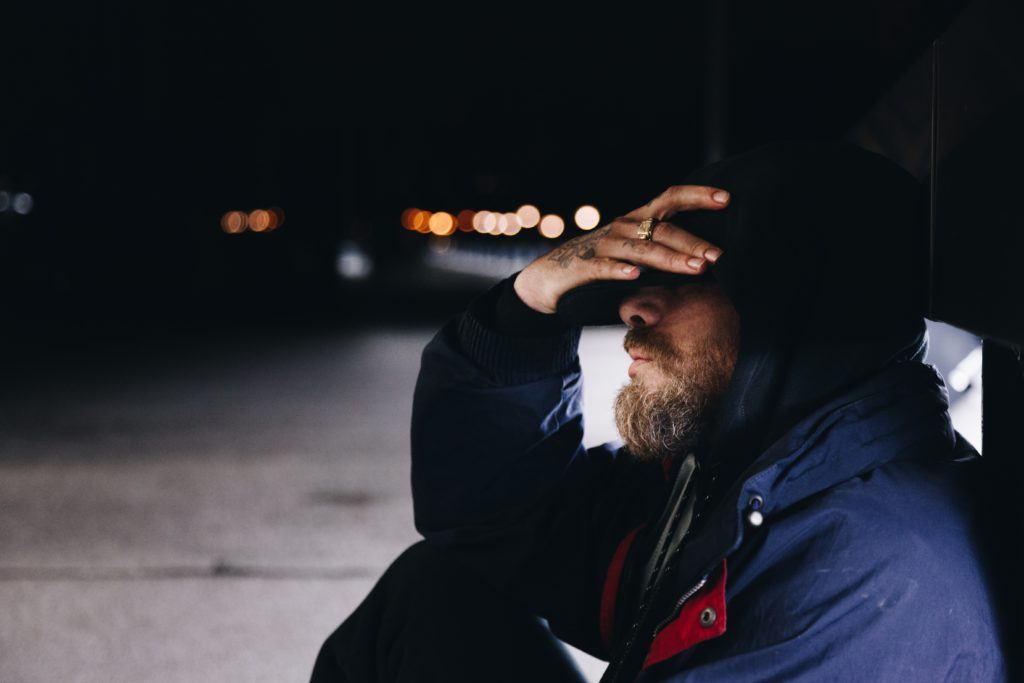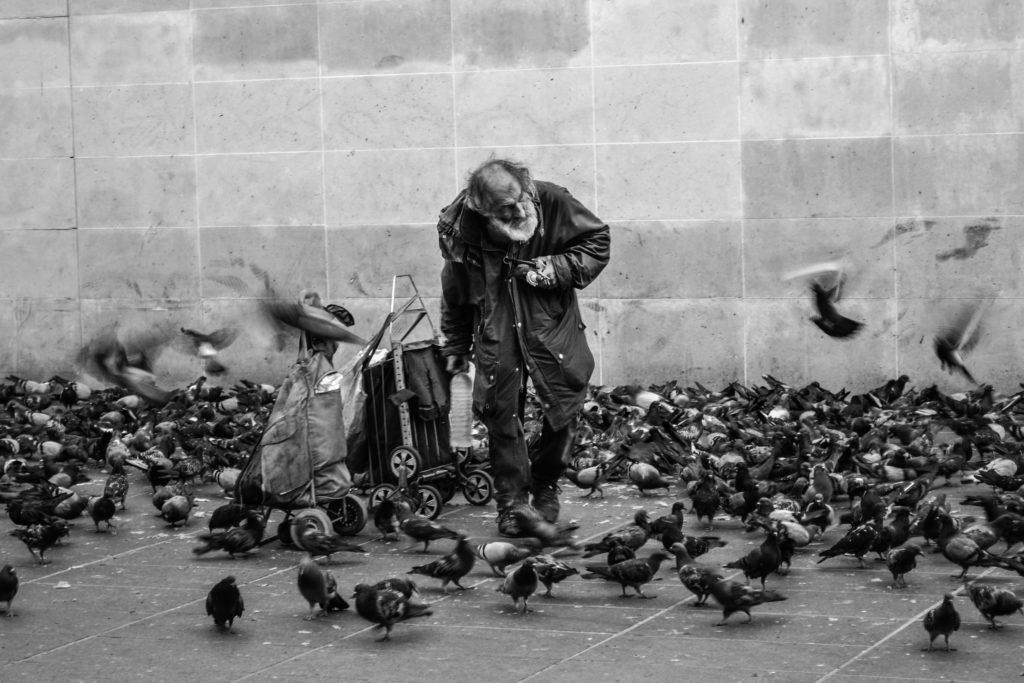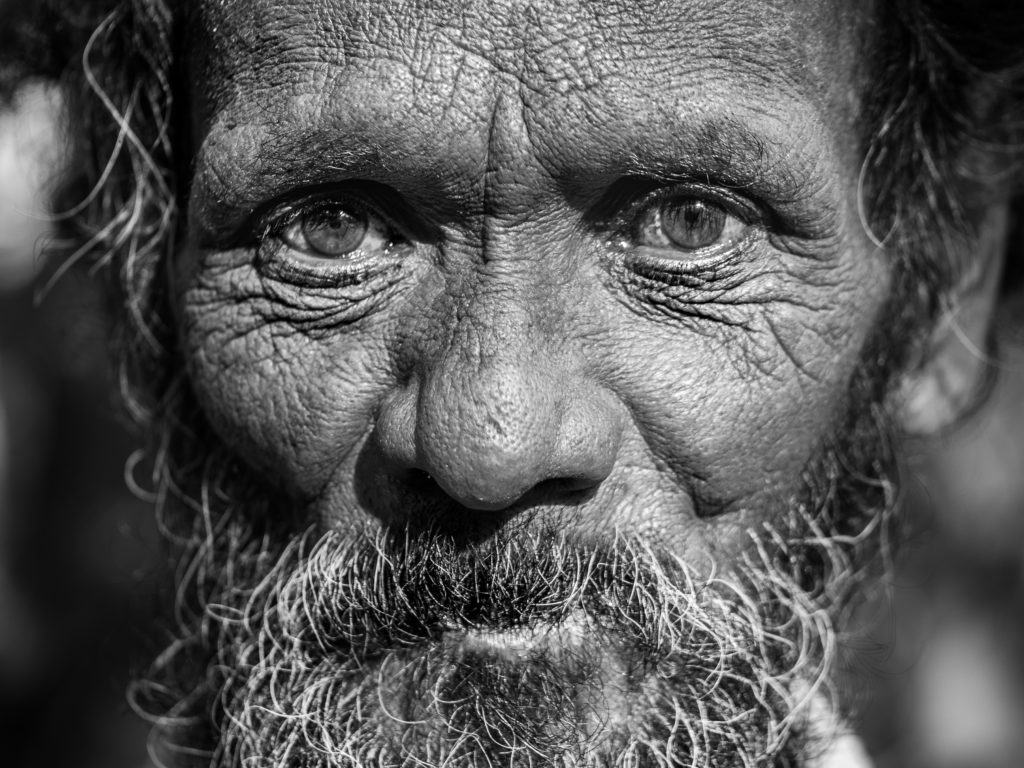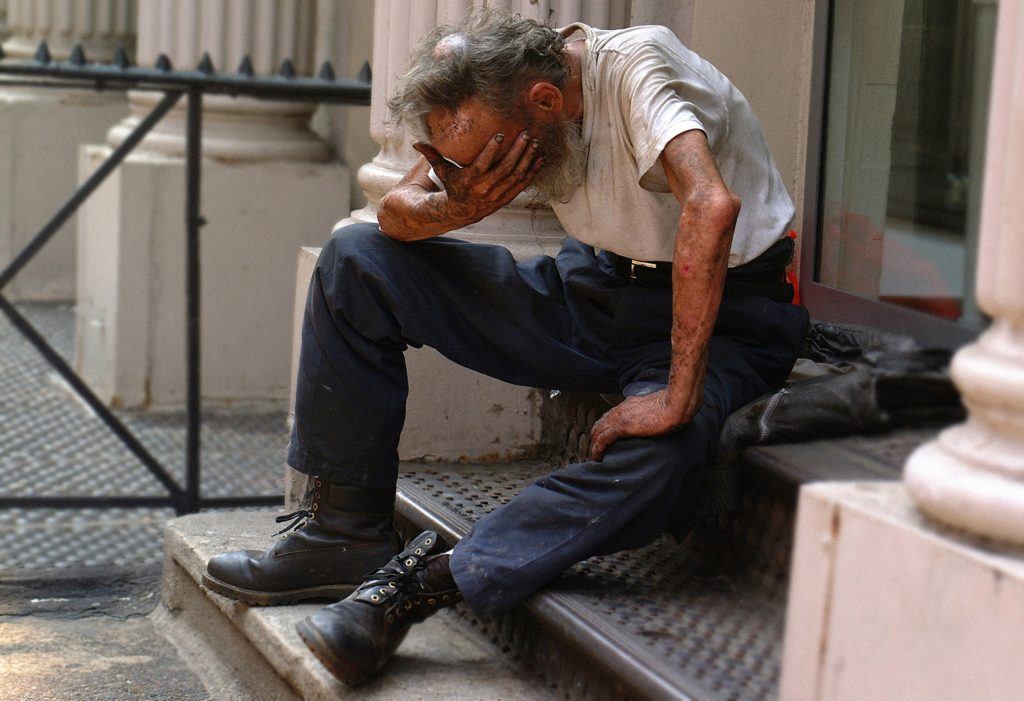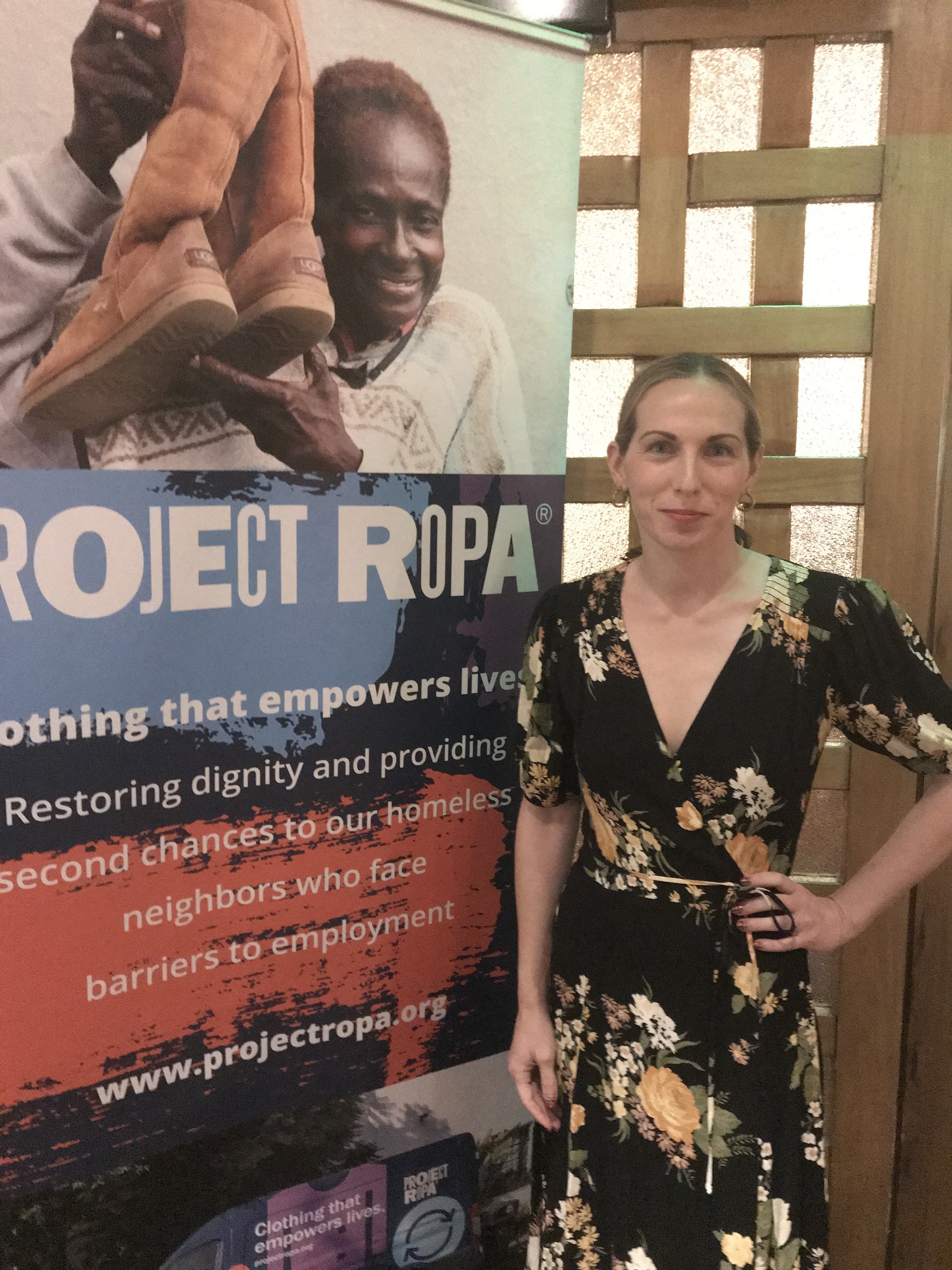
If you live in an urban area, you are aware of our national homeless epidemic. Los Angeles alone has over 66,000 people living on the streets of our city, according to the latest statistics. Nationally, 17 out of every 10,000 people in our country are homeless, according to the nonprofit end homelessness.org. The problem is so overwhelming and huge that most people don’t know where to begin. Everyone except Caitlin Adler that is. Caitlin and I spoke last month about homelessness, COVID, and her incredible work as the founder of Project Ropa.
Charity Matters: Tell us a little about what Project Ropa does?
Caitlin Adler: We started Project Ropa in 2015 to address the challenges that homeless people face in obtaining and keeping clean clothes. Though homelessness is accompanied by many things, one of its greatest indignities comes from the absence of hygiene services.
Most homeless people literally have only the clothes on their backs. Access to clean clothing is essential to the overall well-being of a person and can be the key to opening doors to employment and housing. How you look affects how you feel about yourself and how others treat you. Now, because of the health threats posed by the coronavirus, the need to overcome those challenges has become ever greater.
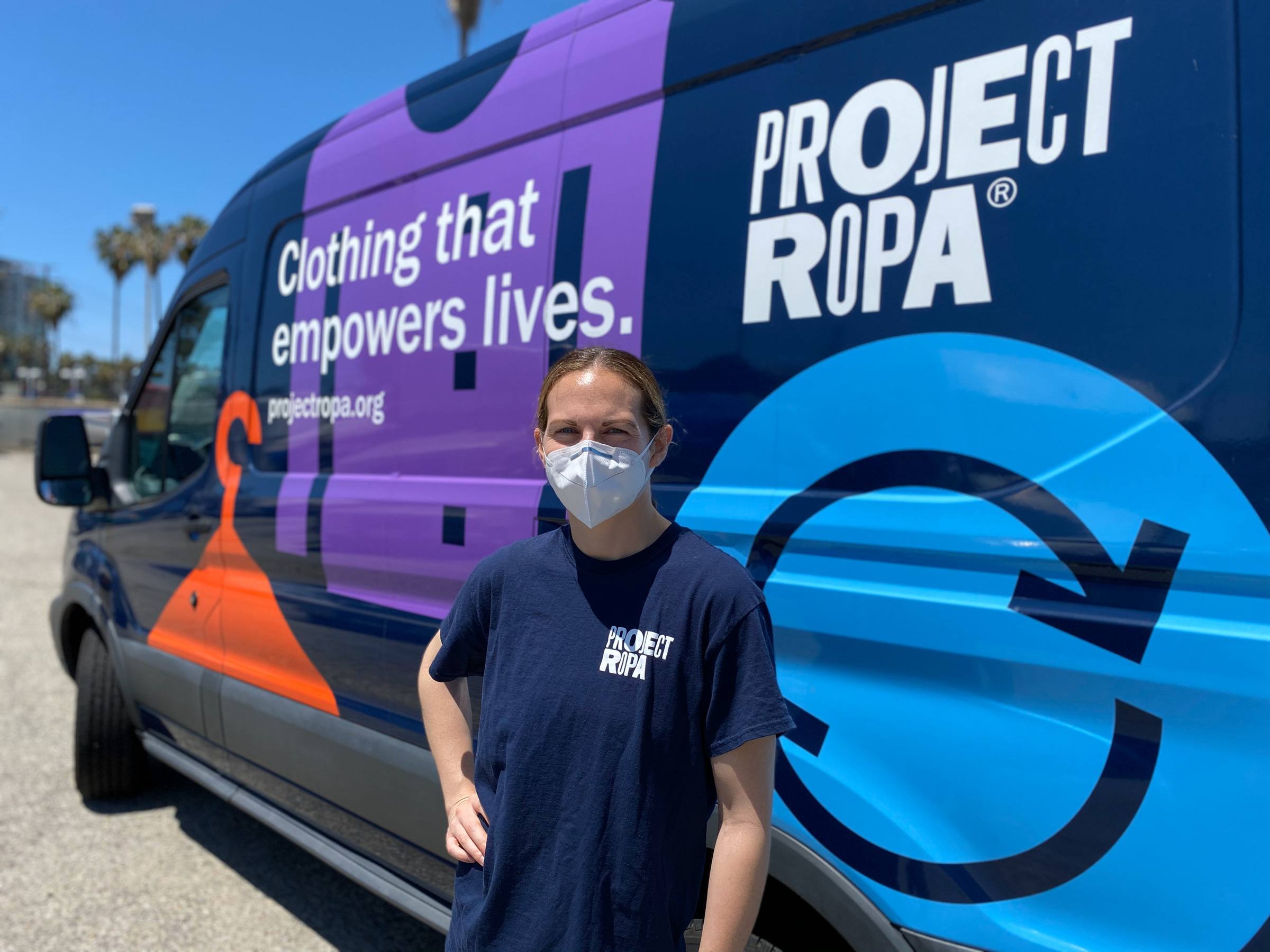
Project Ropa provides a selection of new and gently used high-quality men’s and women’s clothing, shoes, and accessories, along with personal hygiene products (donated by local manufacturers, retailers, and nonprofit partners). Each week we bring the clothing throughout the city in a retrofitted van that acts as a mobile walk-in closet. At the same time, the people we serve can take a shower offered by another service provider, called Lava Mae, that we partner with.
Charity Matters: Did you have a background in philanthropy or nonprofit Prior to Project Ropa?
Caitlin Adler: No, I didn’t have any nonprofit background. My background was in hospitality. I was a pastry chef for 15 years and had a bakery in Boston. When I moved to LA, I was really burned out and began doing restaurant design. I wanted my life to have a purpose and I had a heart for the homeless but really didn’t know how to make an impact.
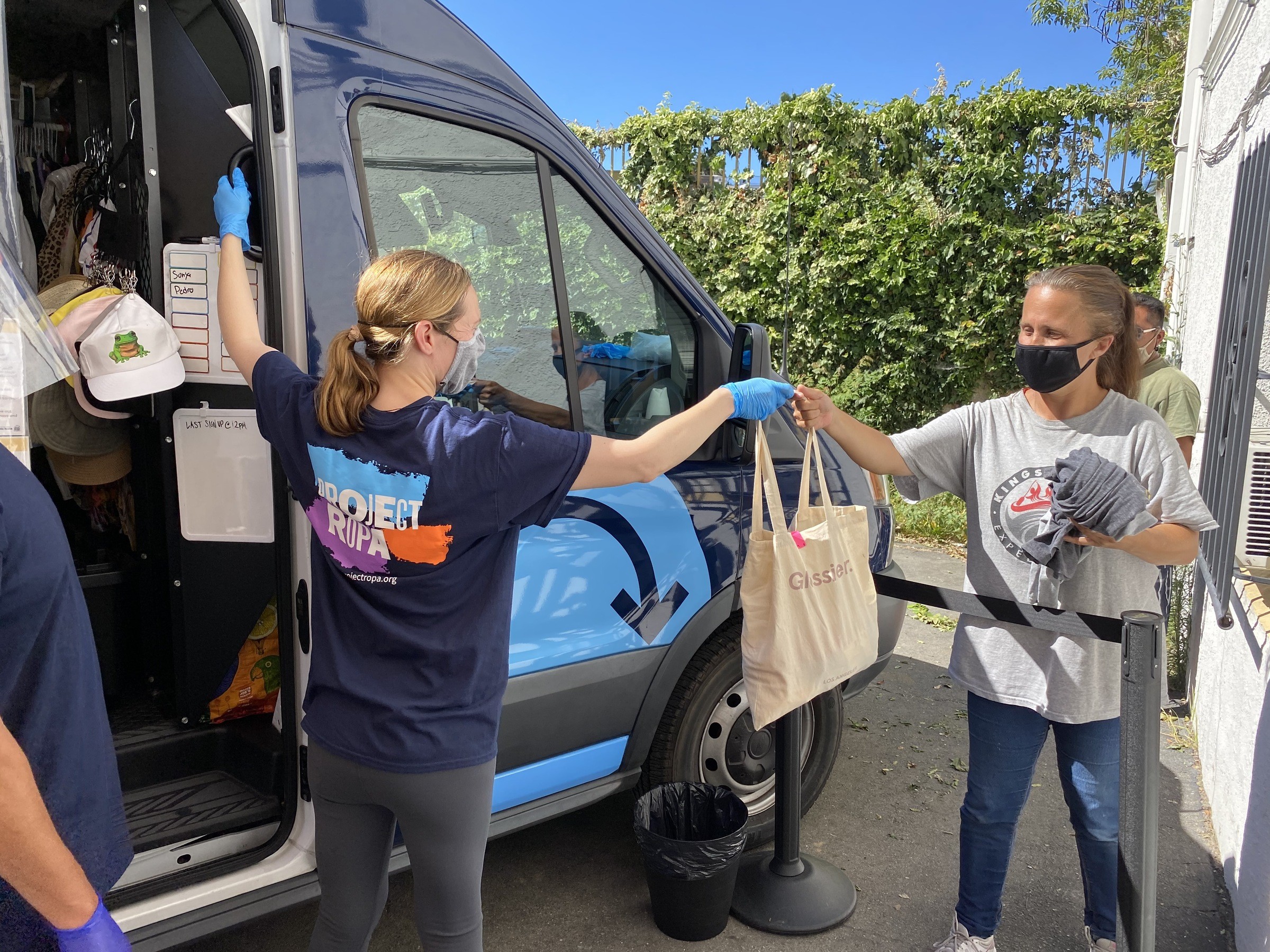
Charity Matters: What was the moment you knew you needed to act and start Project Ropa?
Caitlin Adler: I began volunteering for a nonprofit called Chrysalis, which helps people transition out of homelessness. I helped them sort their clothing donations and quickly realized that they had surplus clothing of some items that they couldn’t use and a shortage of other items. I began to help them redistributing the clothing between six other nonprofit partners.
After talking to other charities it became clear that there was a gap in the system. In 2015, I started Project Ropa by redistributing unwanted donations from local charities with the goal of using the remaining clothes to one day stock a mobile pop-up shop for people experiencing homelessness in Los Angeles. Since 2016, we have taken the concept to the streets. Clean clothes and access to personal hygiene products significantly impact a person’s economic well-being, physical health, and emotional resilience. We received our 501c3 in 2017.
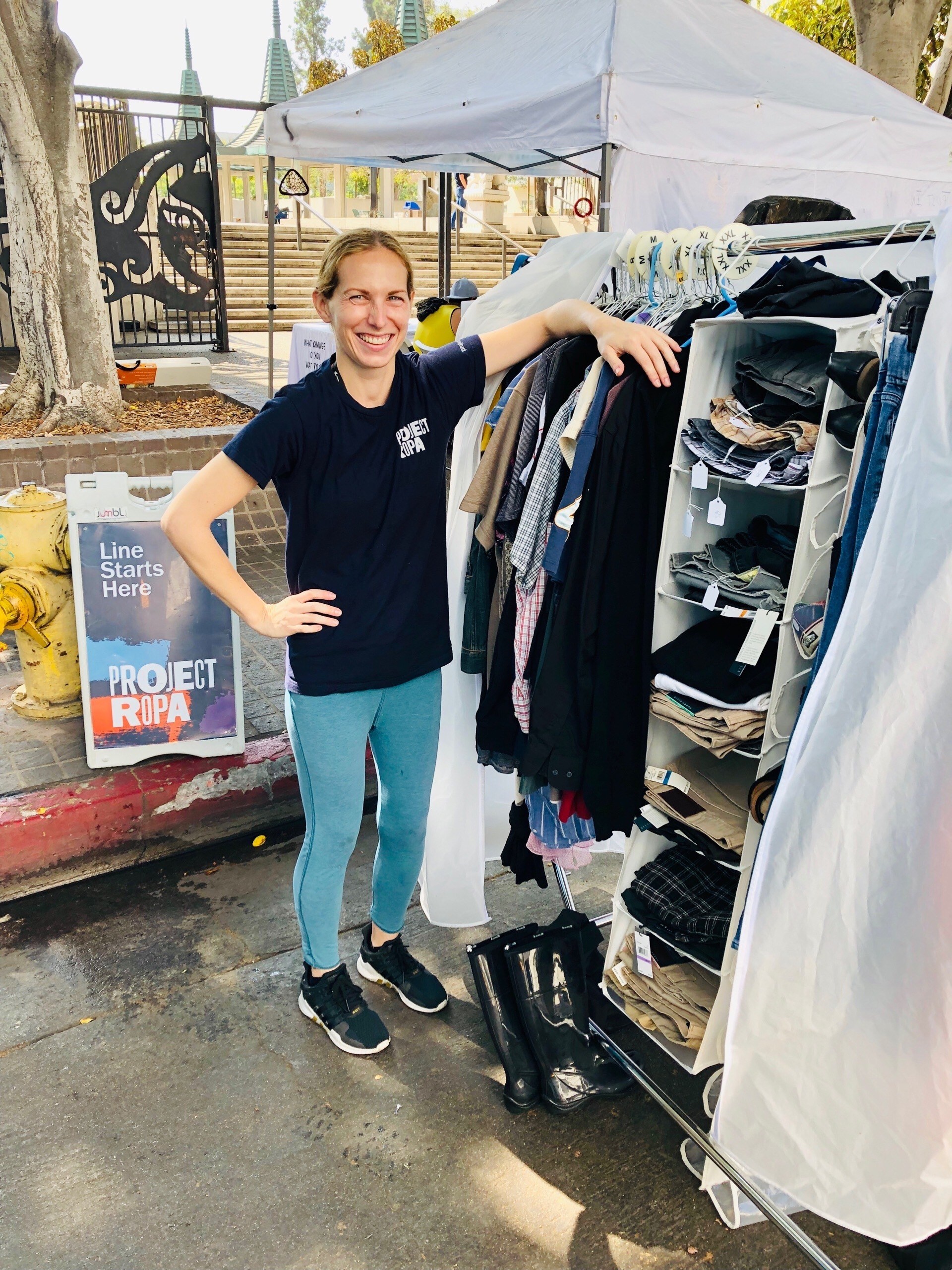
Charity Matters: What are your biggest challenges?
Caitlin Adler: We have a few challenges. Currently, with COVID we are the only organization that is handling clothing. The lack of education from other nonprofits on clothing distribution has been challenging. Maintaining good relationships with the city and county can be hard.
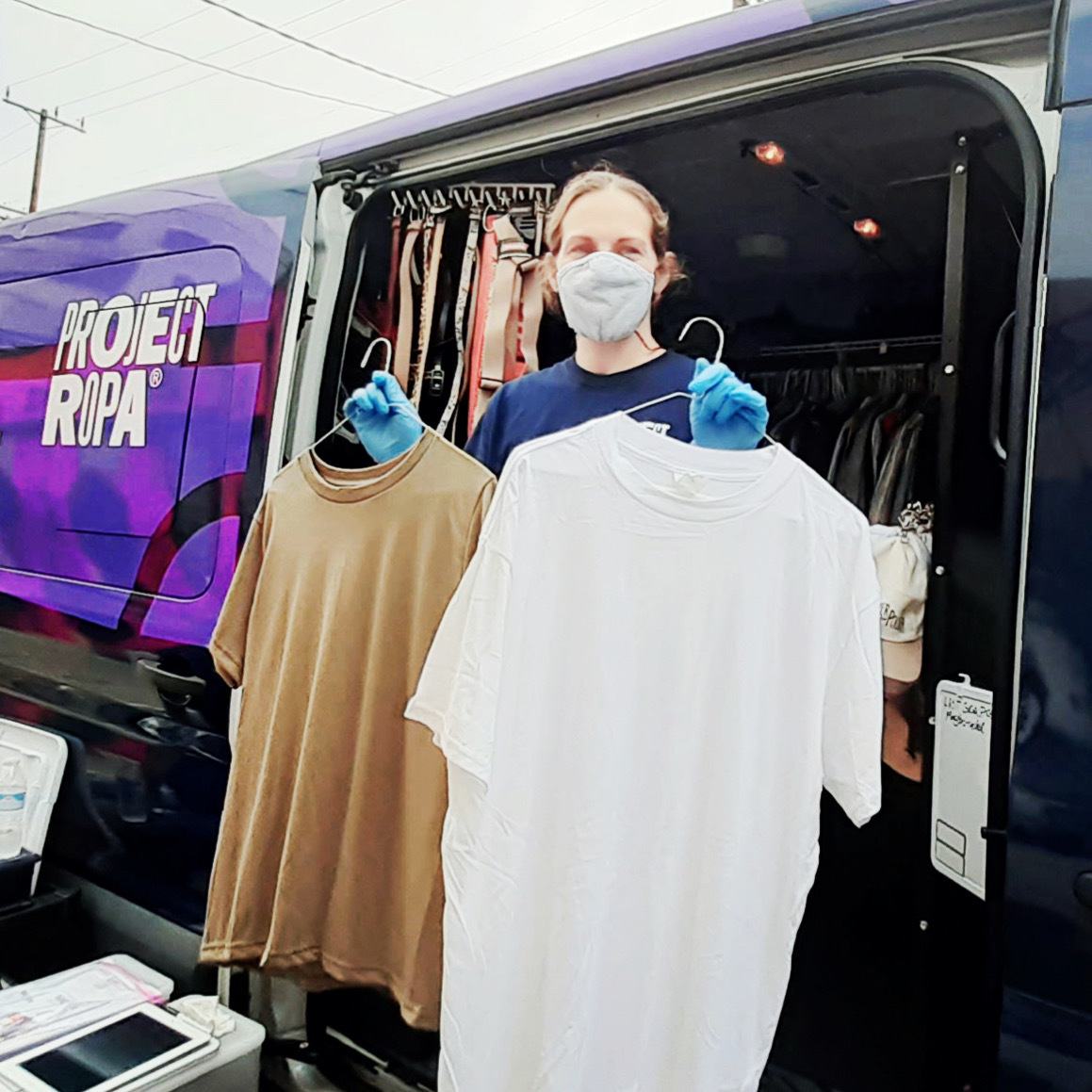
Charity Matters: What fuels you to keep doing this work?
Caitlin Adler: At the end of the day, when you know that someone who is homeless can get a job because you have provided them access to a shower and given them something to wear. It is a great feeling. Once our clients get jobs they need to come back for more than one thing to wear to work but to stay employed.
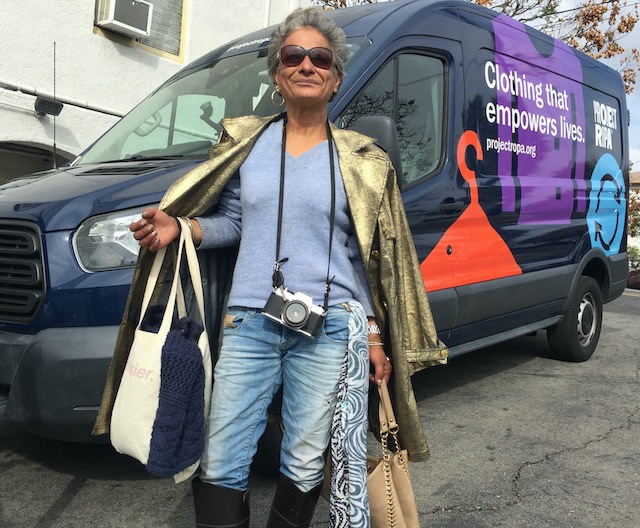
Charity Matters: When do you know you have made a difference?
Caitlin Adler: We had a gentleman come in recently and he literally was in tattered rags and had maggots on him. He had a shower and we gave him new clothes, new shoes, a face mask, gloves and he felt and acted like a new person. He had dignity and a smile. Those are the moments when I know we have made a difference.
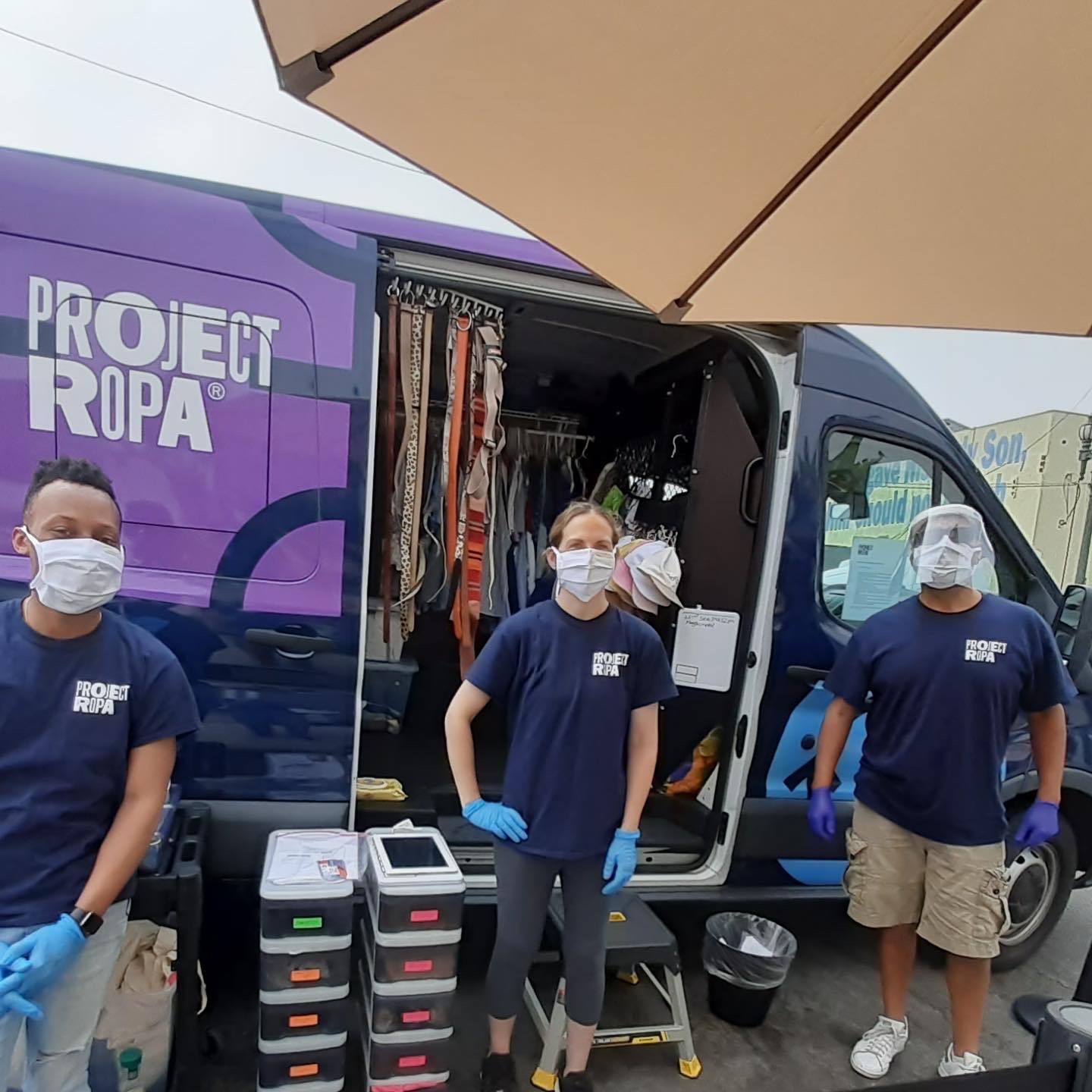
Charity Matters: Tell us what success and impact you have had?
Caitlin Adler: Since we started we have clothed over 30,000 people. All of that clothing was 84,000 pounds of clothing that did not go into a landfill. I think our biggest impact is the job that clothing helps people get. We have directly provided clothing for more than 800 people for job interviews. Once our clients have a shower, clean new clothes, and shoes, and dignity they are ready to get a job. When they come back for more clean clothes to wear to work that is a huge impact.
The other impact is basic hygiene such as tampons and clean underwear that we provide. These small items make a huge impact on someone’s life.
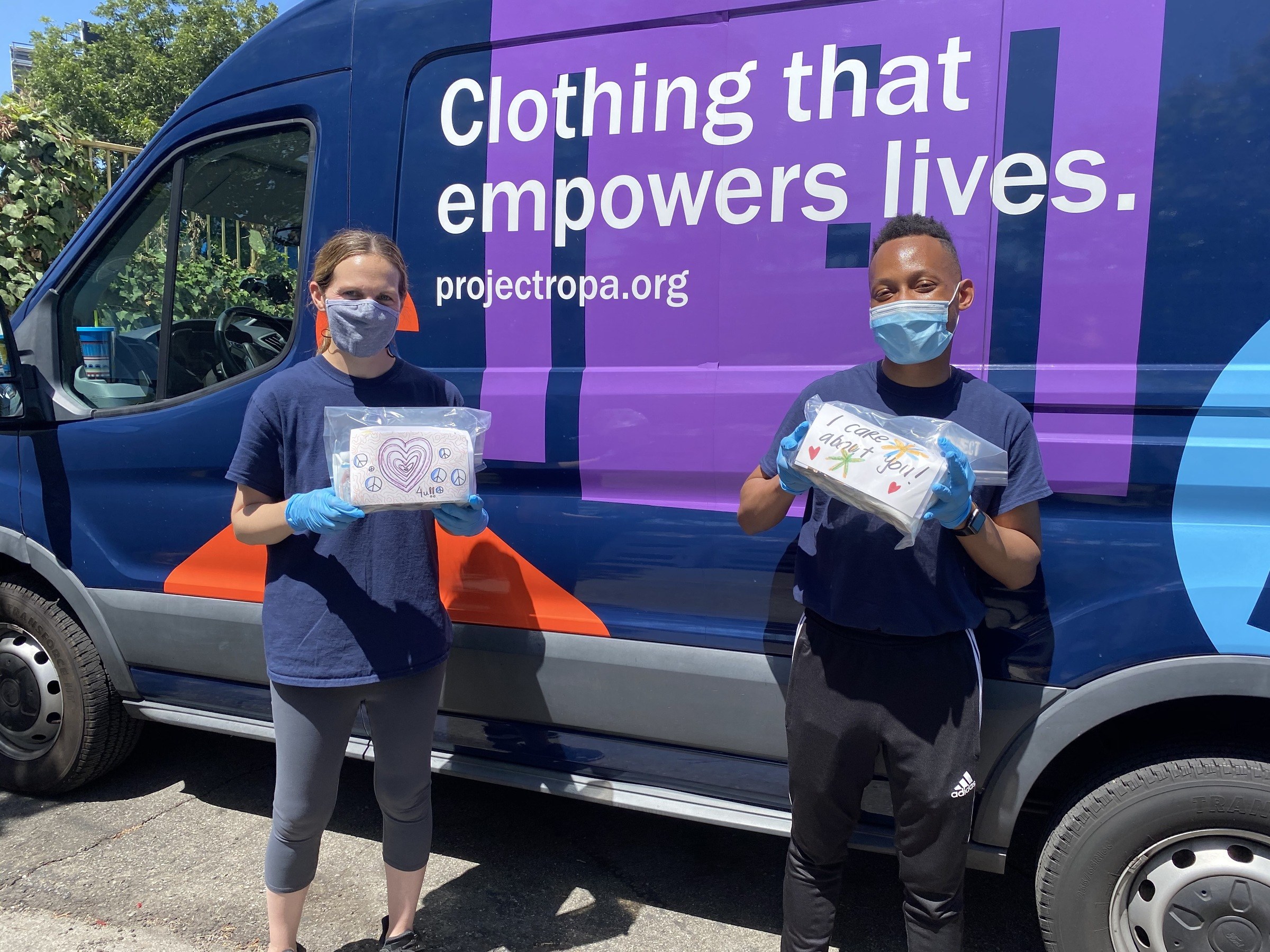
Charity Matters: If you could dream any dream for your organization, what would that be?
Caitlin Adler: I think if we could continue to franchise our model in other areas and build in a way that incorporates social enterprise. We would love to continue recycling as part of our model as well.
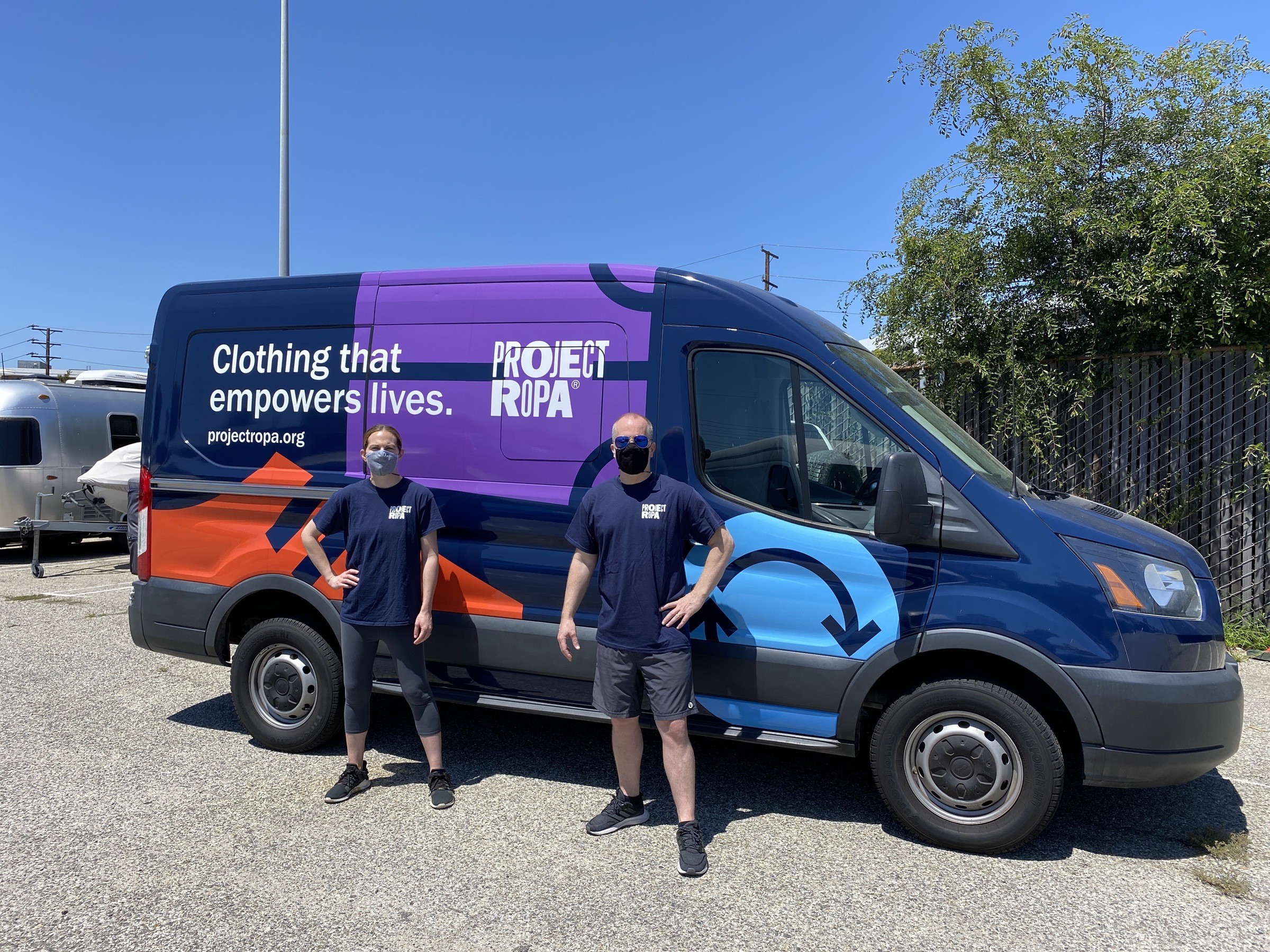
Charity Matters: What life lessons have you learned from this experience?
Caitlin Adler: I came into this experience naive and trusting looking out for the good of the community. I originally did this by myself and partnered with twelve other organizations. Over time I have learned so much more about the multiple facets of homelessness.
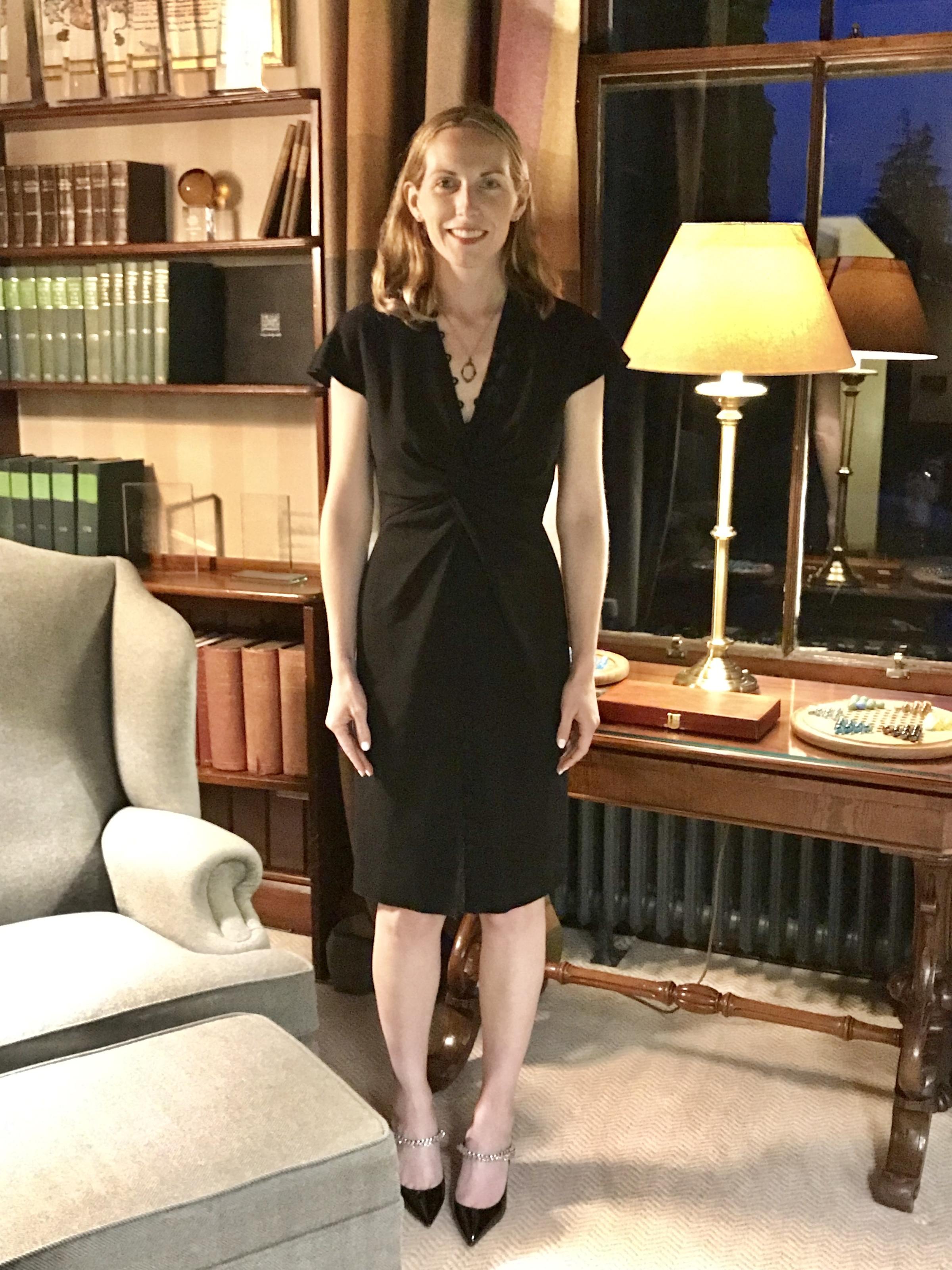
How has this journey changed you?
Caitlin Adler: I used to be so afraid of the homeless because I didn’t have any personal interaction. When you know people by name and care for them you learn understanding and compassion and we all need more of that.
CHARITY MATTERS.
YOUR REFERRAL IS THE GREATEST COMPLIMENT, IF YOU ARE SO MOVED OR INSPIRED, WE WOULD LOVE YOU TO SHARE AND INSPIRE ANOTHER.
Copyright © 2020 Charity Matters. This article may not be reproduced without explicit written permission; if you are not reading this in your newsreader, the site you are viewing is illegally infringing our copyright. We would be grateful if you contact us.

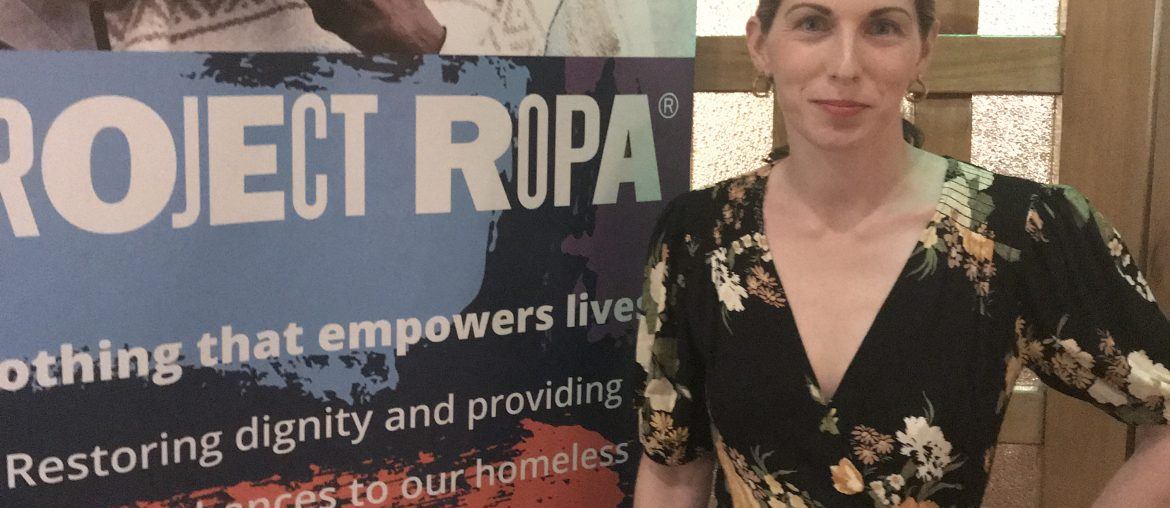
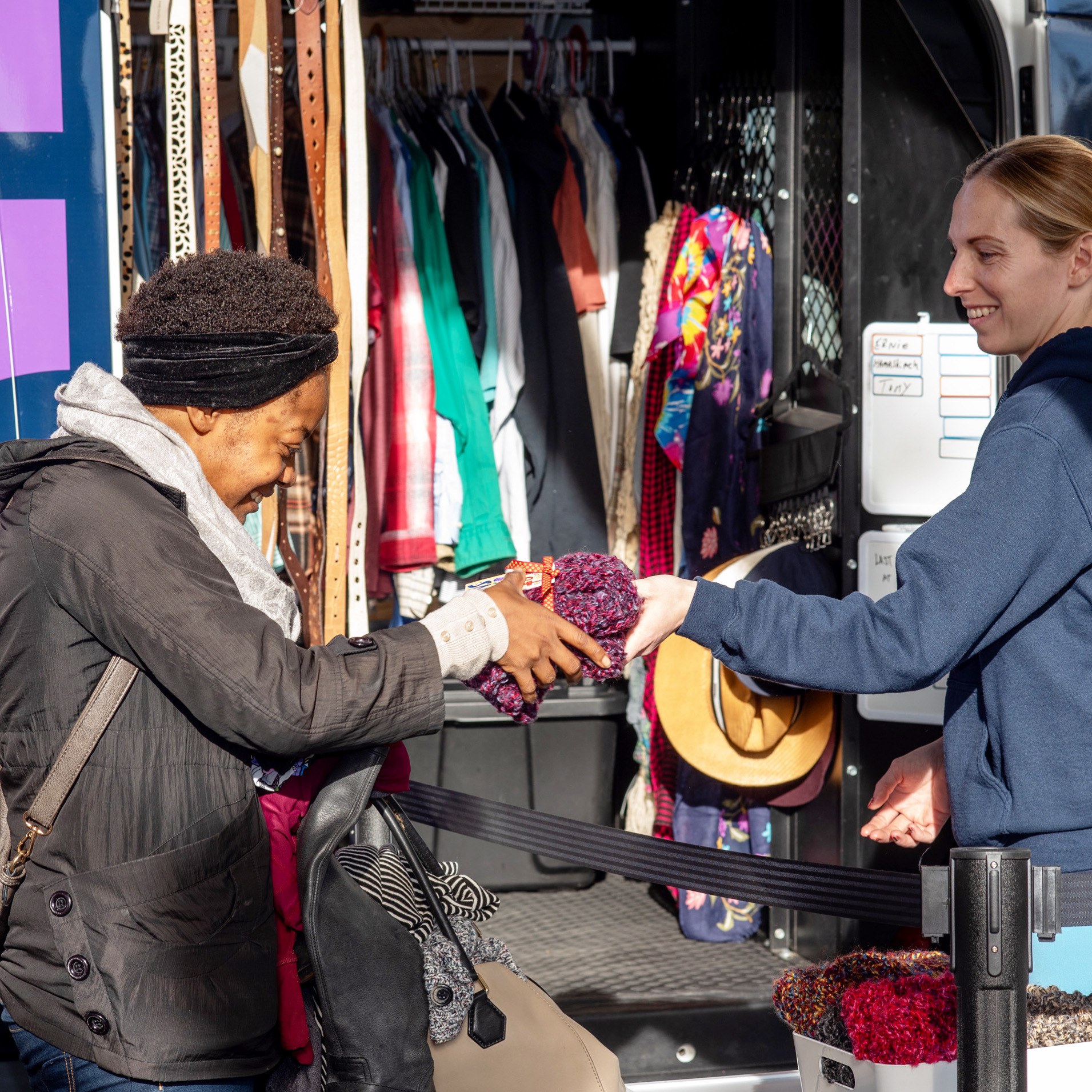
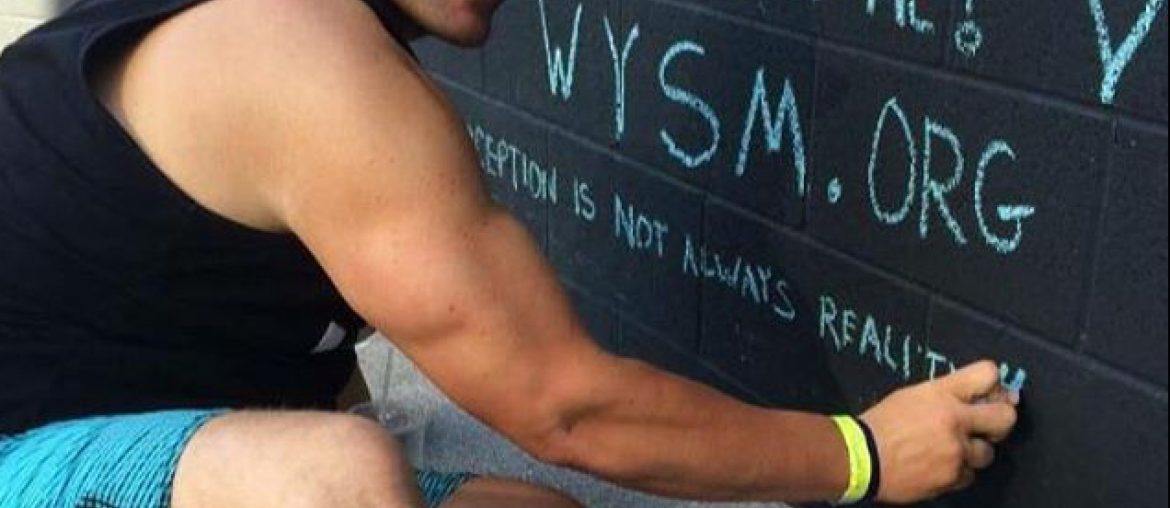
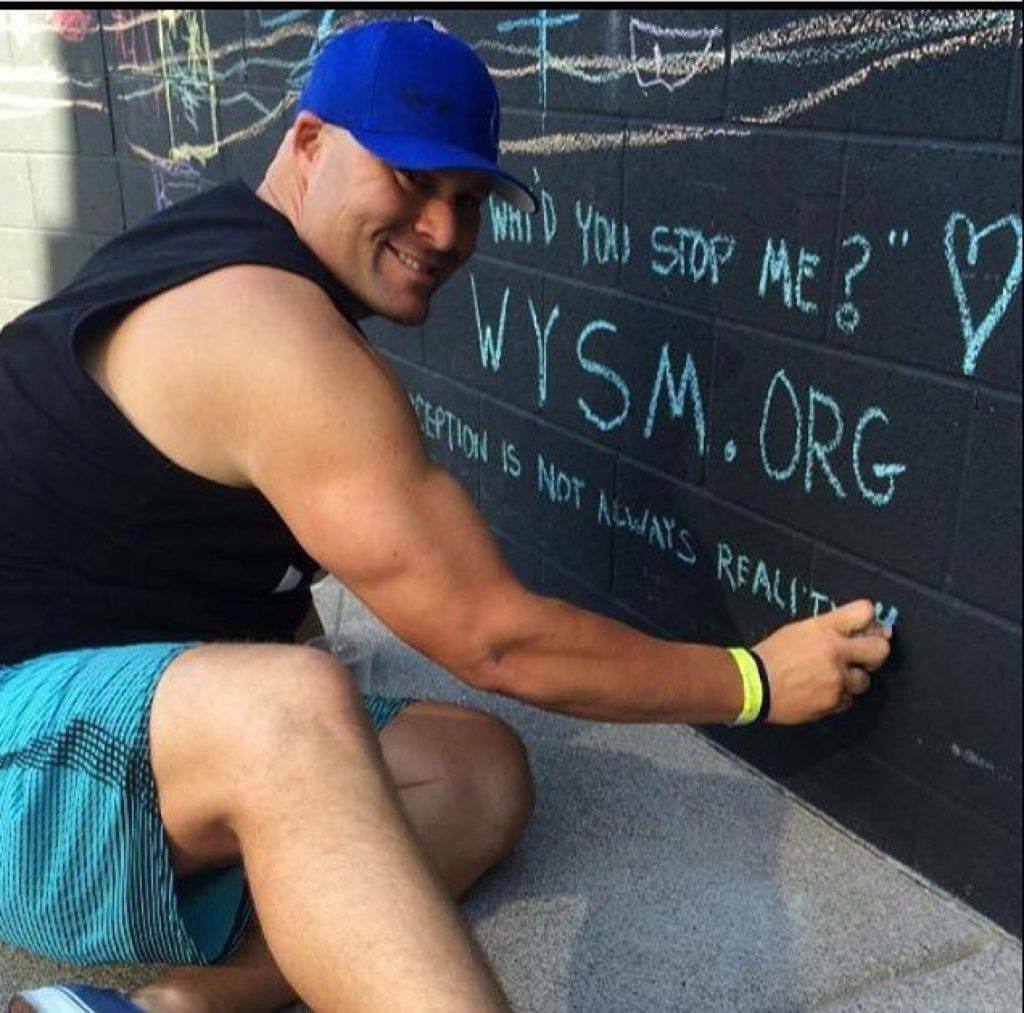
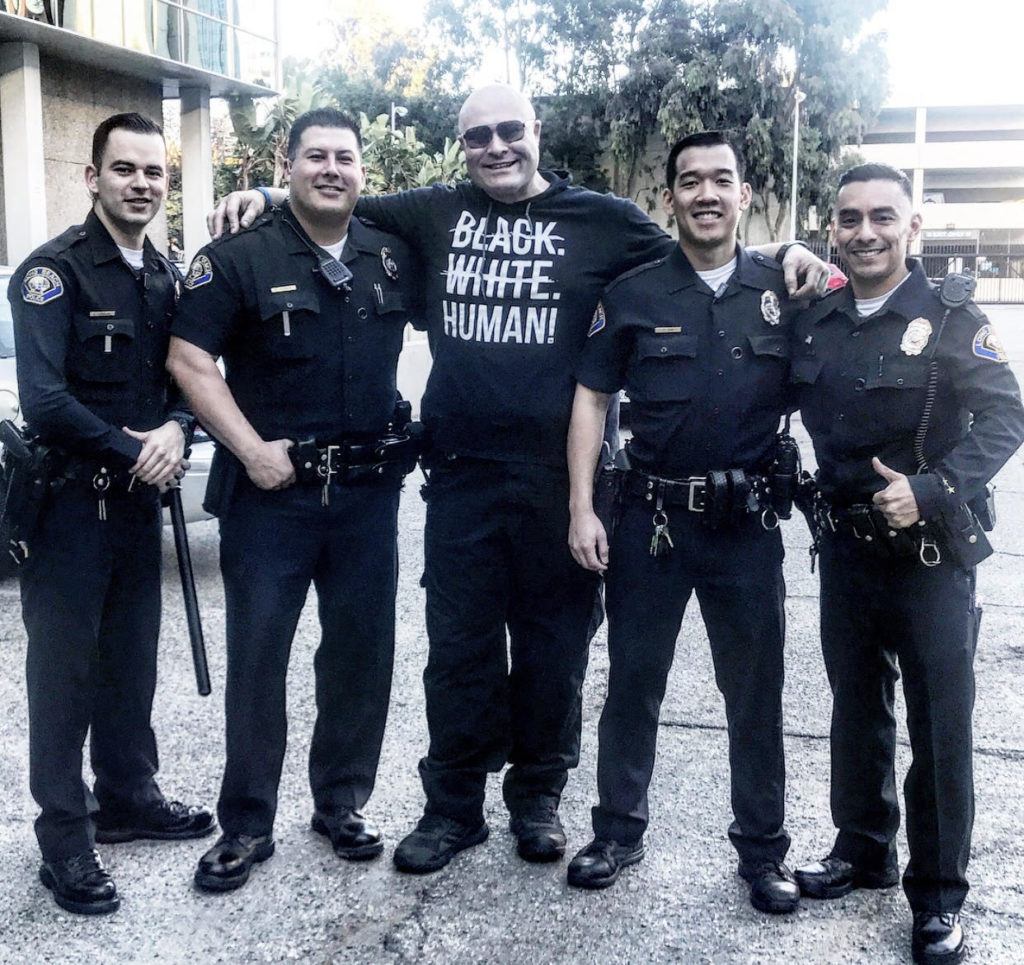
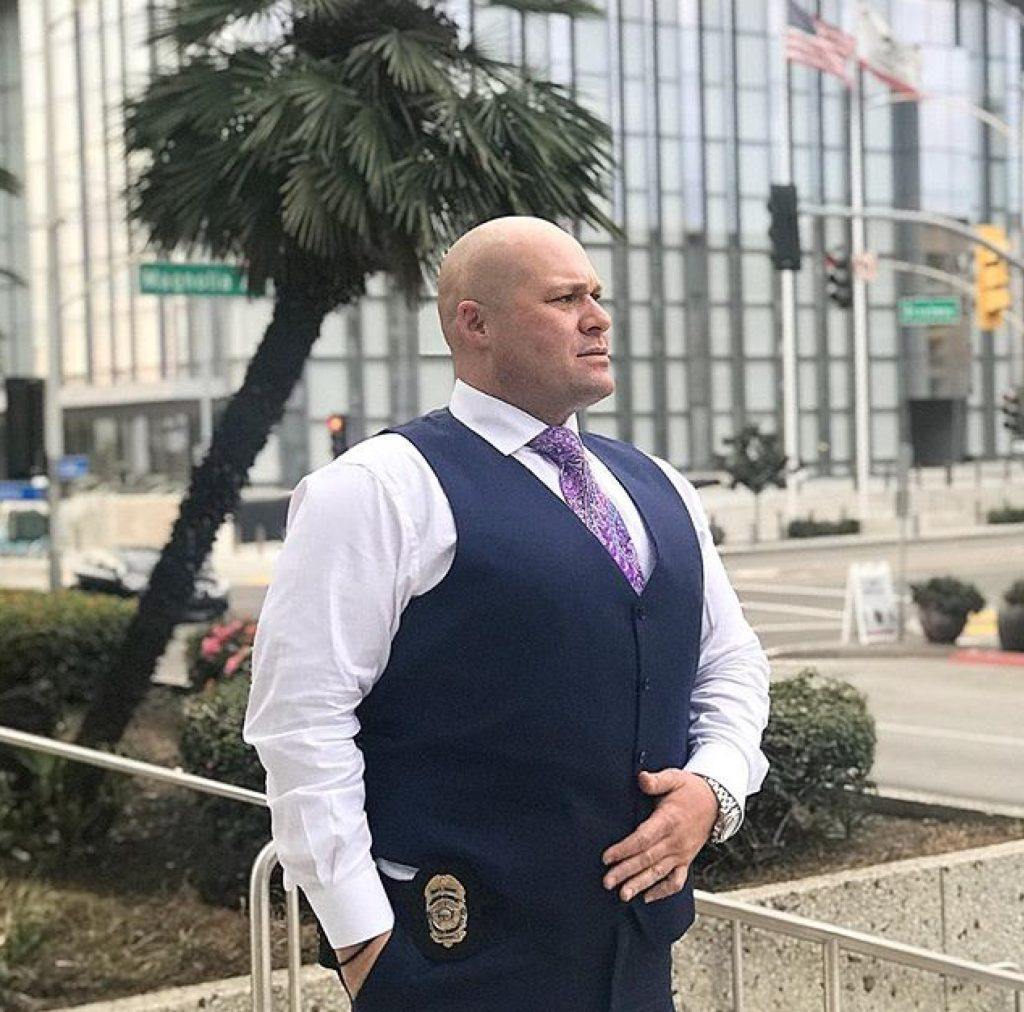 At the end of it, I was found to have used the force necessary in the situation and my name was cleared, but that didn’t completely help. I spent two years seeing psychologists, dealing with family issues, and trying to figure out how or why all of this was happening. I was found to have done the right thing and been fit of mind but this justifiable homicide was a horrible situation for me. That was my first AH-Ha moment. In December 2011, some informants tipped us off that there was going to be a gang hit on my life. It turns out that the person that died in the drug enforcement situation was a gang leader and the gang had spent two years plotting how they were going to ambush and kill me.
At the end of it, I was found to have used the force necessary in the situation and my name was cleared, but that didn’t completely help. I spent two years seeing psychologists, dealing with family issues, and trying to figure out how or why all of this was happening. I was found to have done the right thing and been fit of mind but this justifiable homicide was a horrible situation for me. That was my first AH-Ha moment. In December 2011, some informants tipped us off that there was going to be a gang hit on my life. It turns out that the person that died in the drug enforcement situation was a gang leader and the gang had spent two years plotting how they were going to ambush and kill me.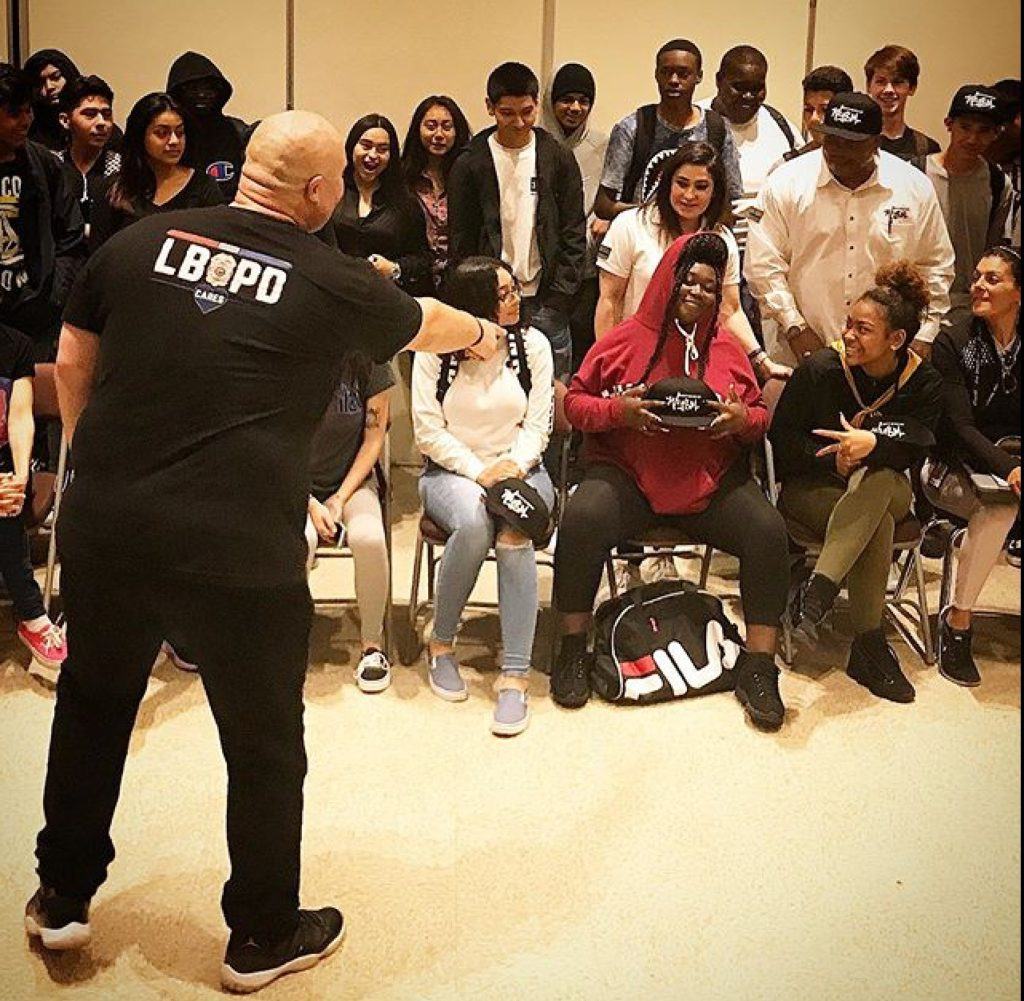
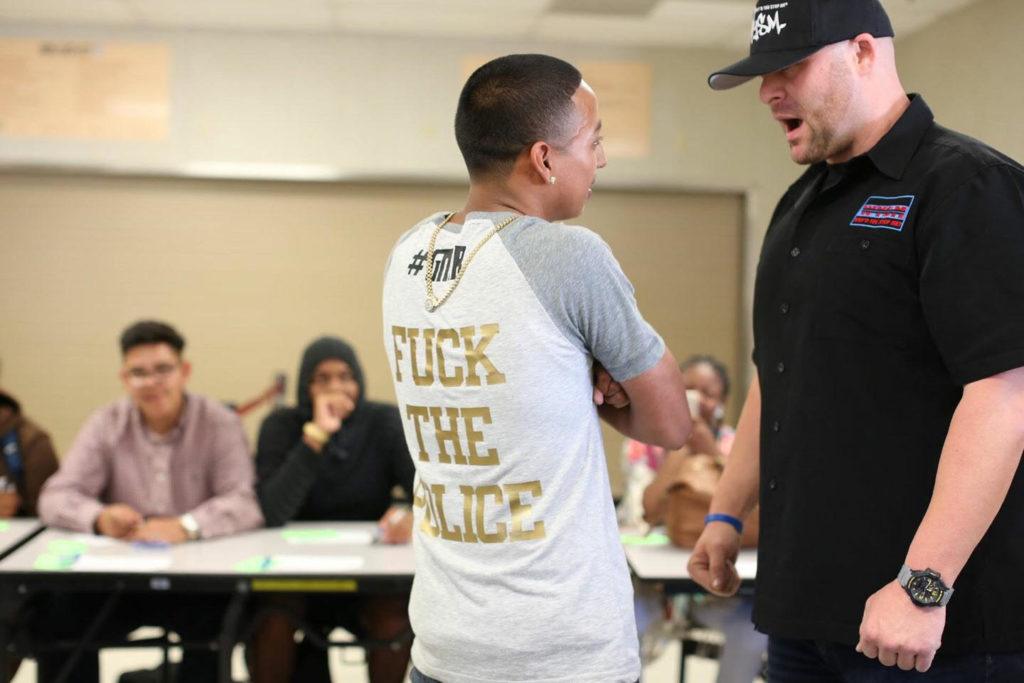
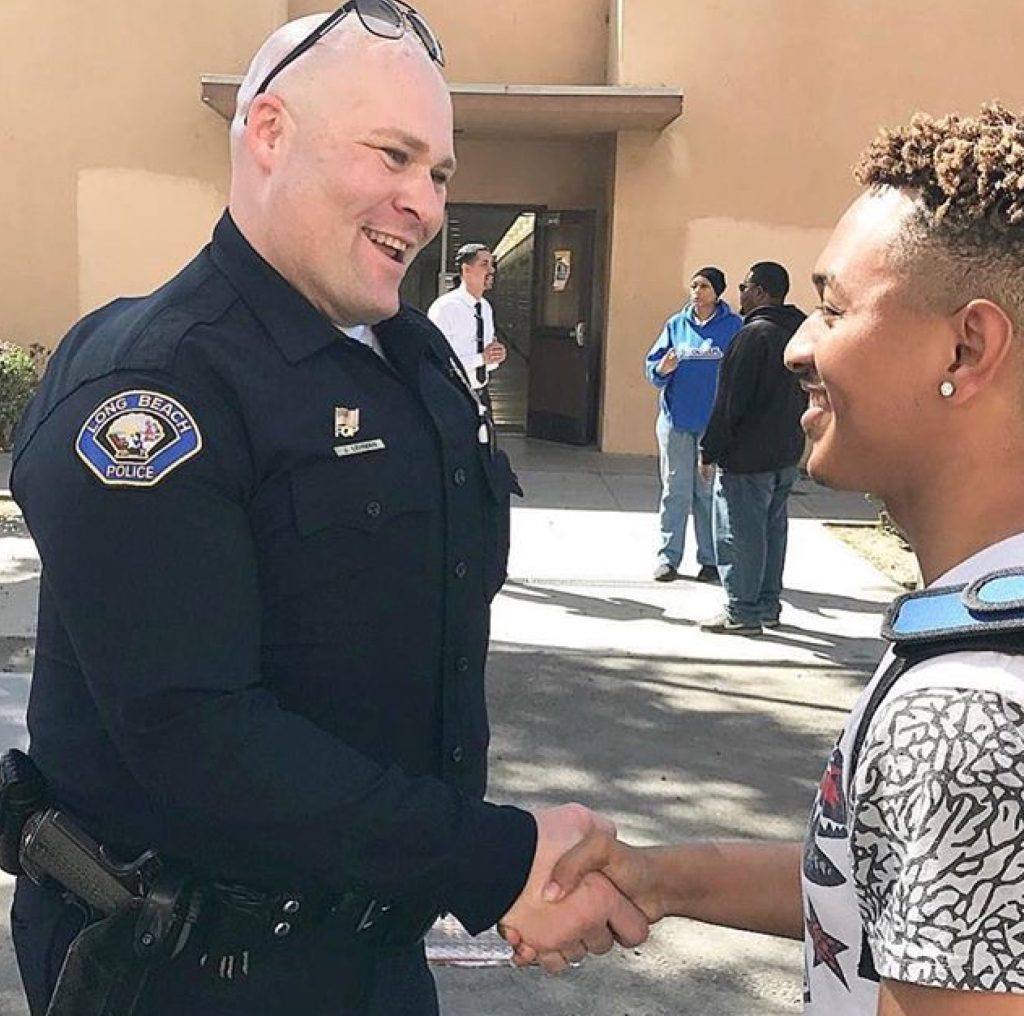
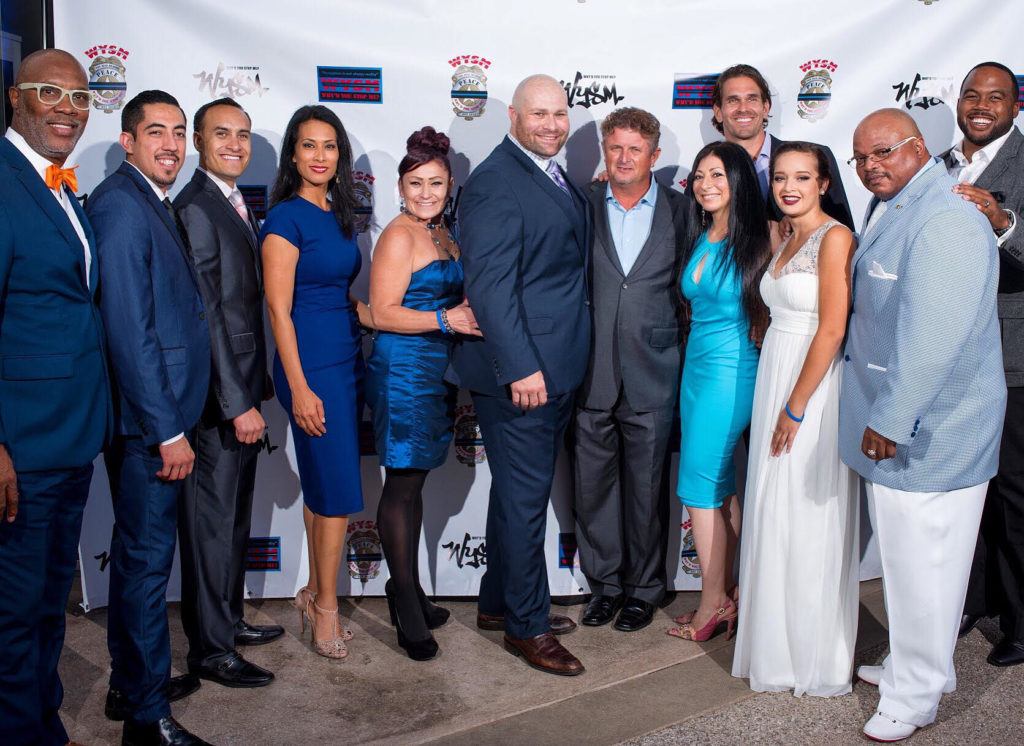
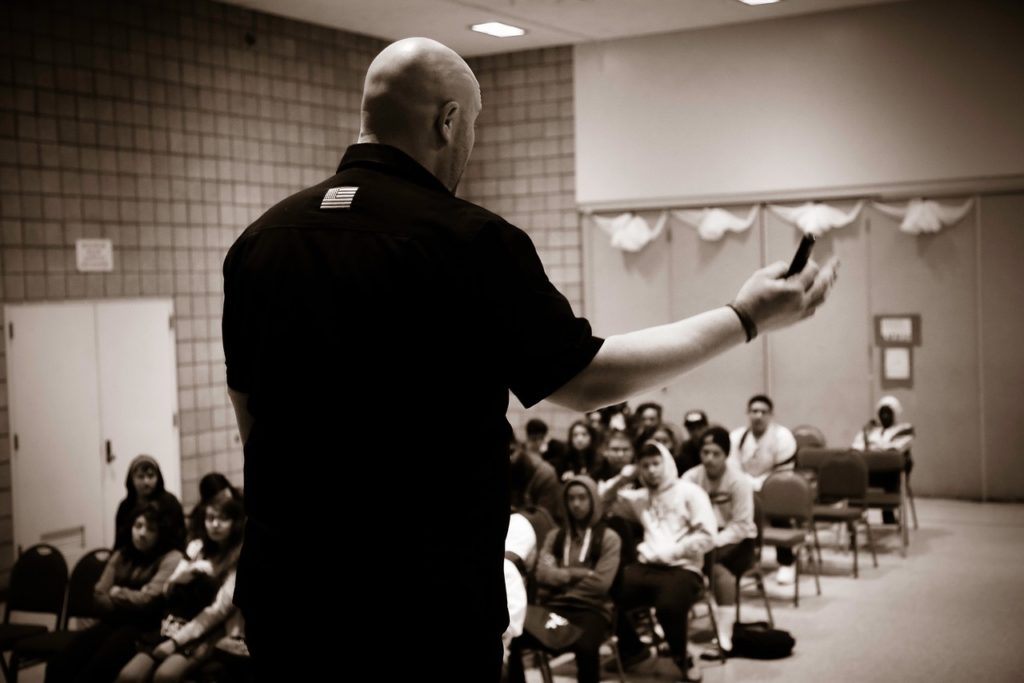
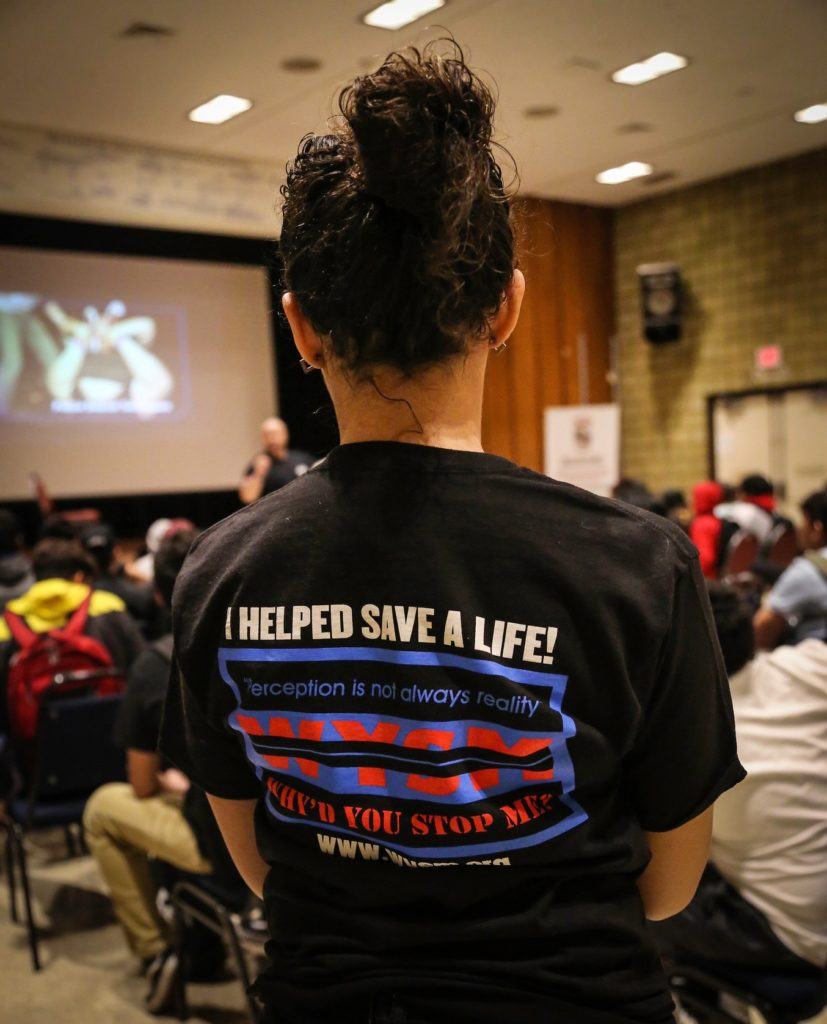
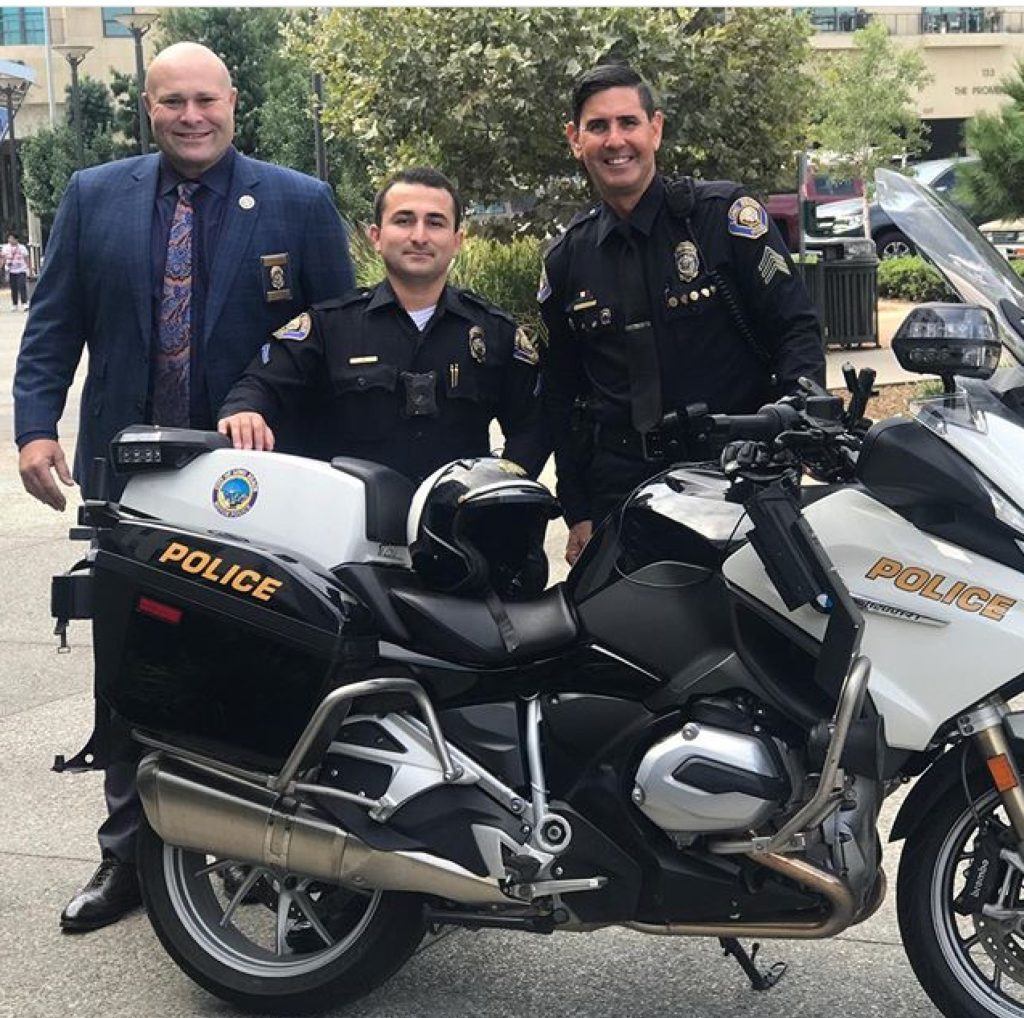
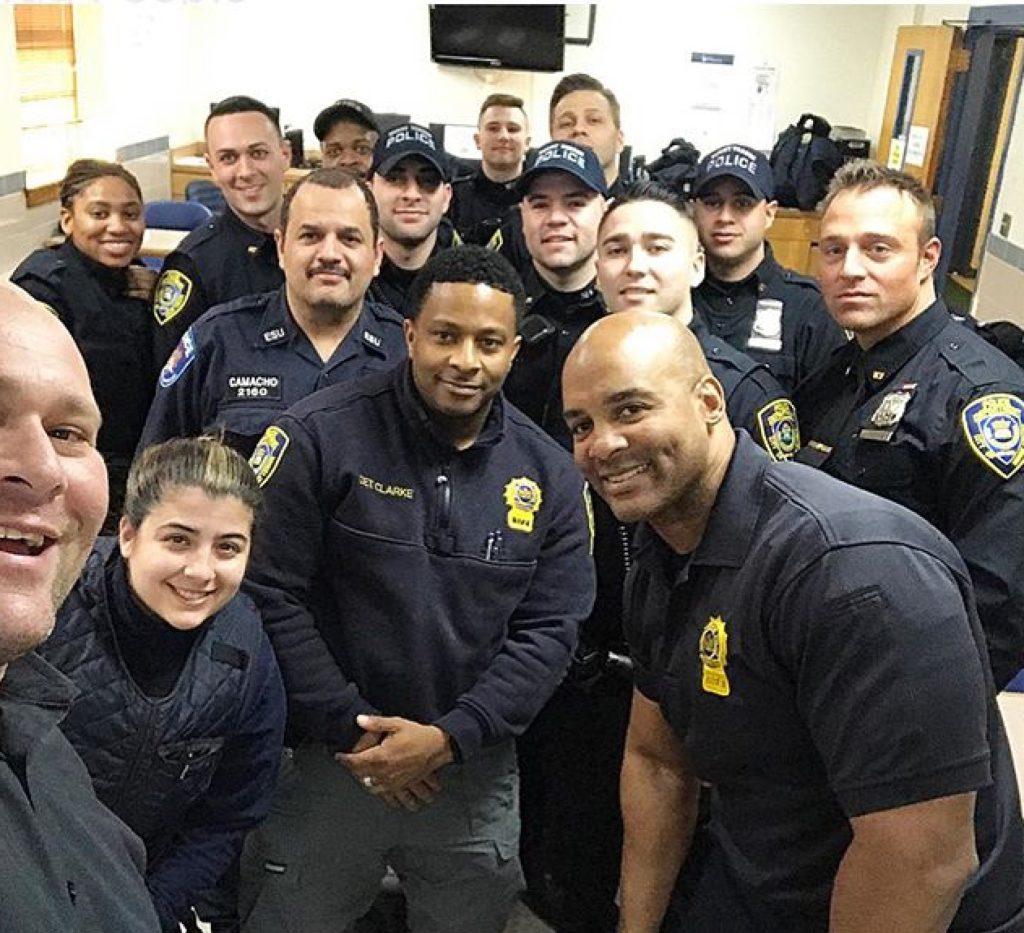
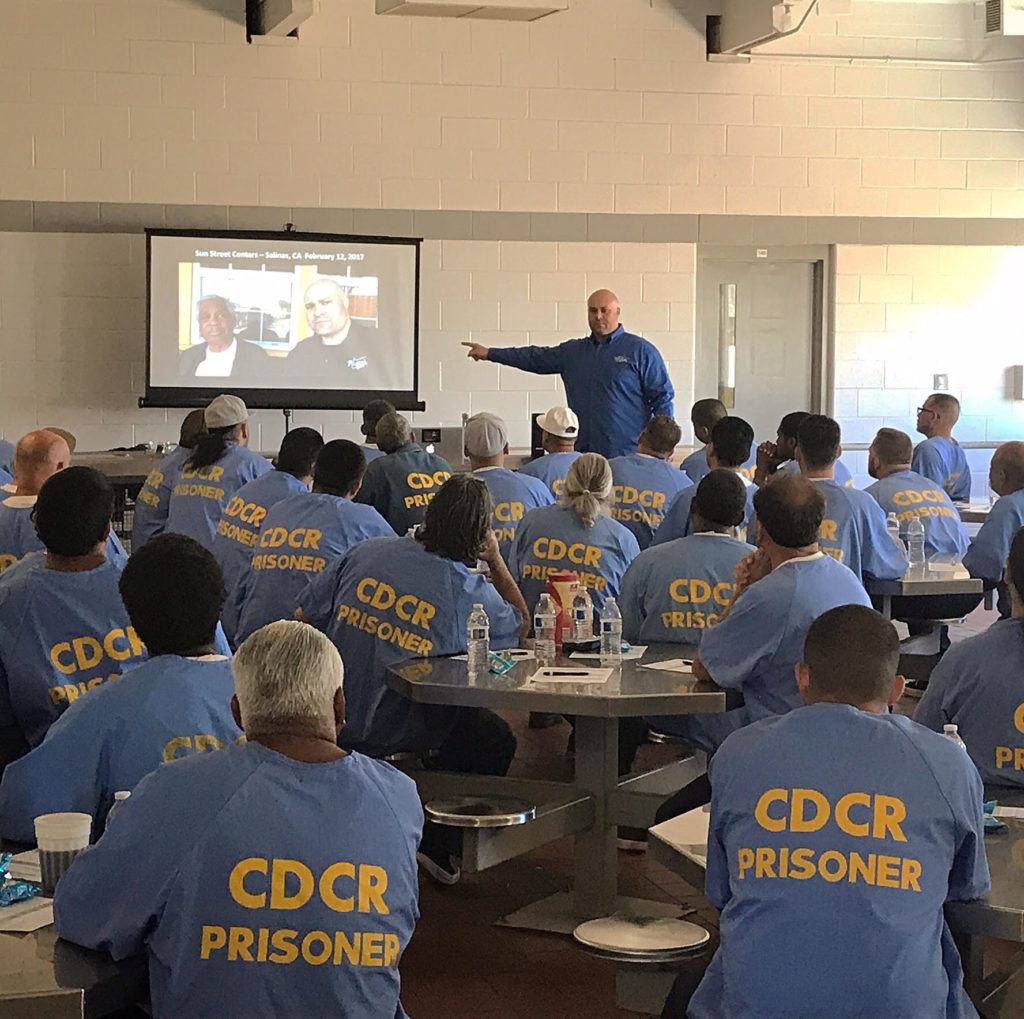
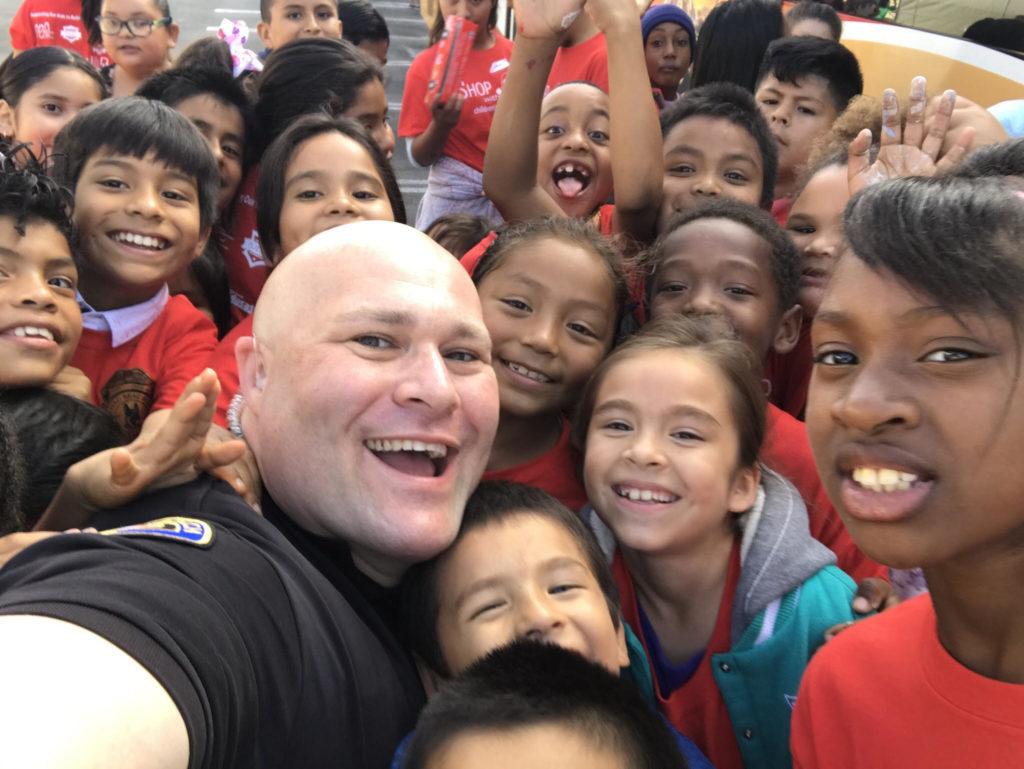
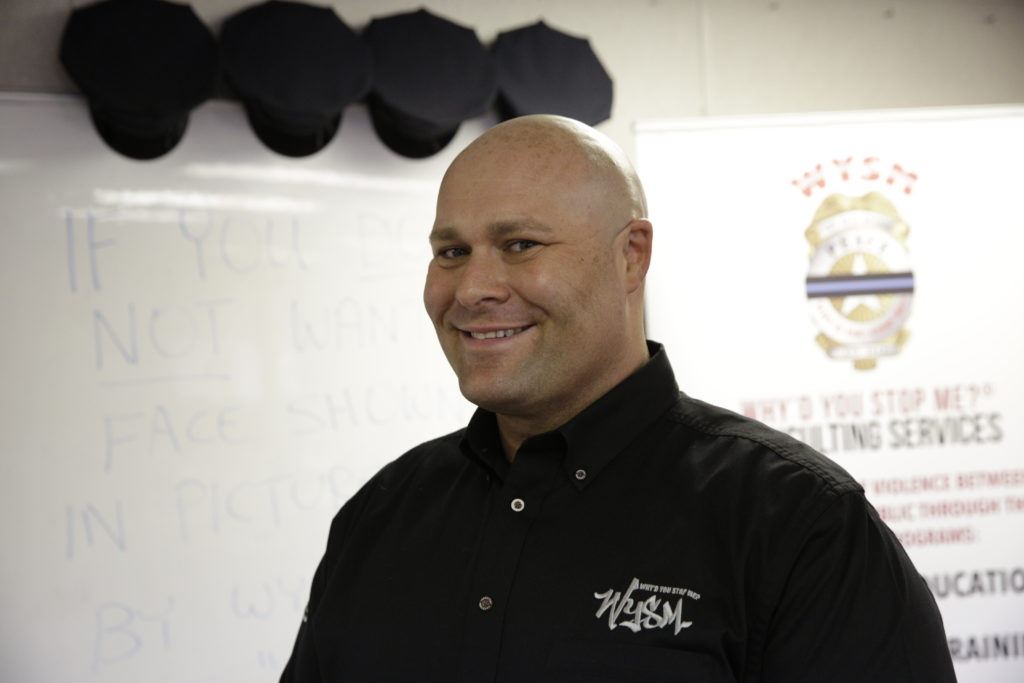
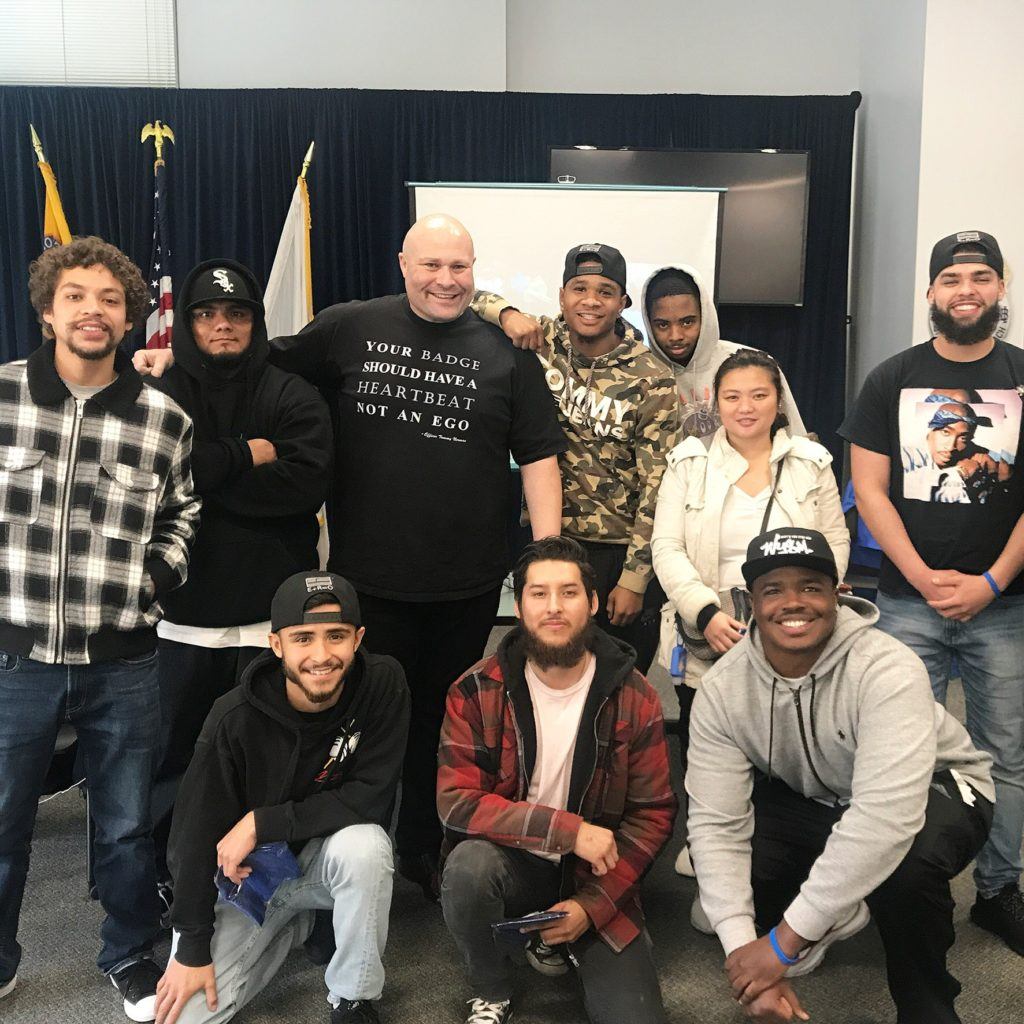
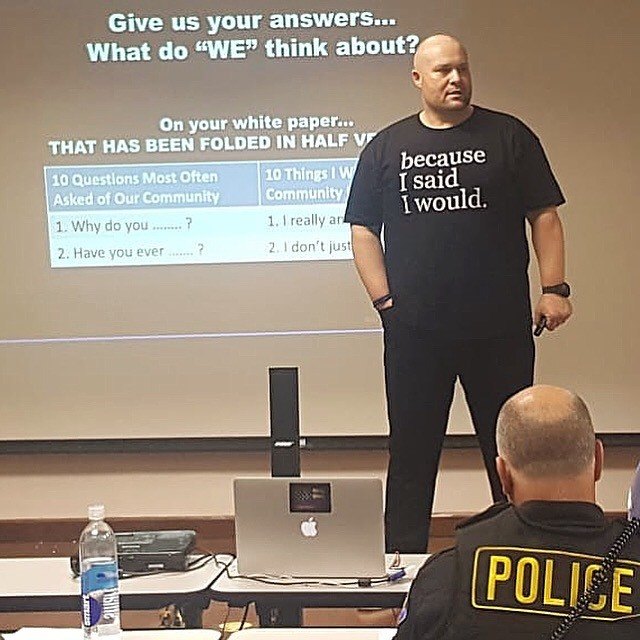
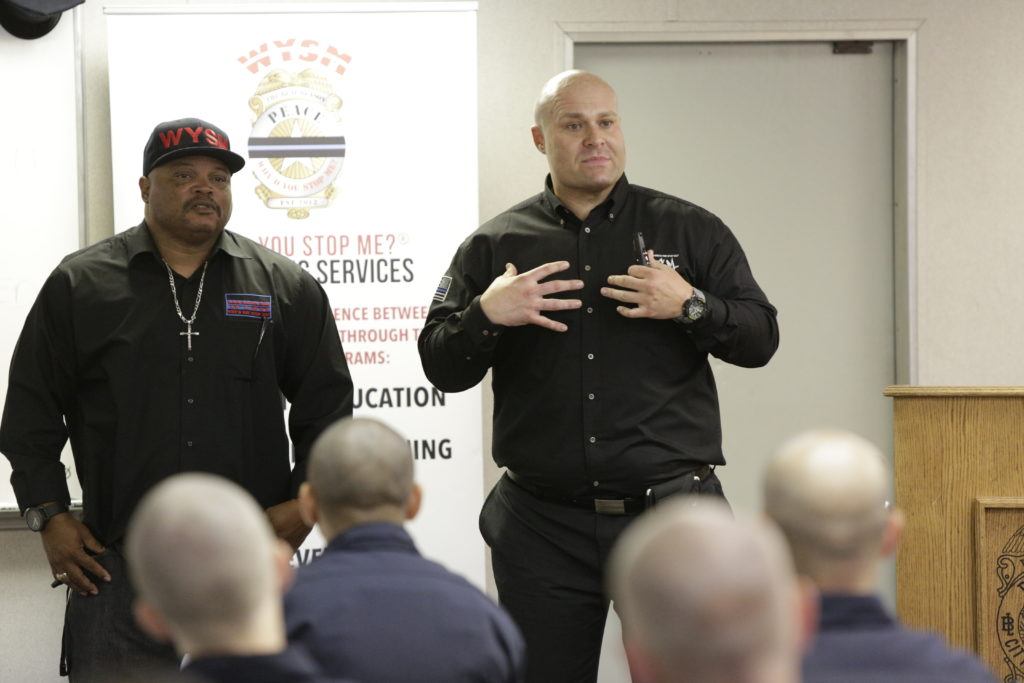
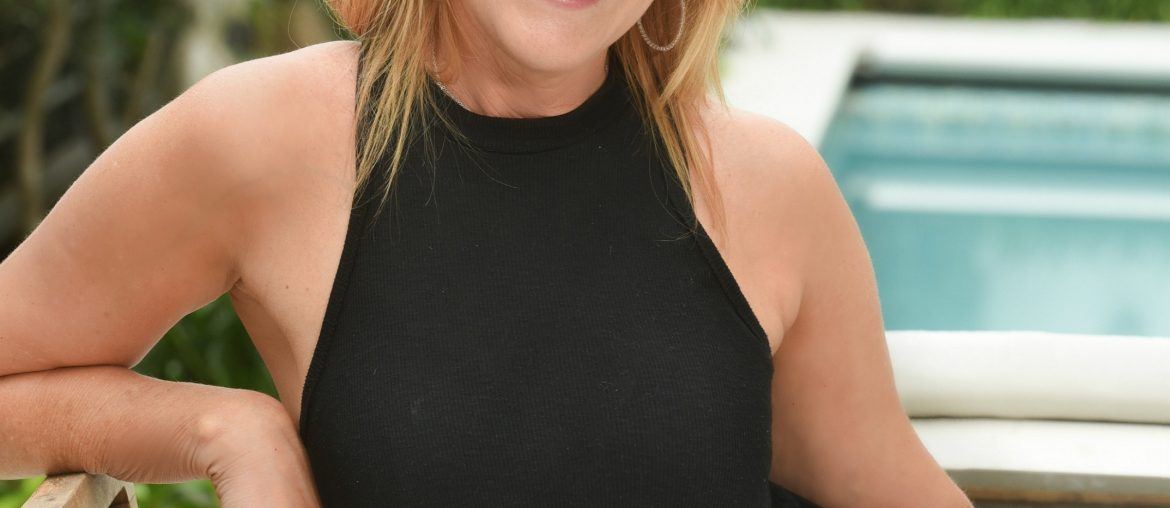
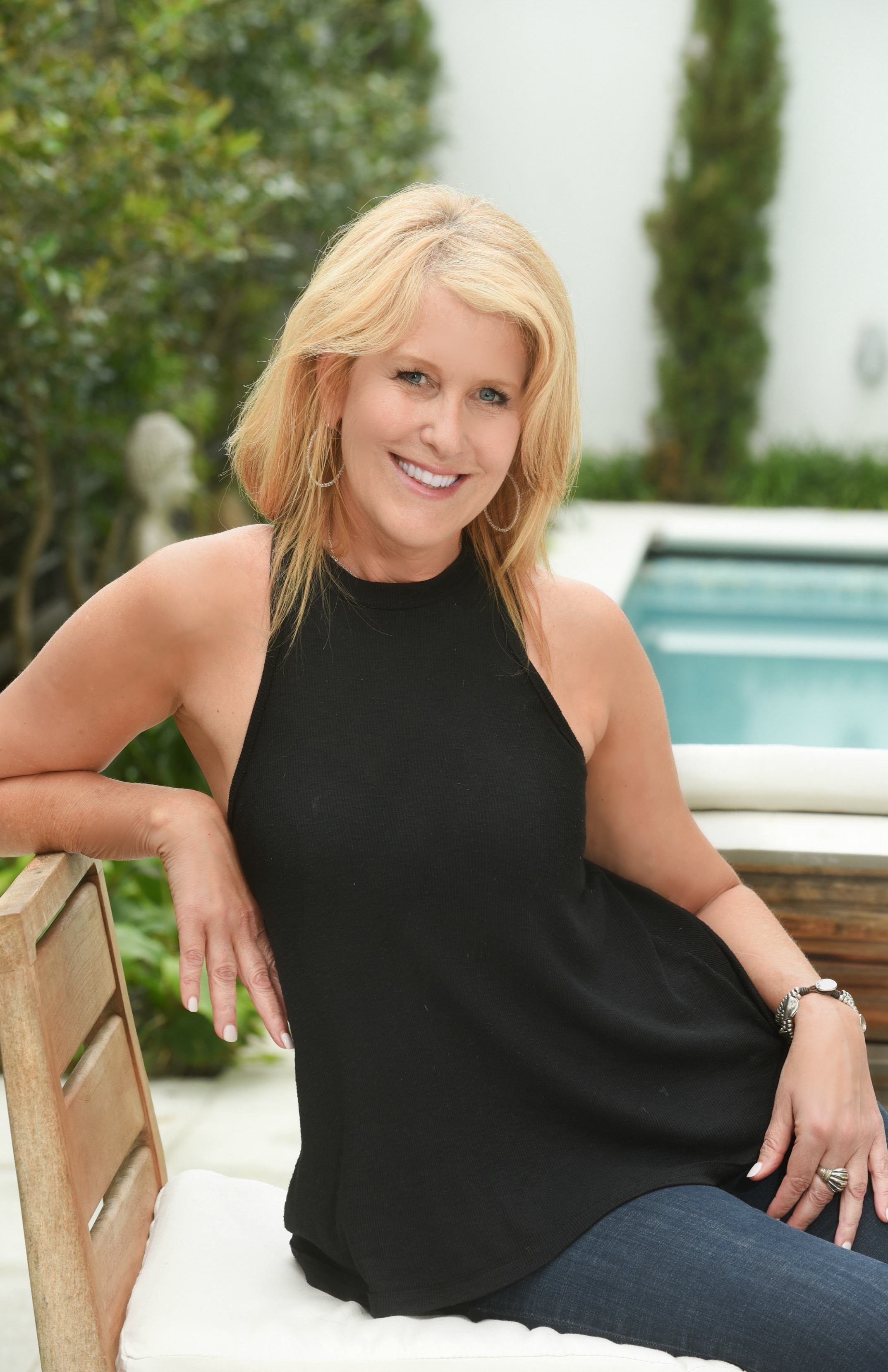
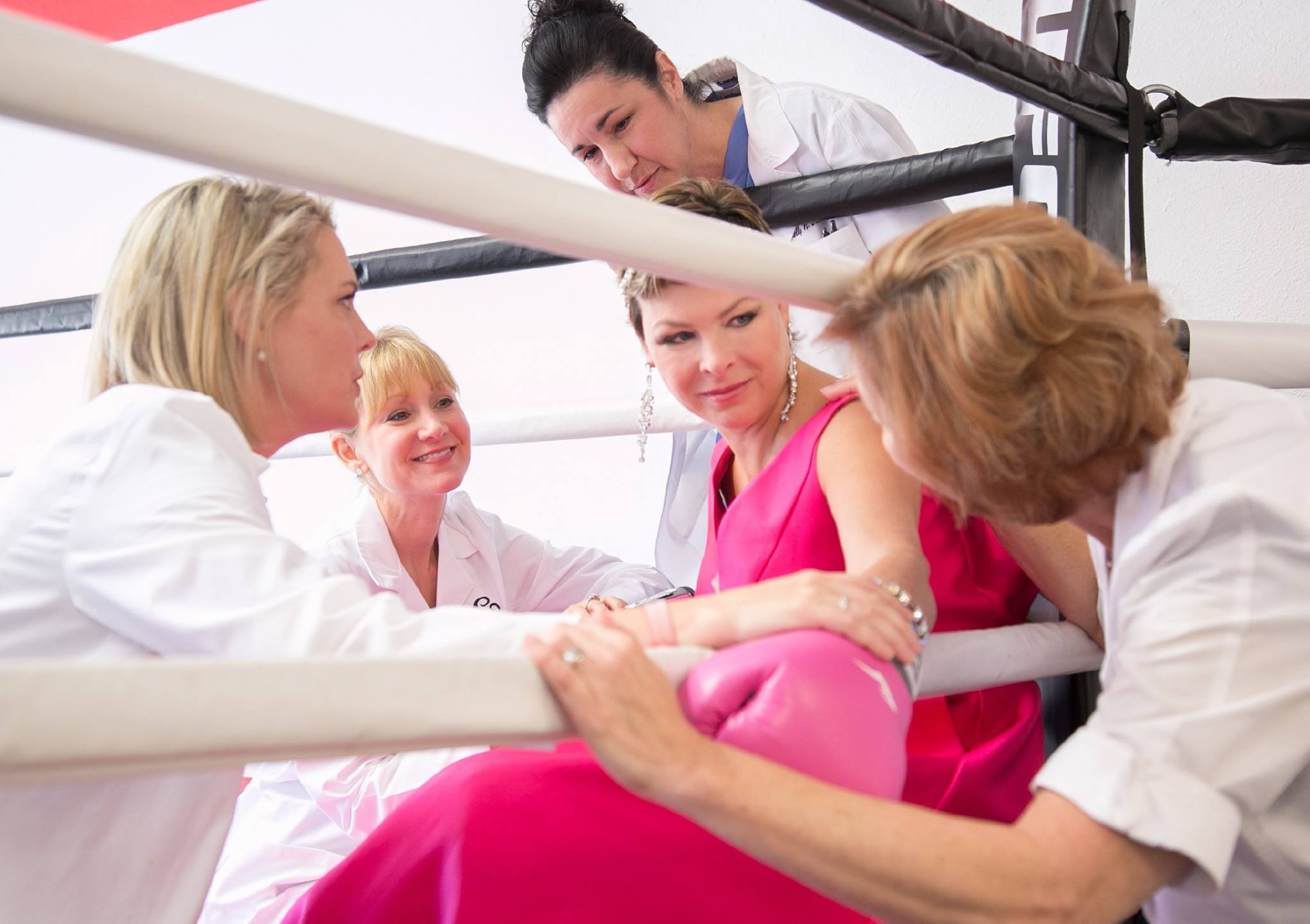
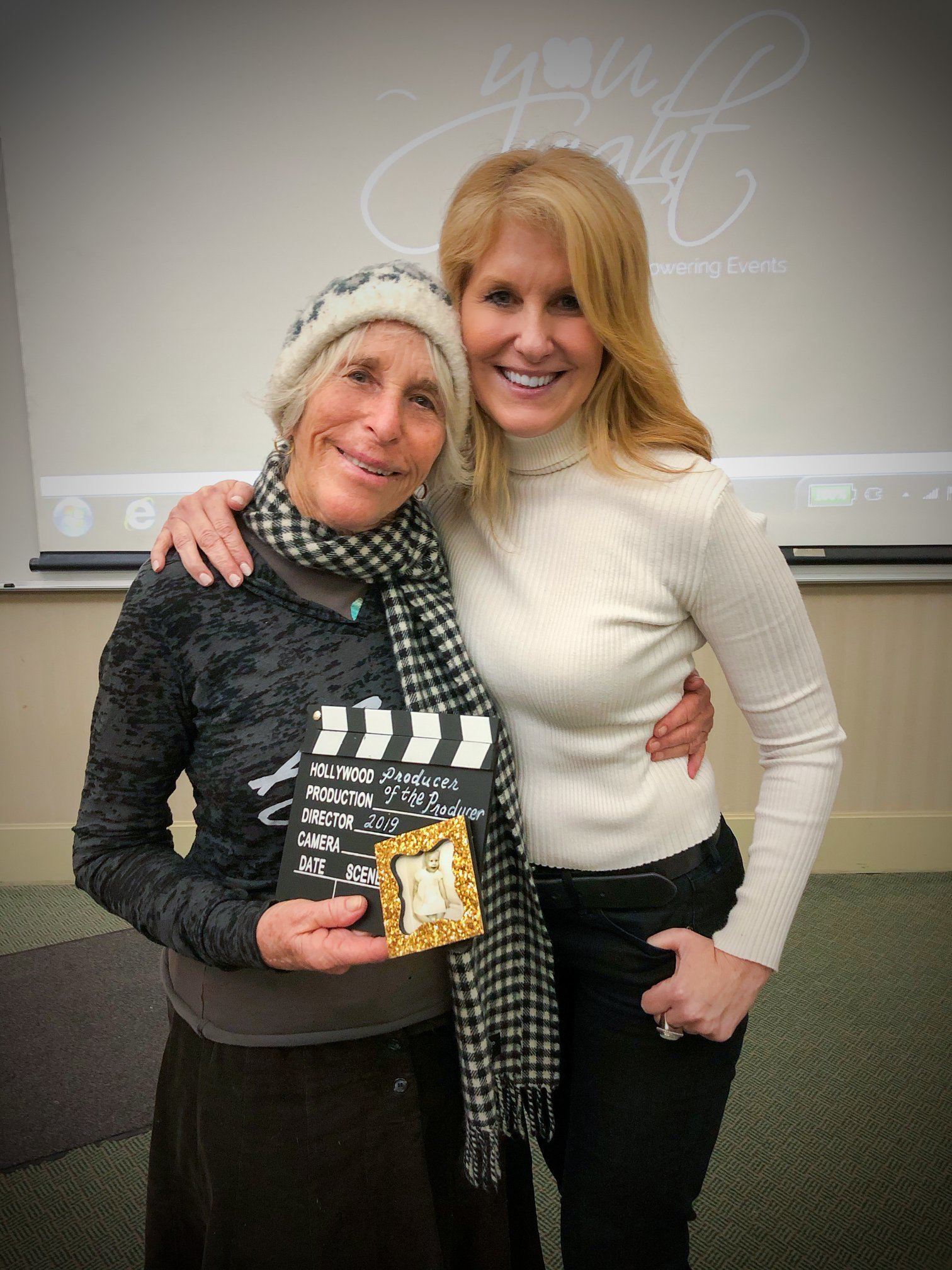
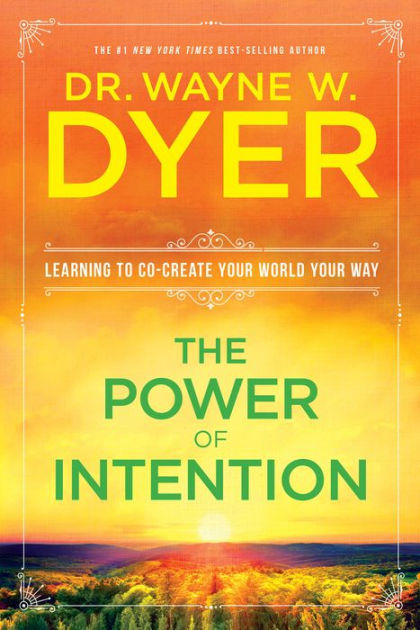
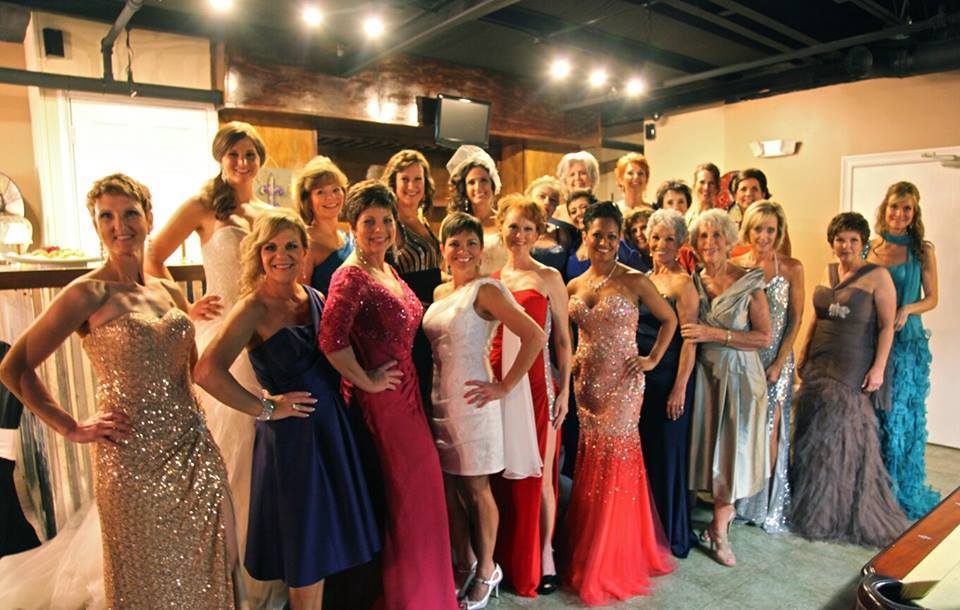
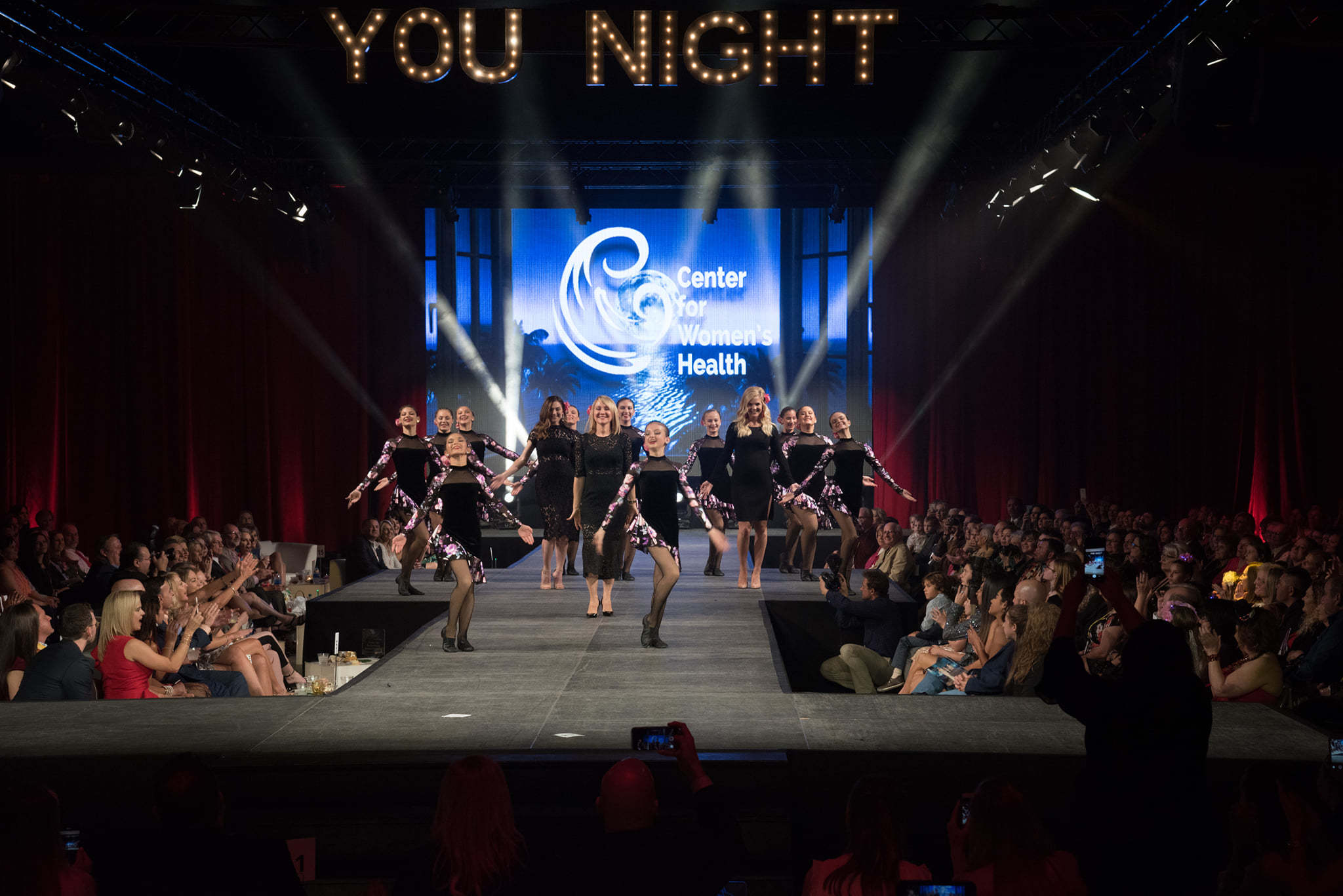
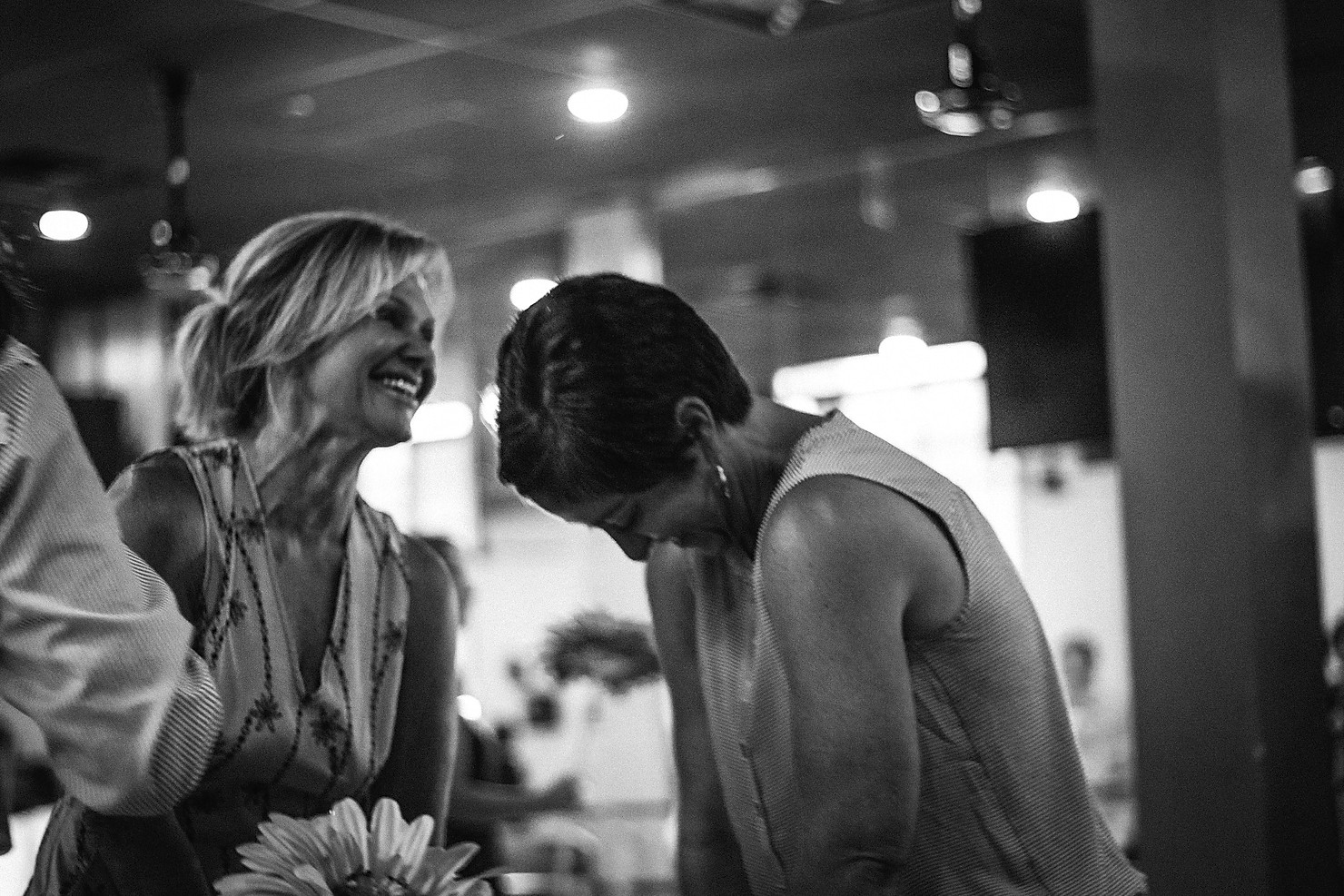
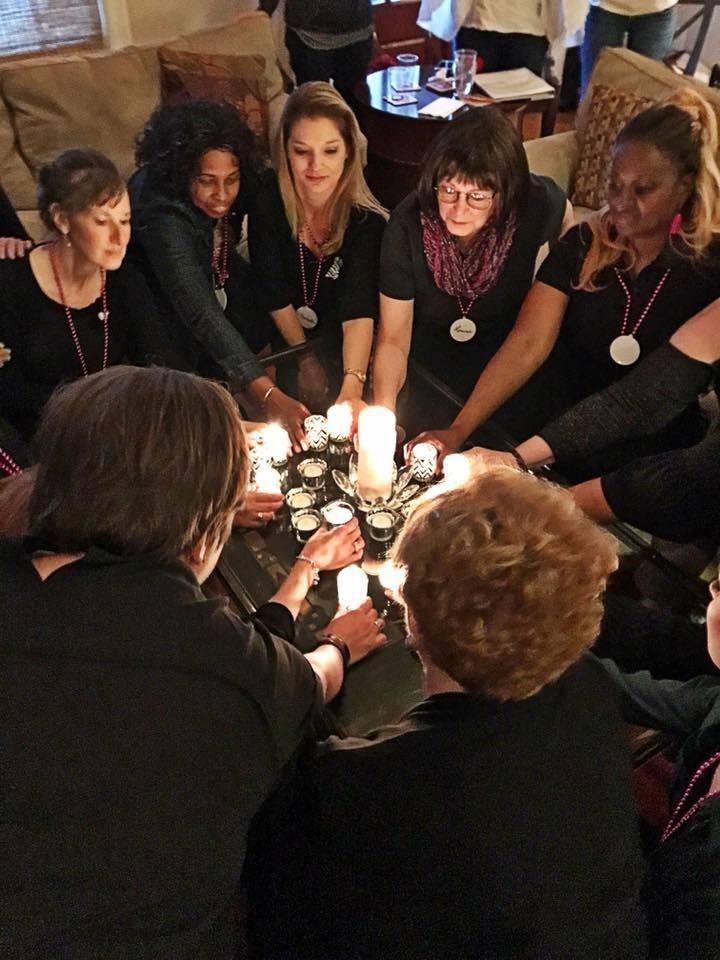
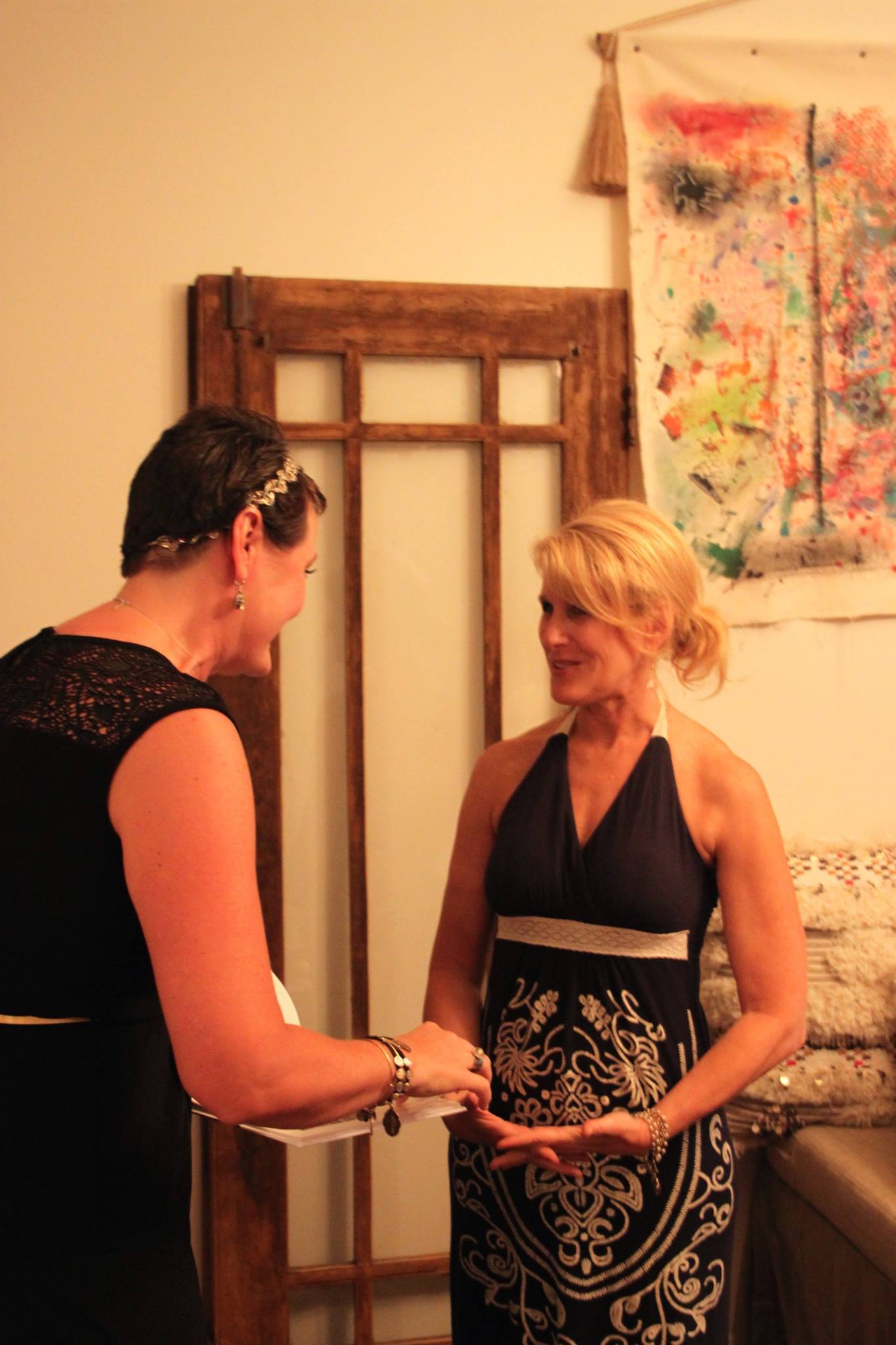
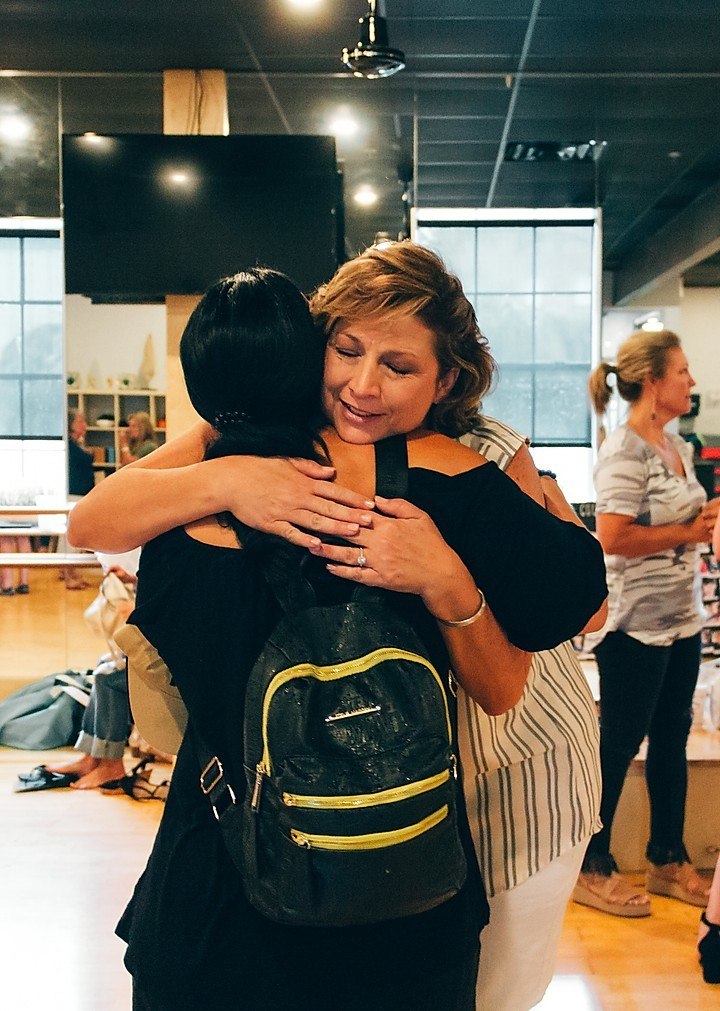
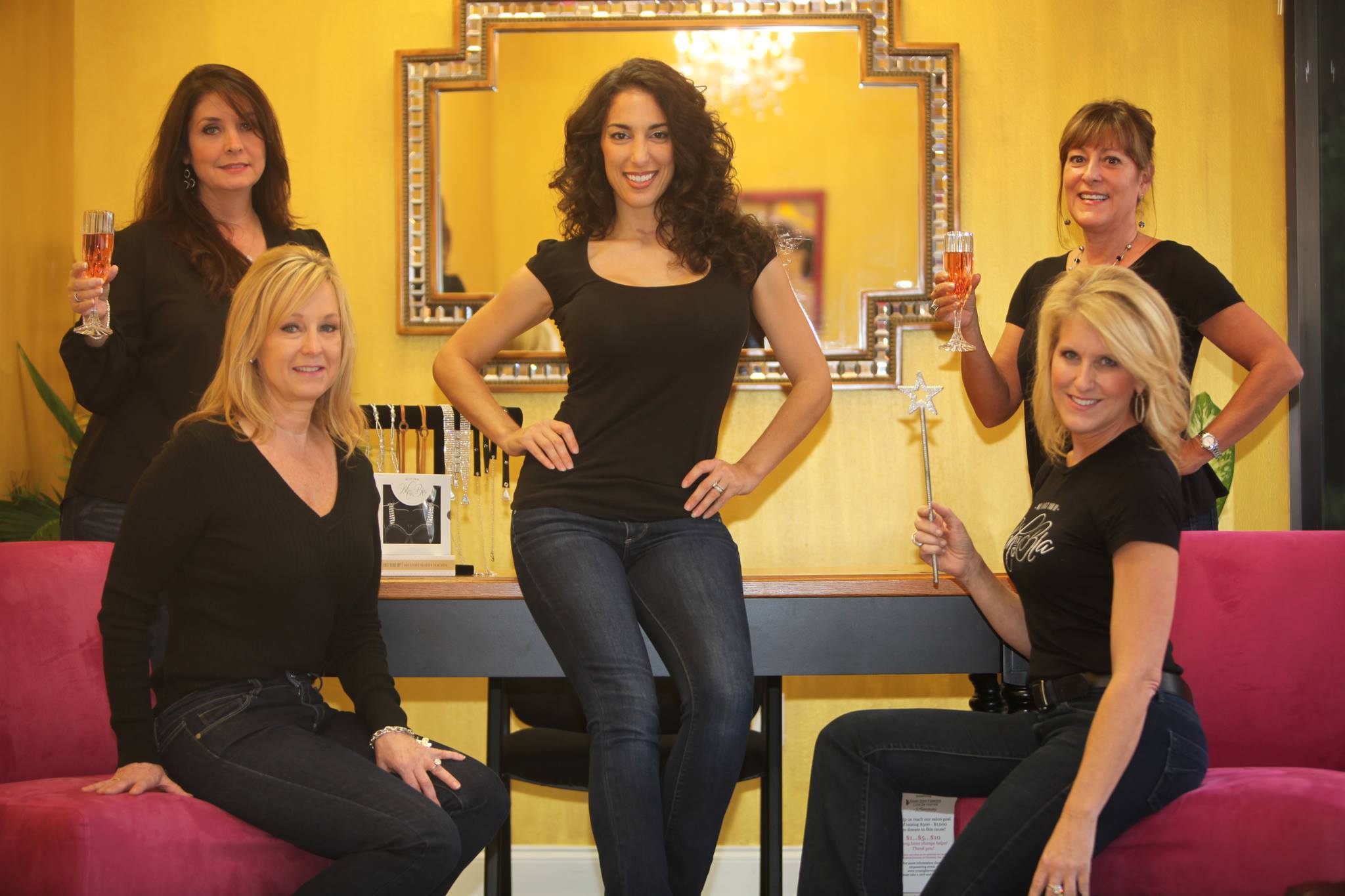 We sort of realized that our empowerment experience is a two year experience, the first year is giving them back their own self-esteem and their life and their attitude. And then pulling out you find out so many things about them like they’re amazing skills, and these are women are not defined by cancer.
We sort of realized that our empowerment experience is a two year experience, the first year is giving them back their own self-esteem and their life and their attitude. And then pulling out you find out so many things about them like they’re amazing skills, and these are women are not defined by cancer.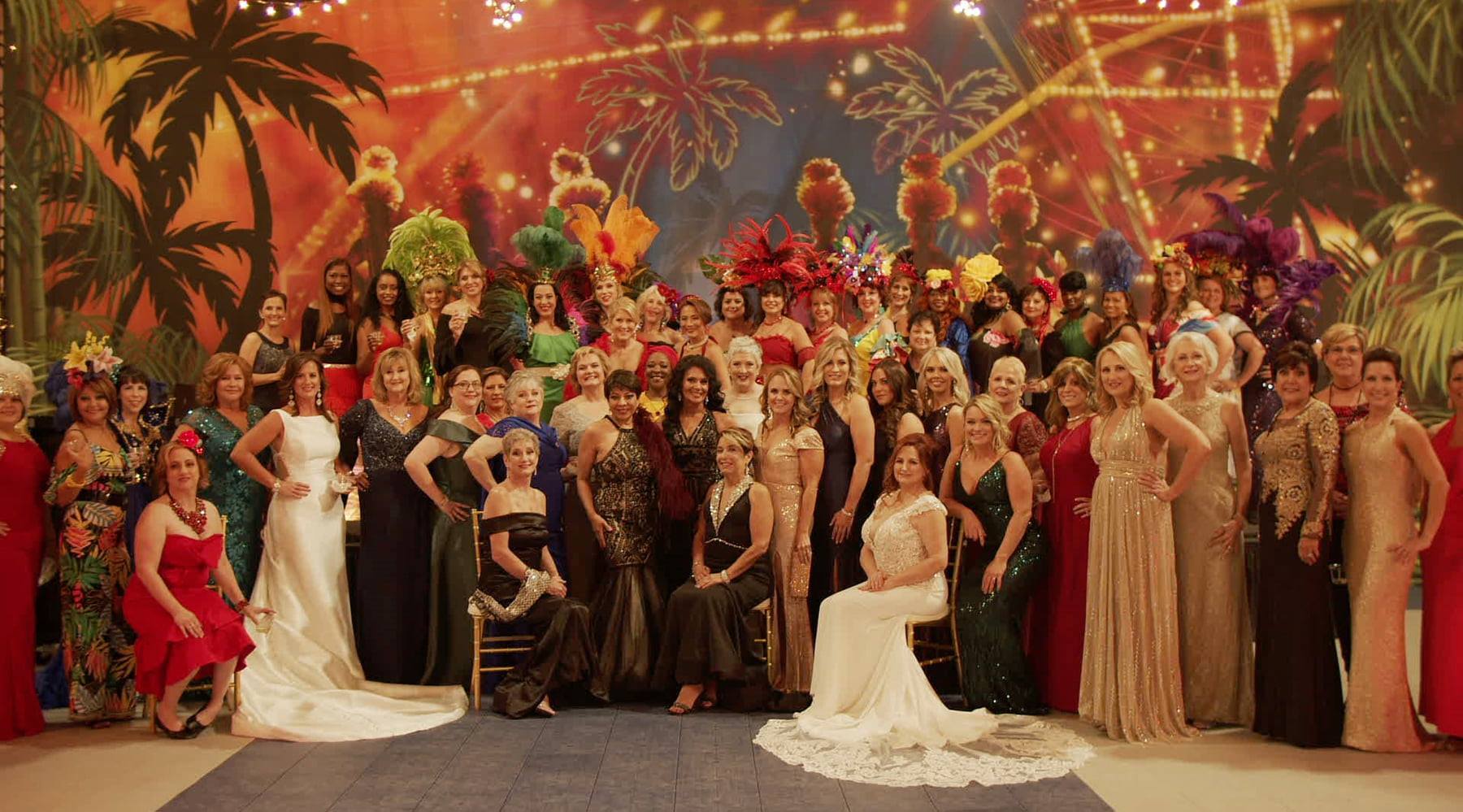
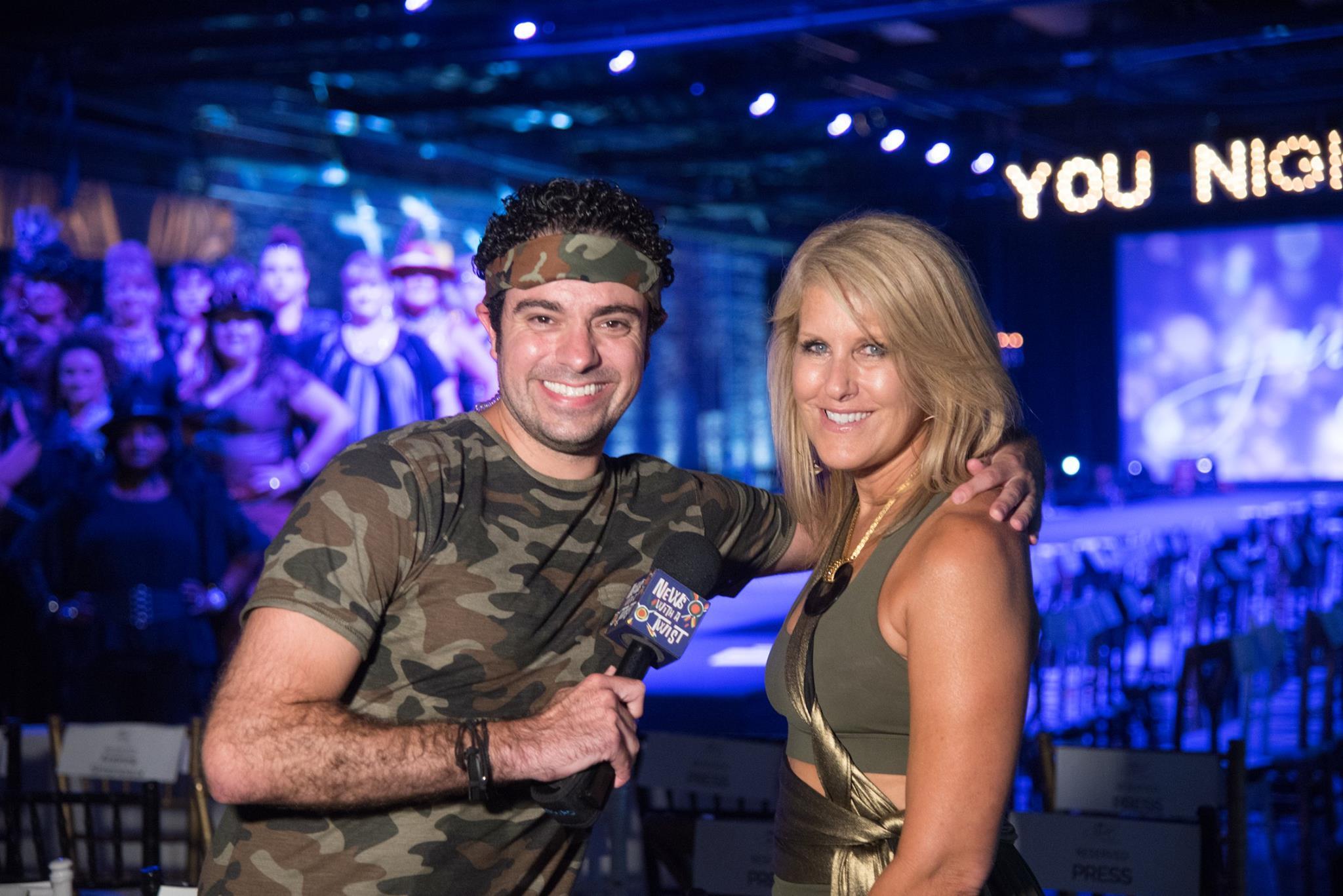
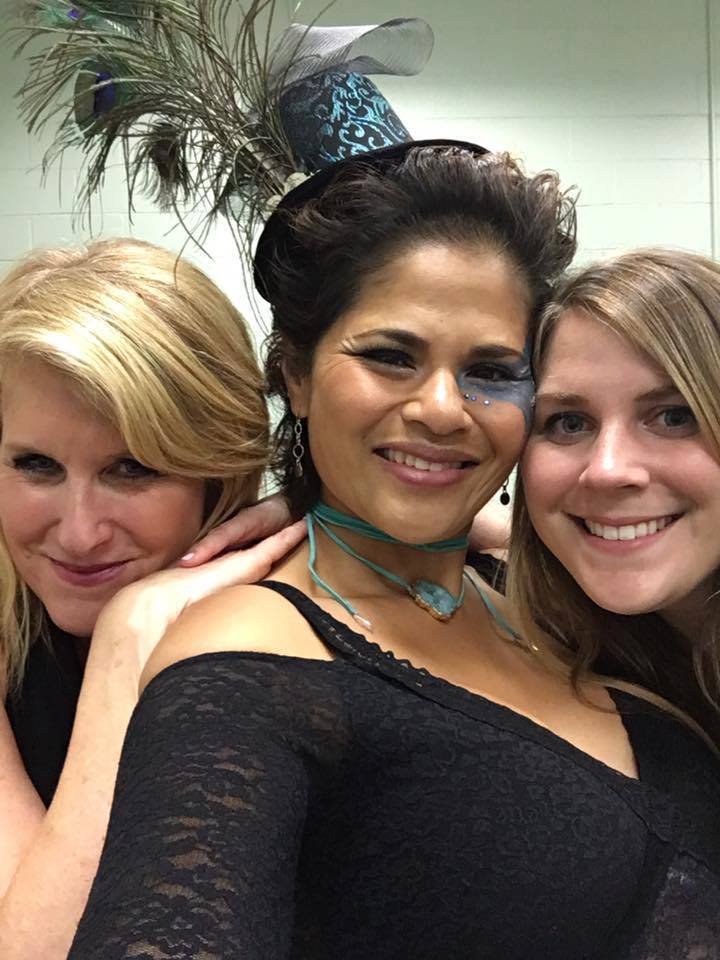
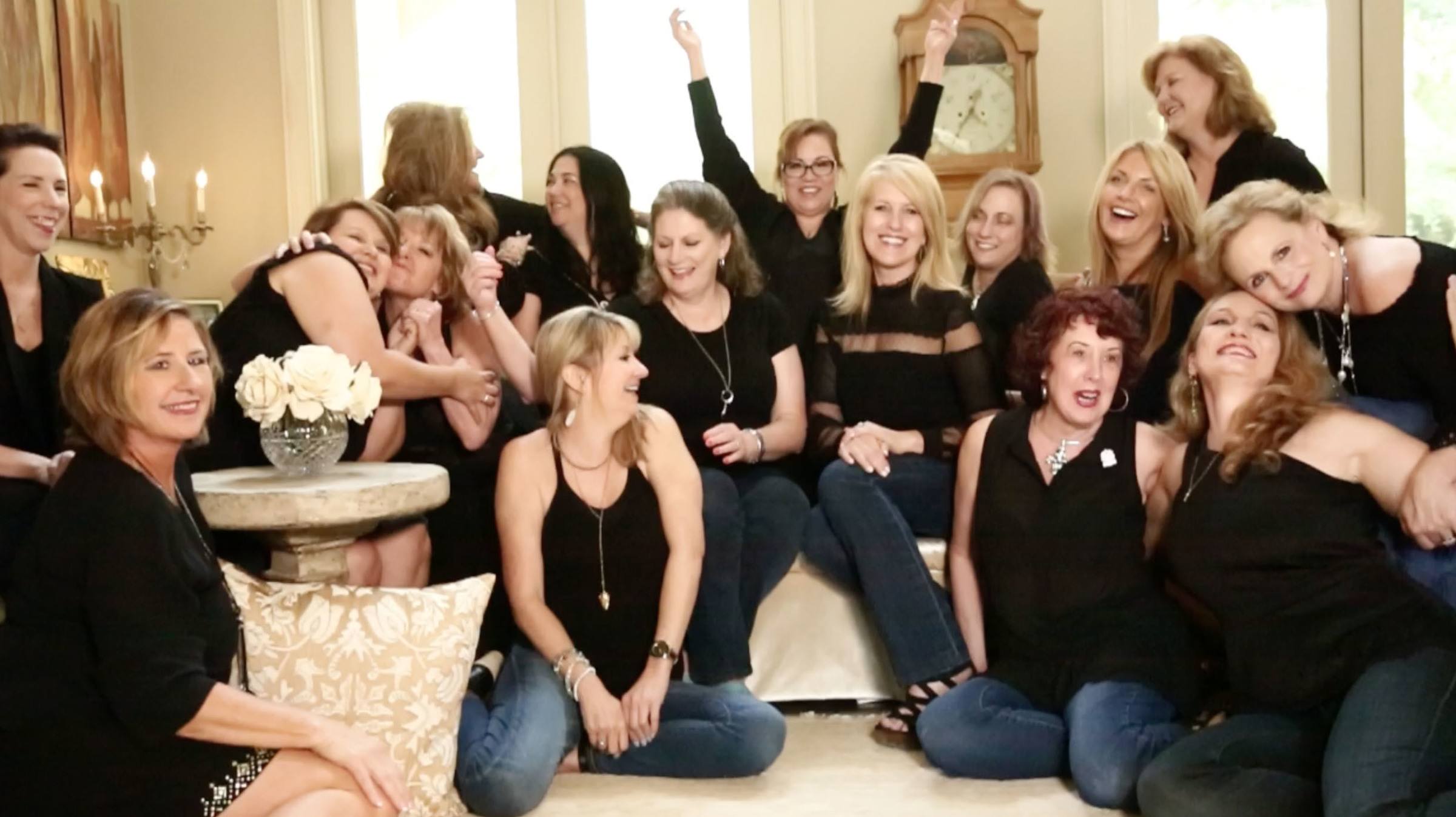
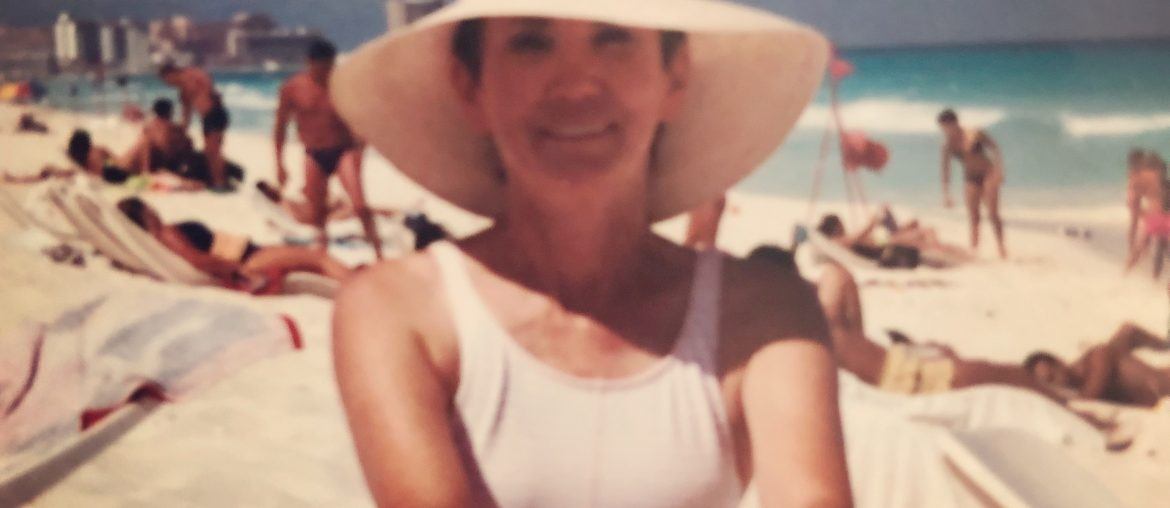
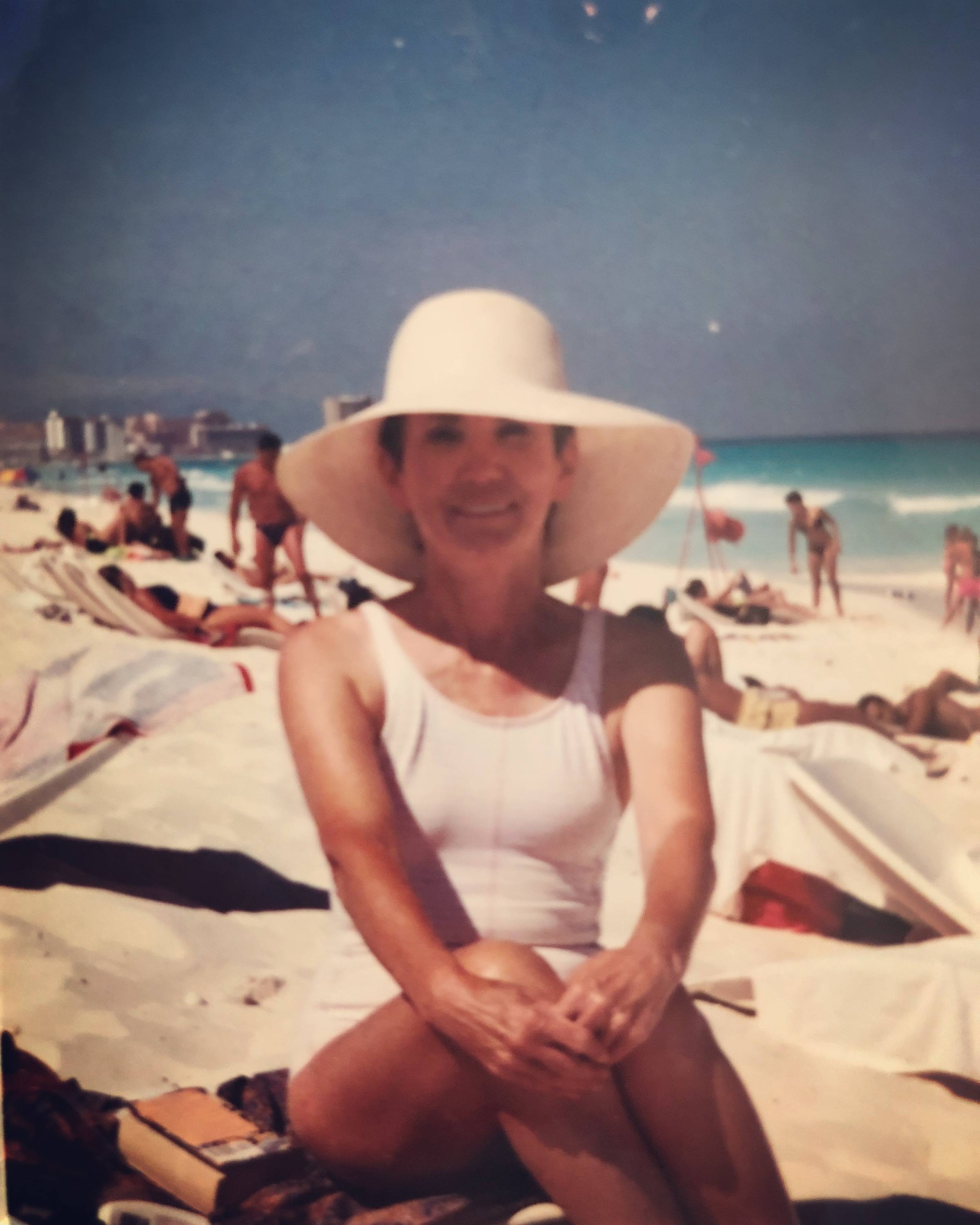
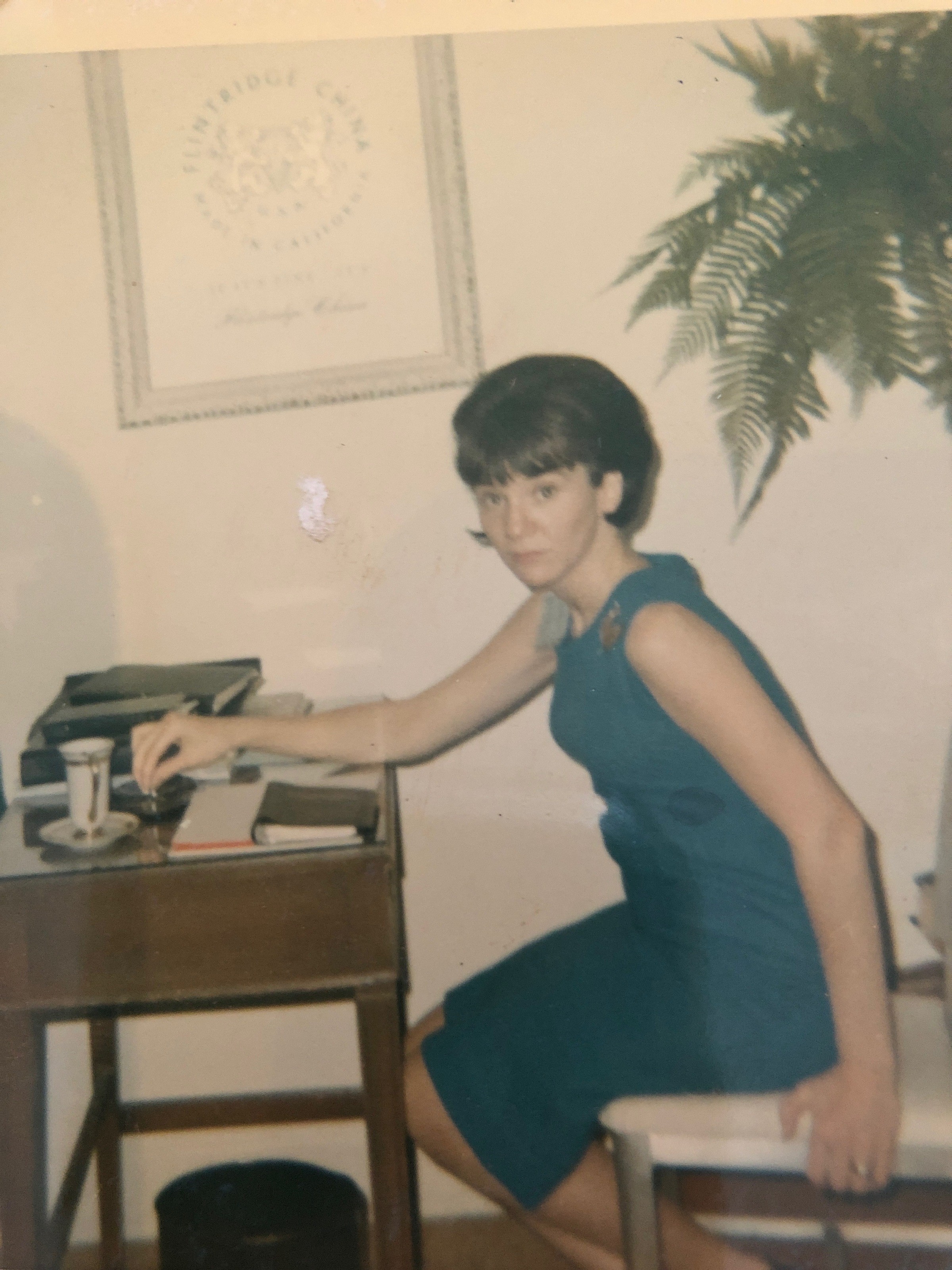
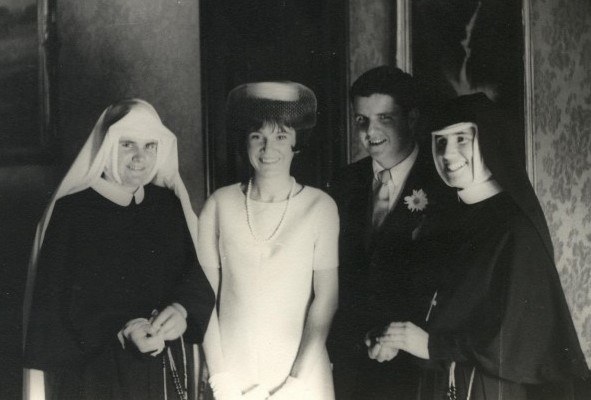
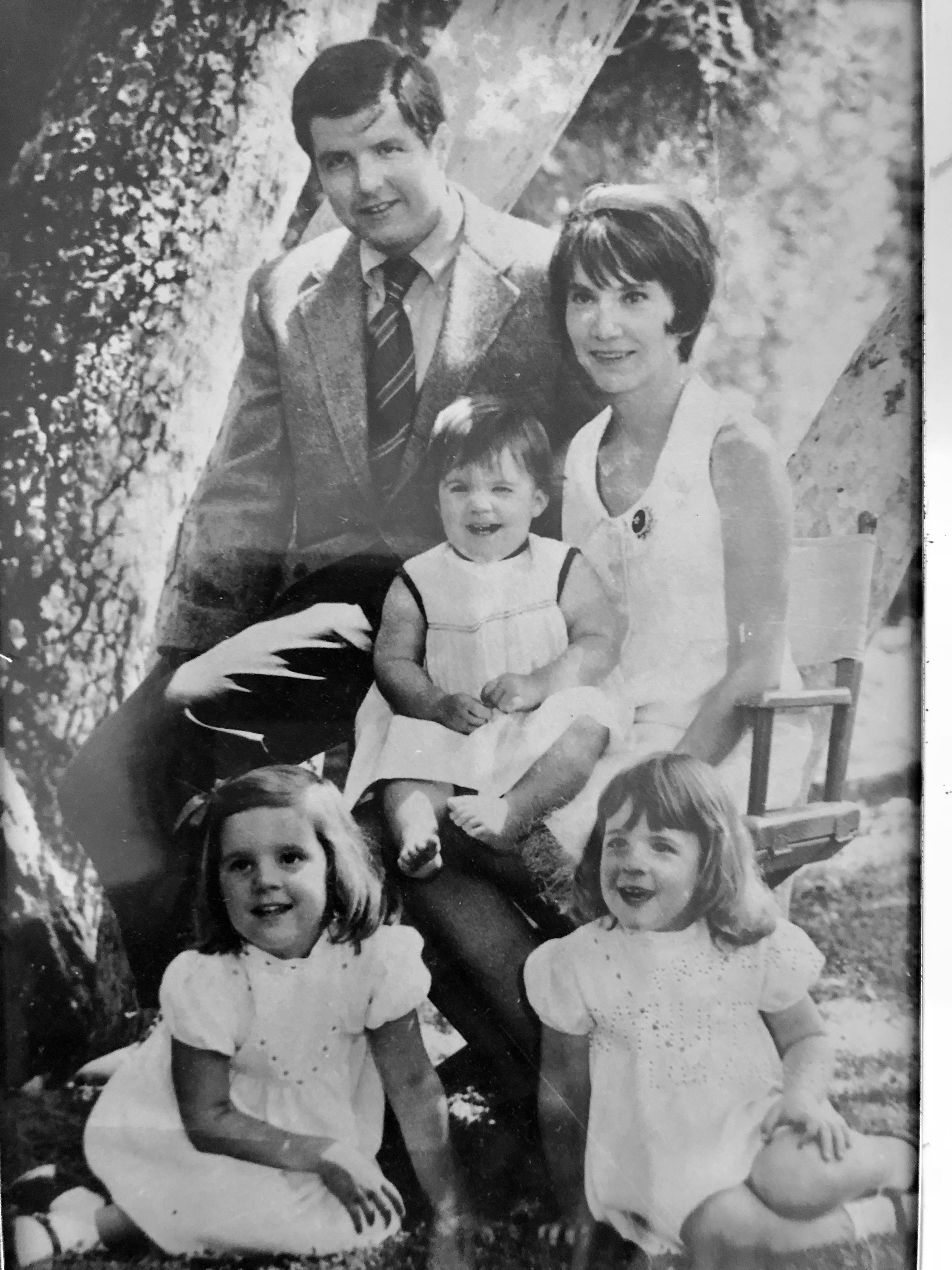
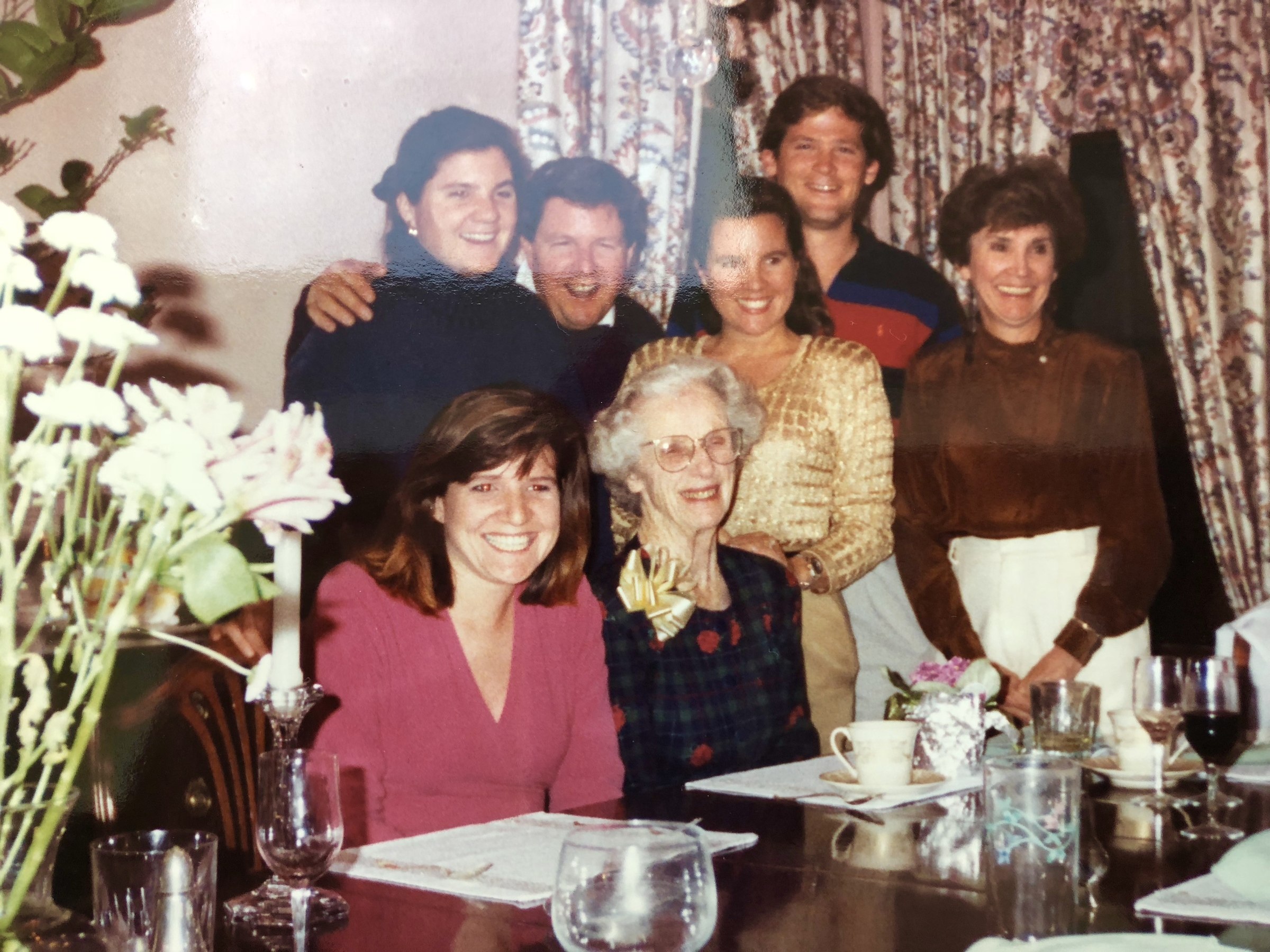
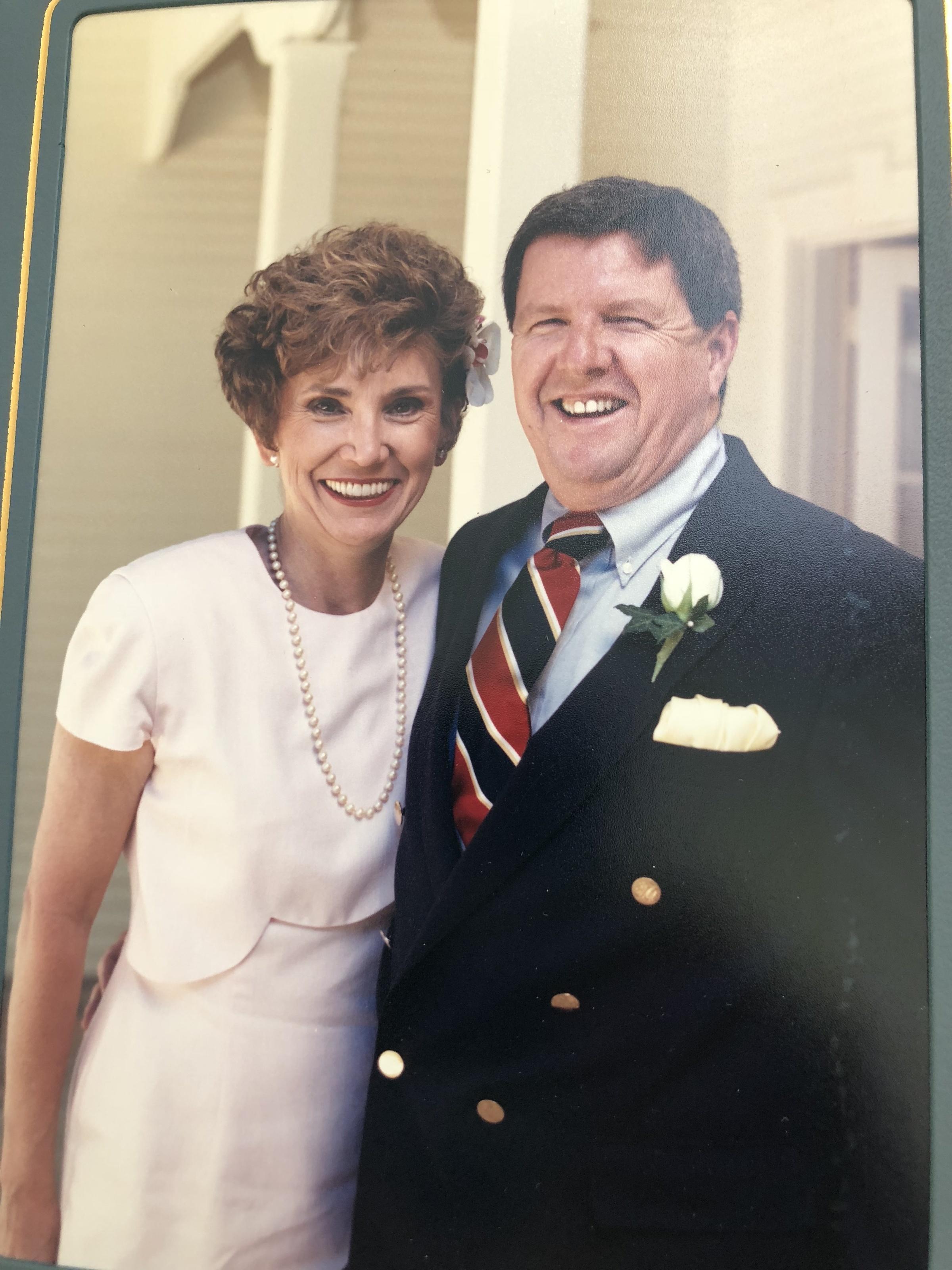

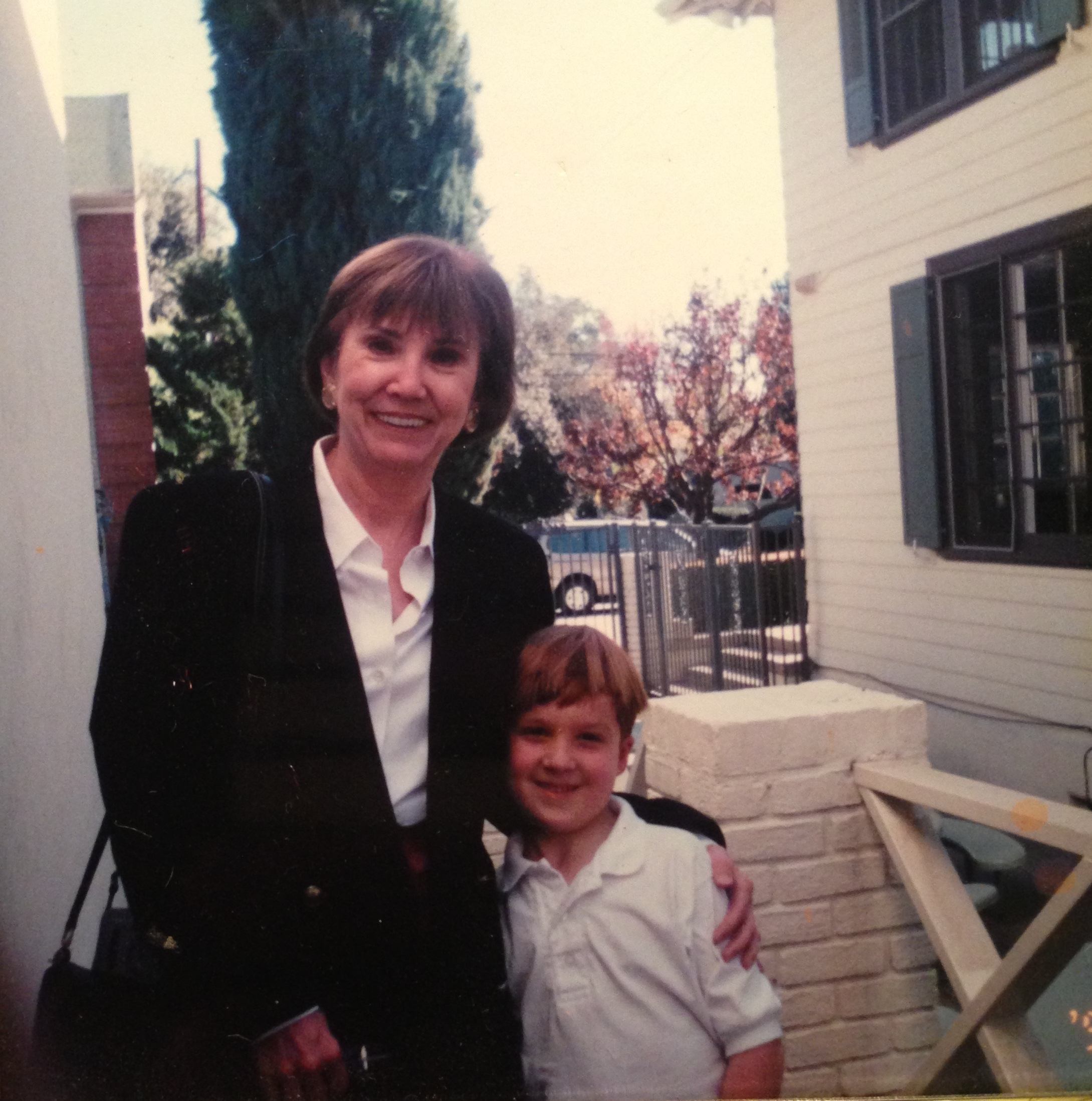
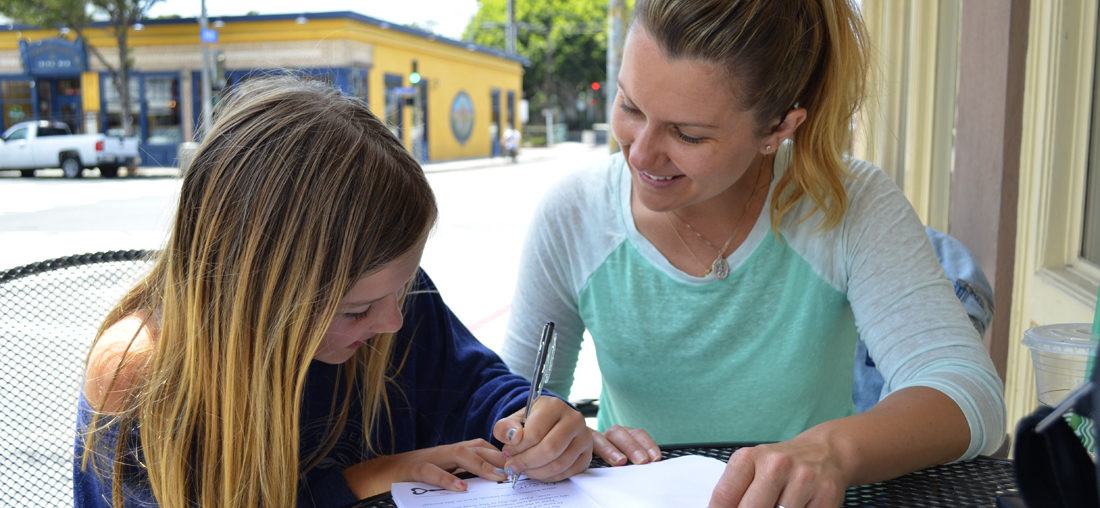
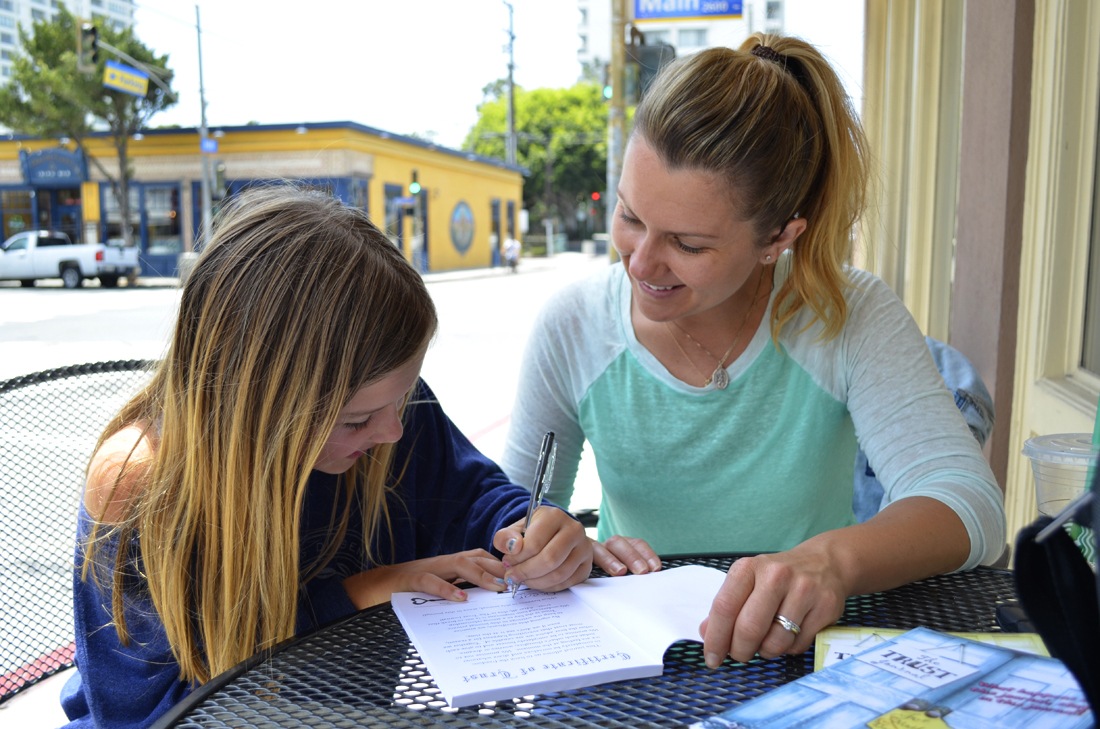
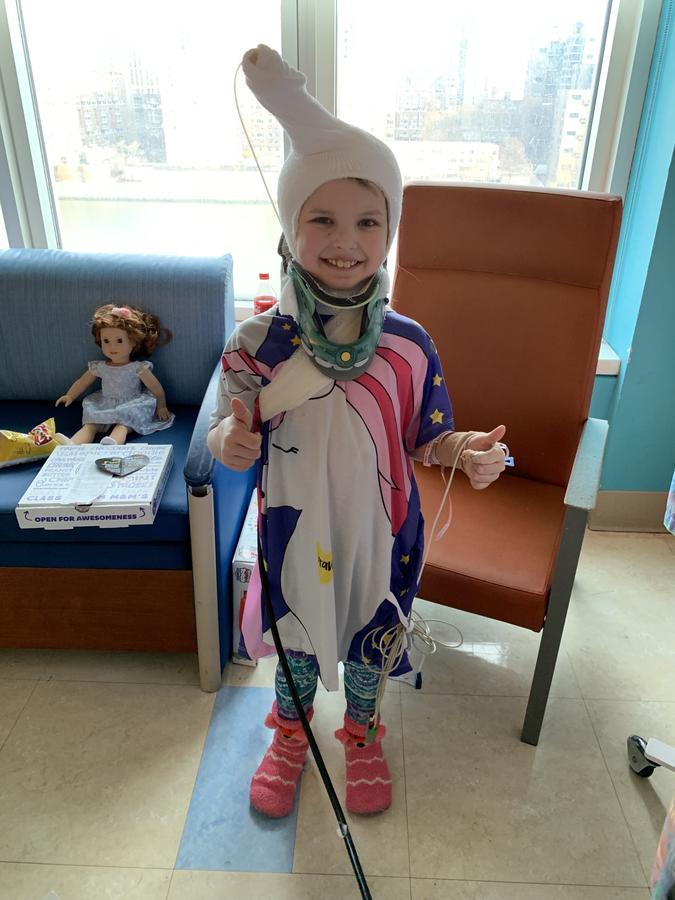
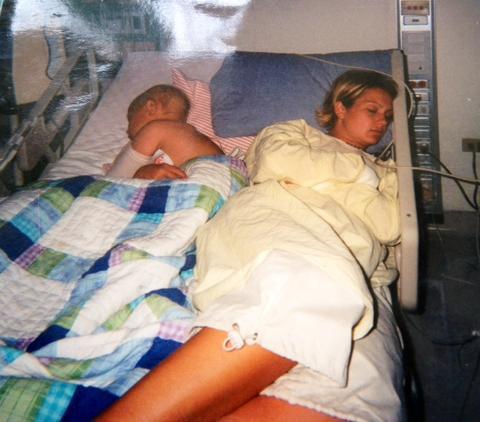
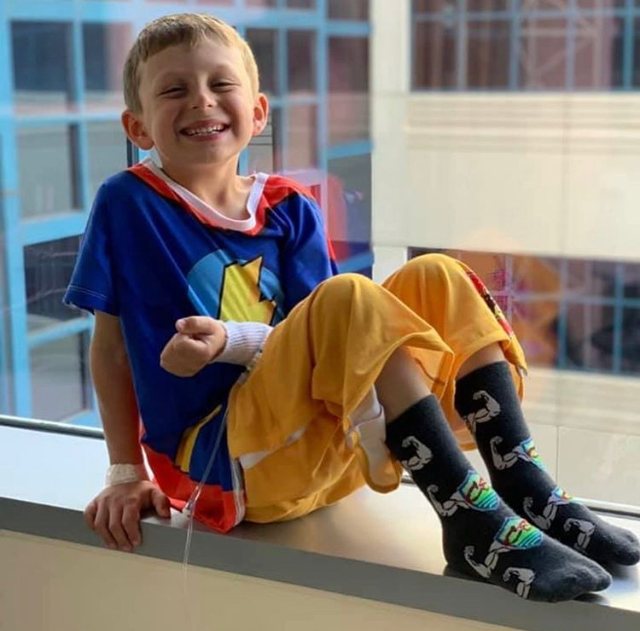
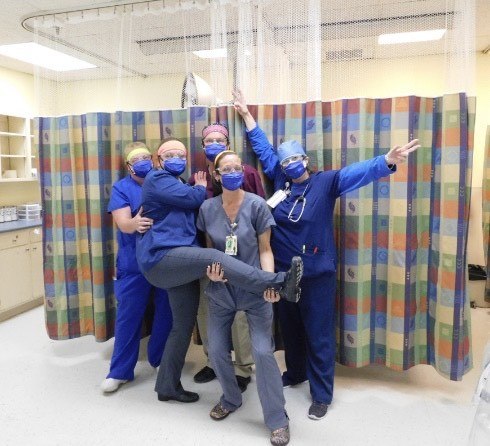
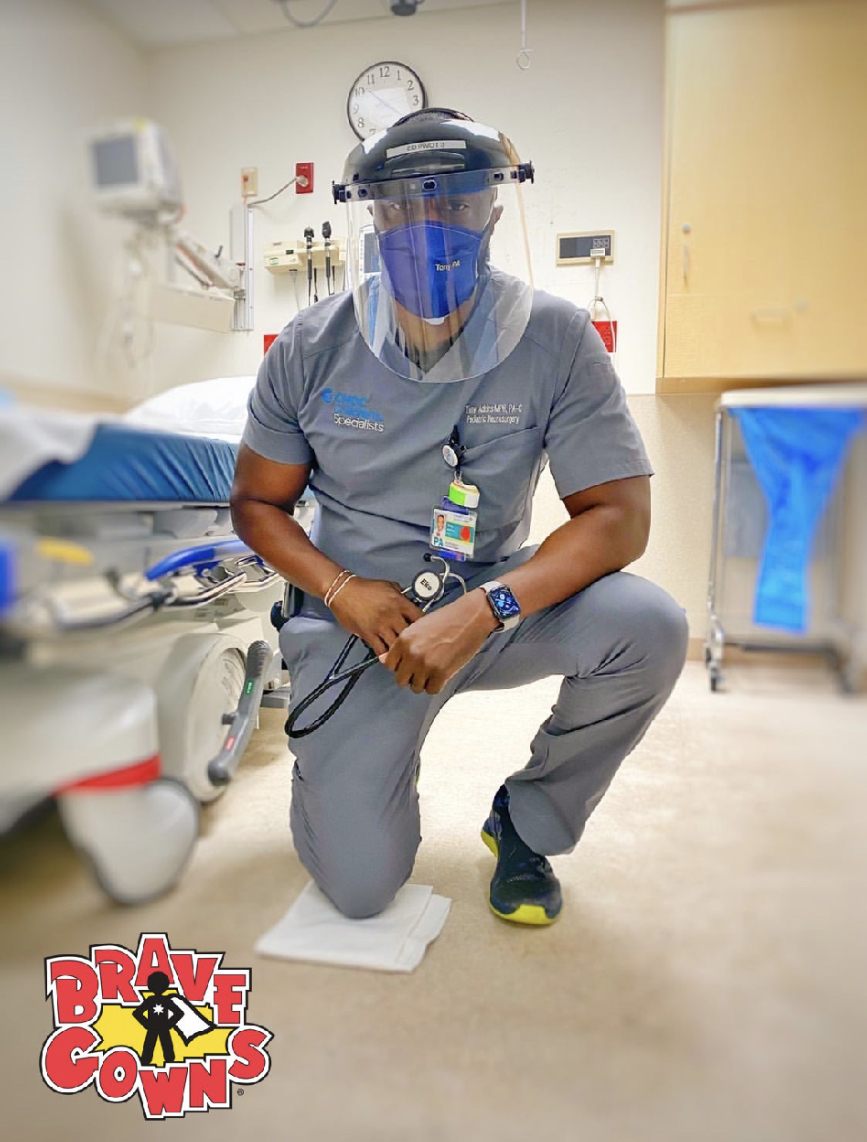
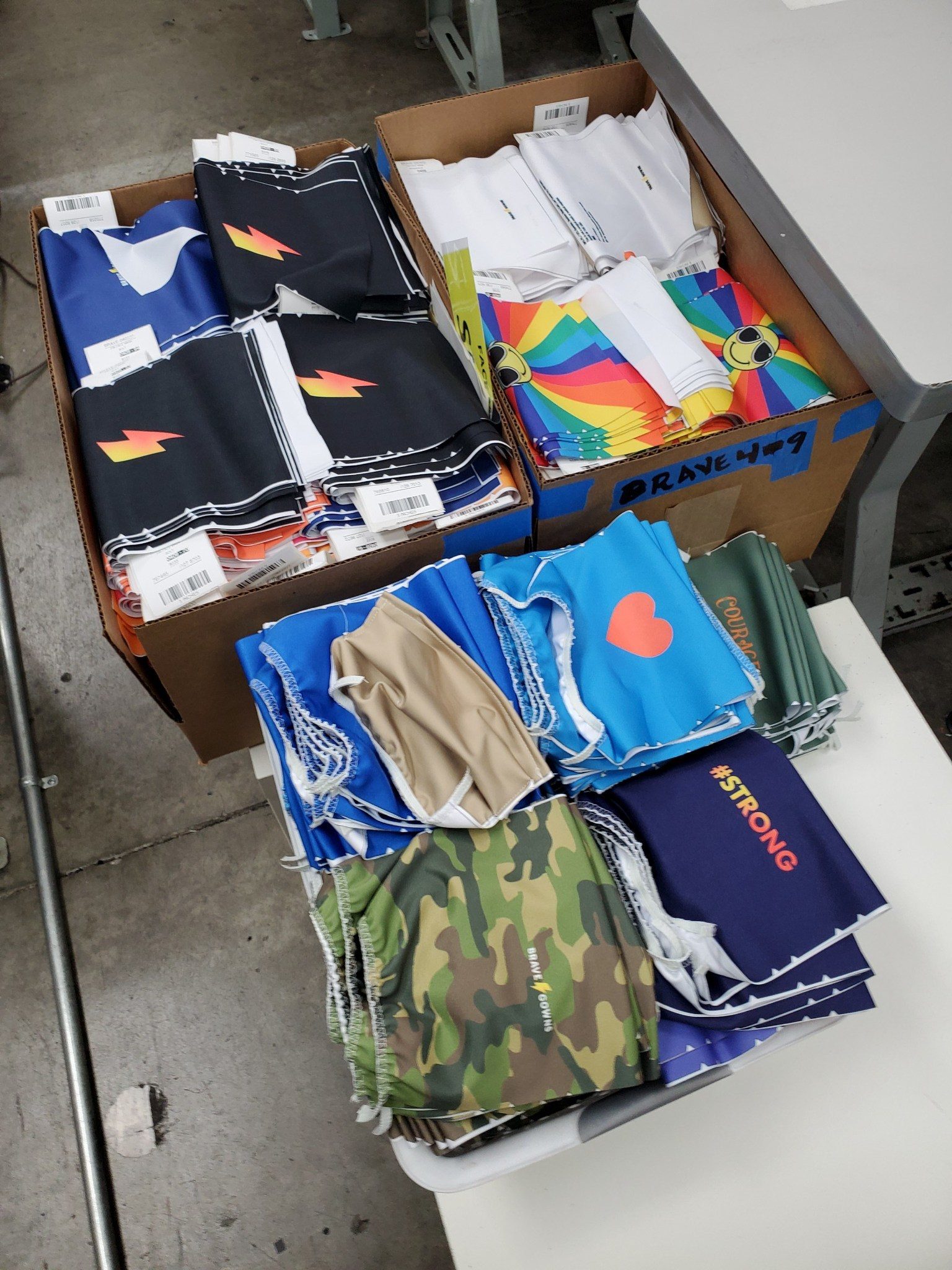
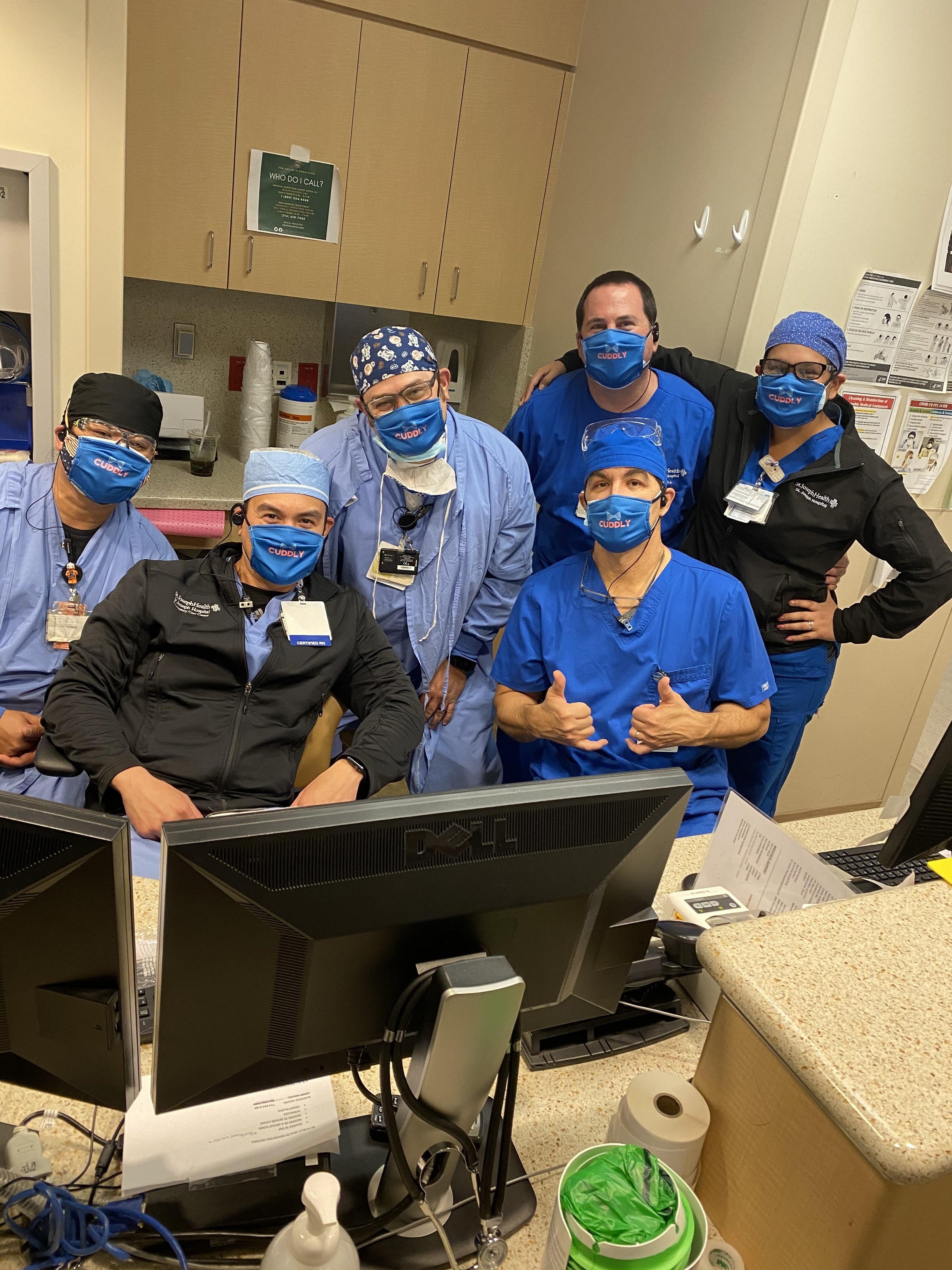
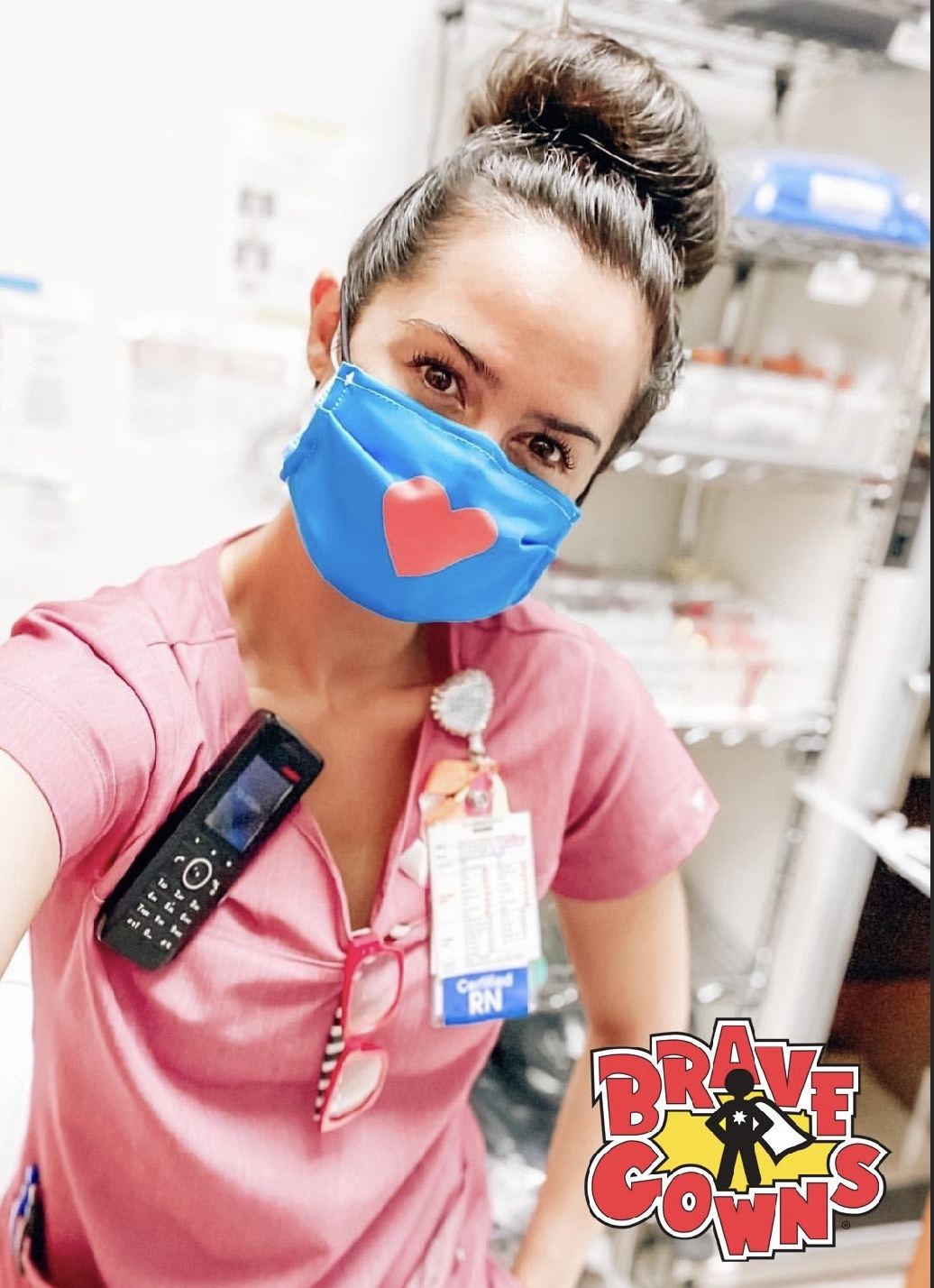
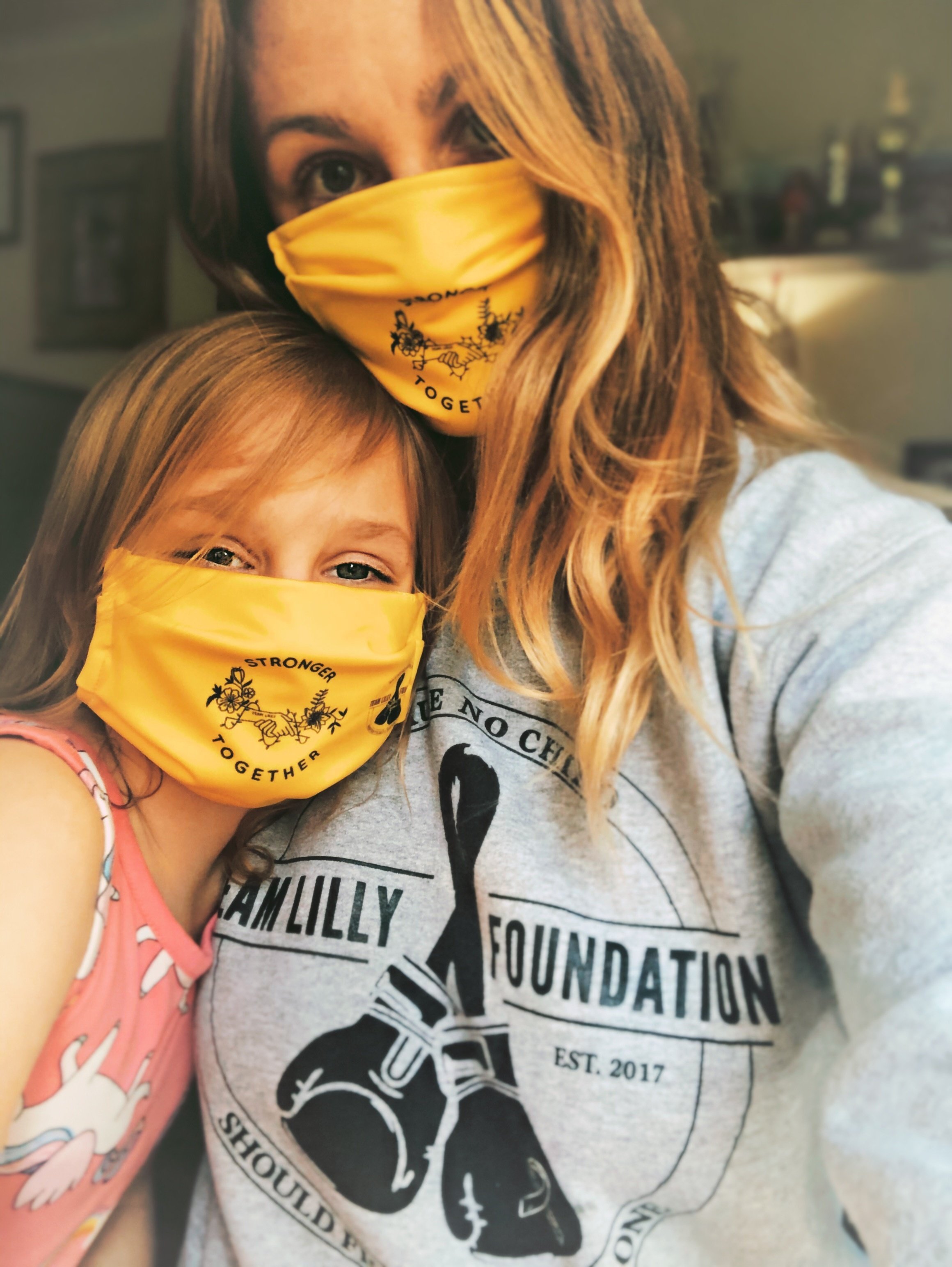
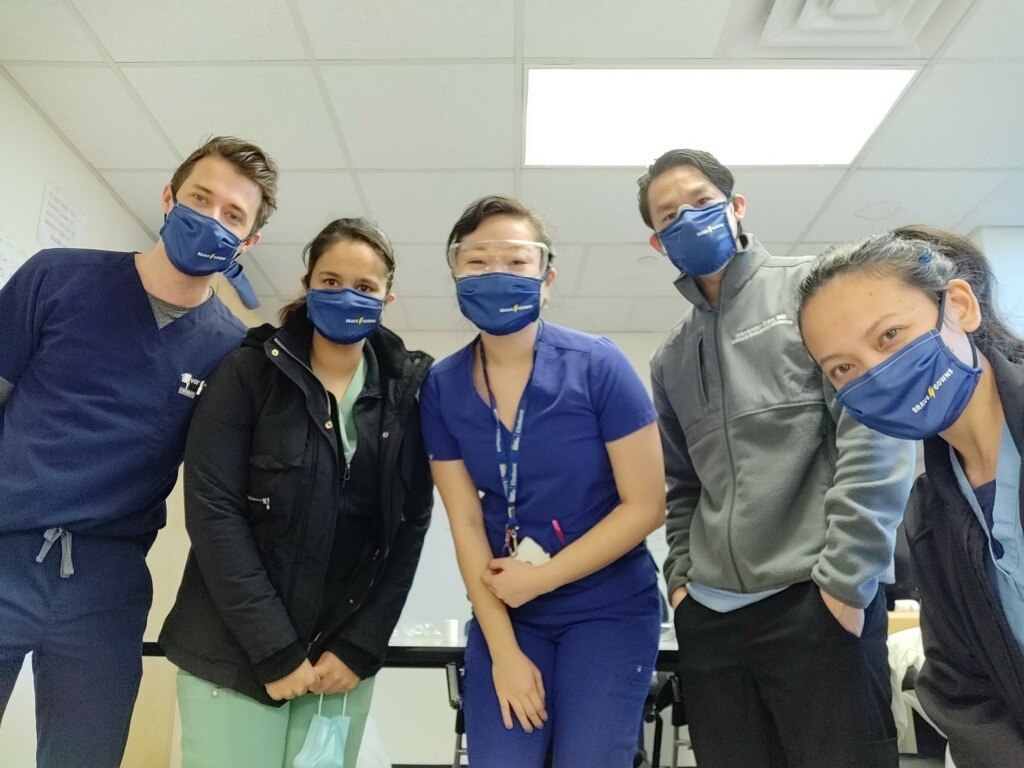
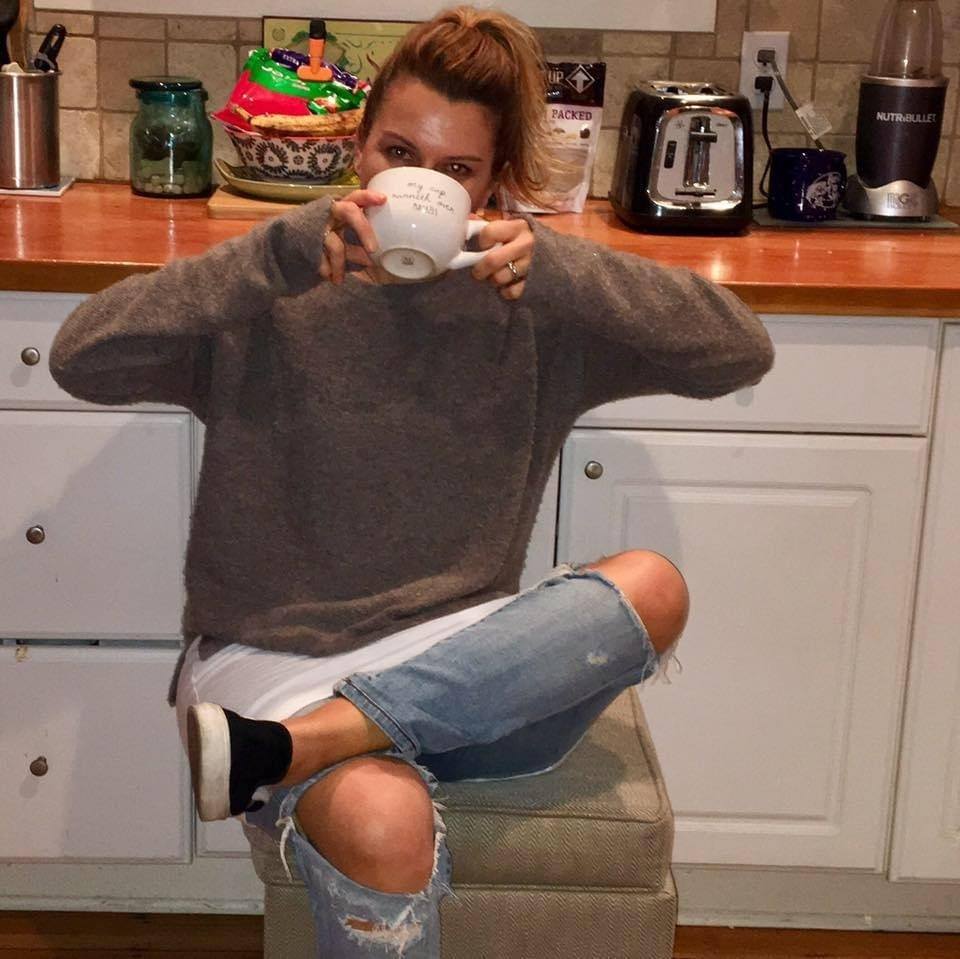
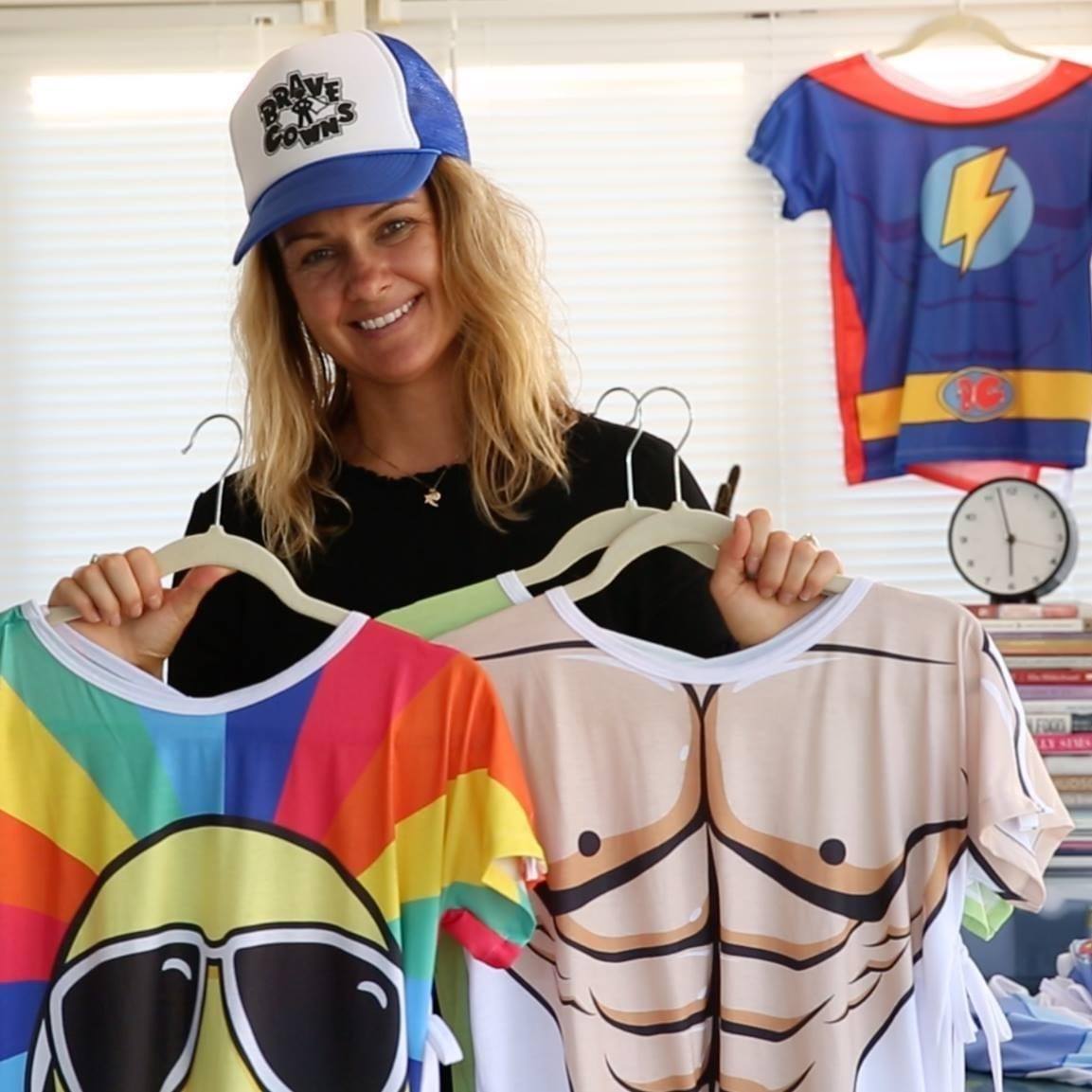
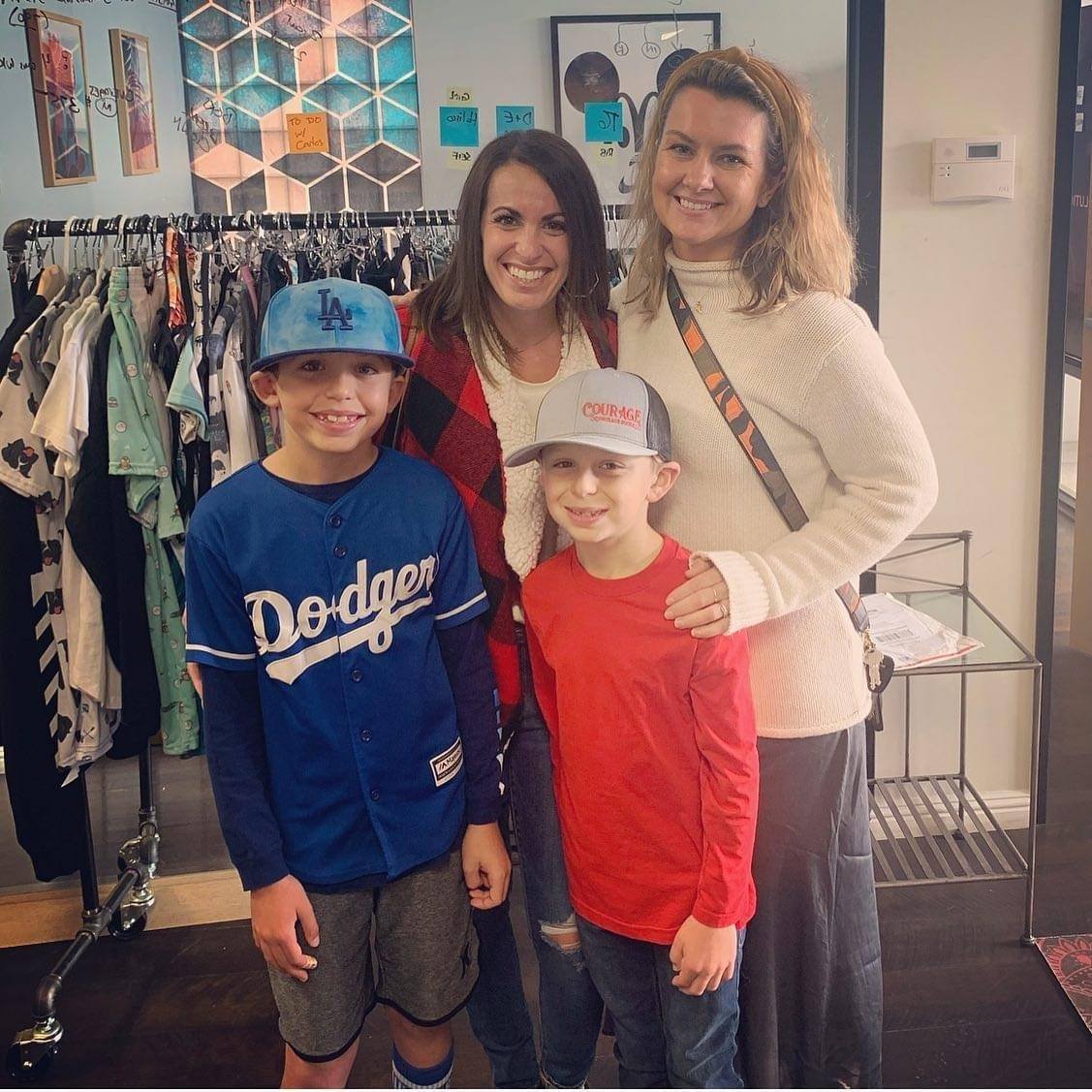
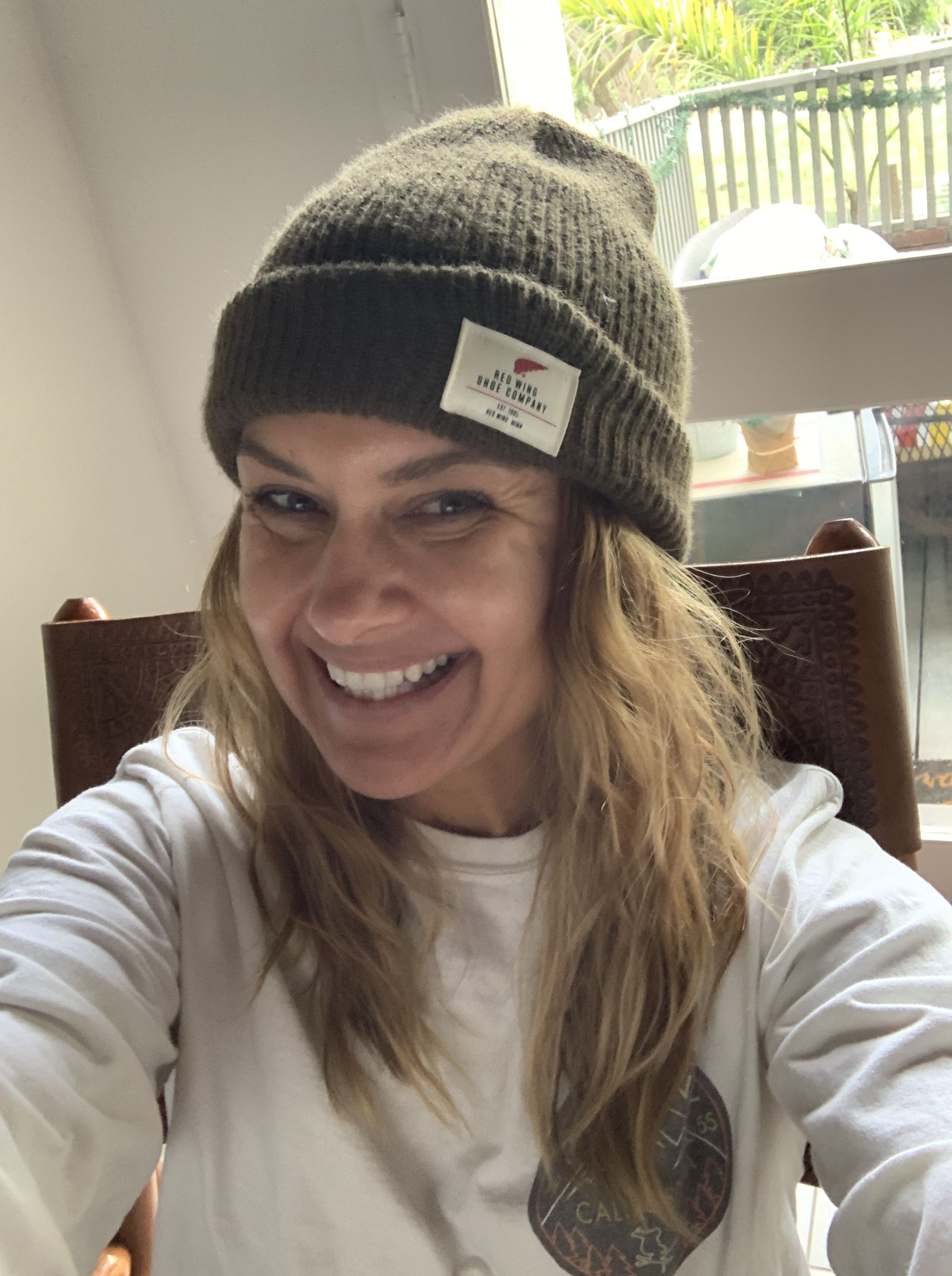
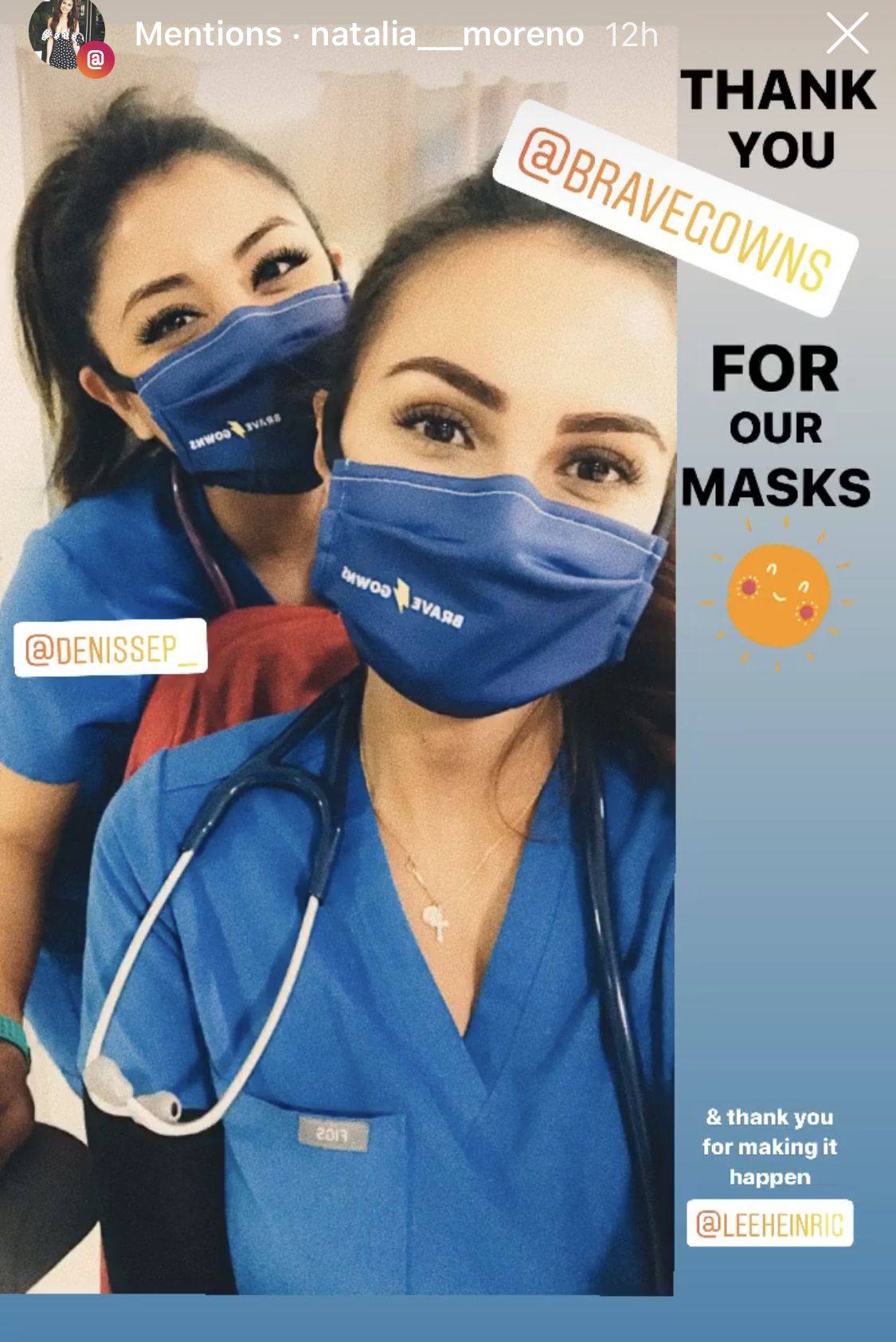
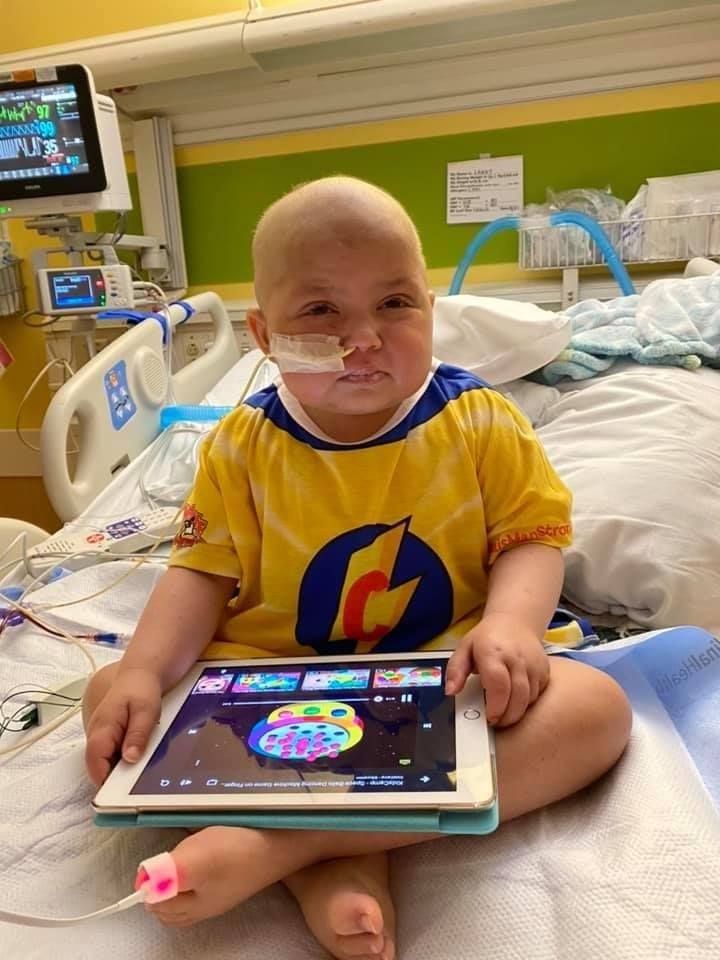
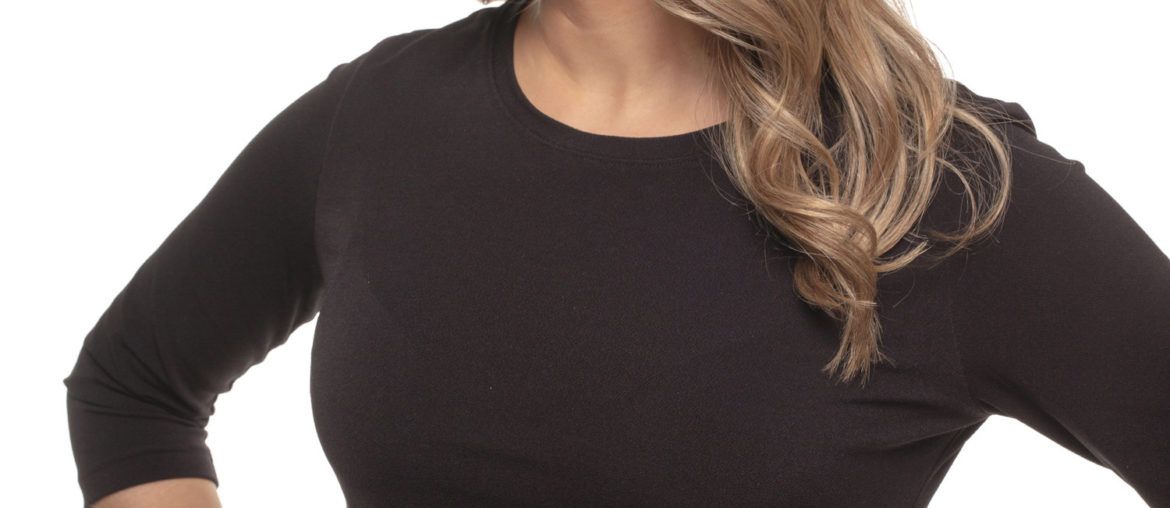
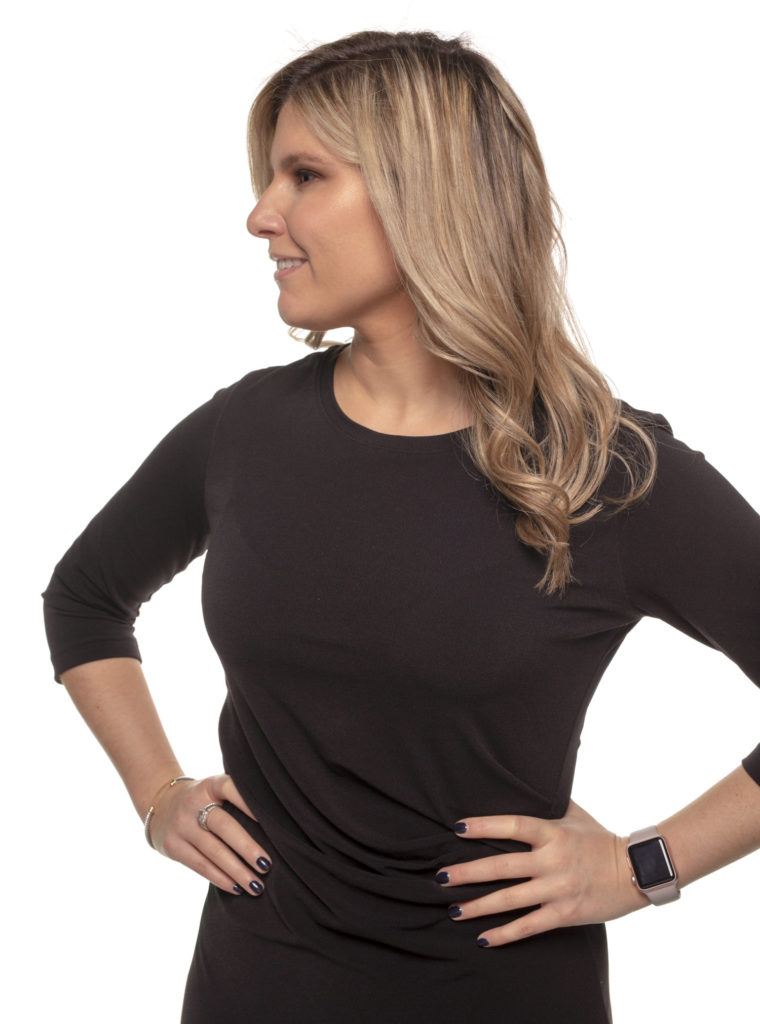
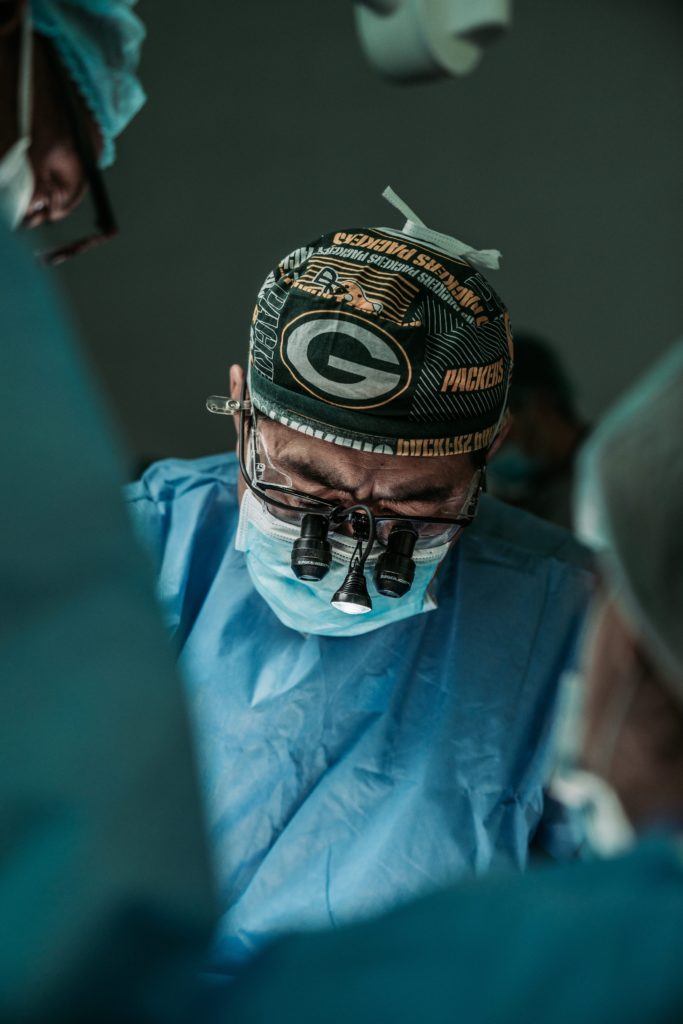
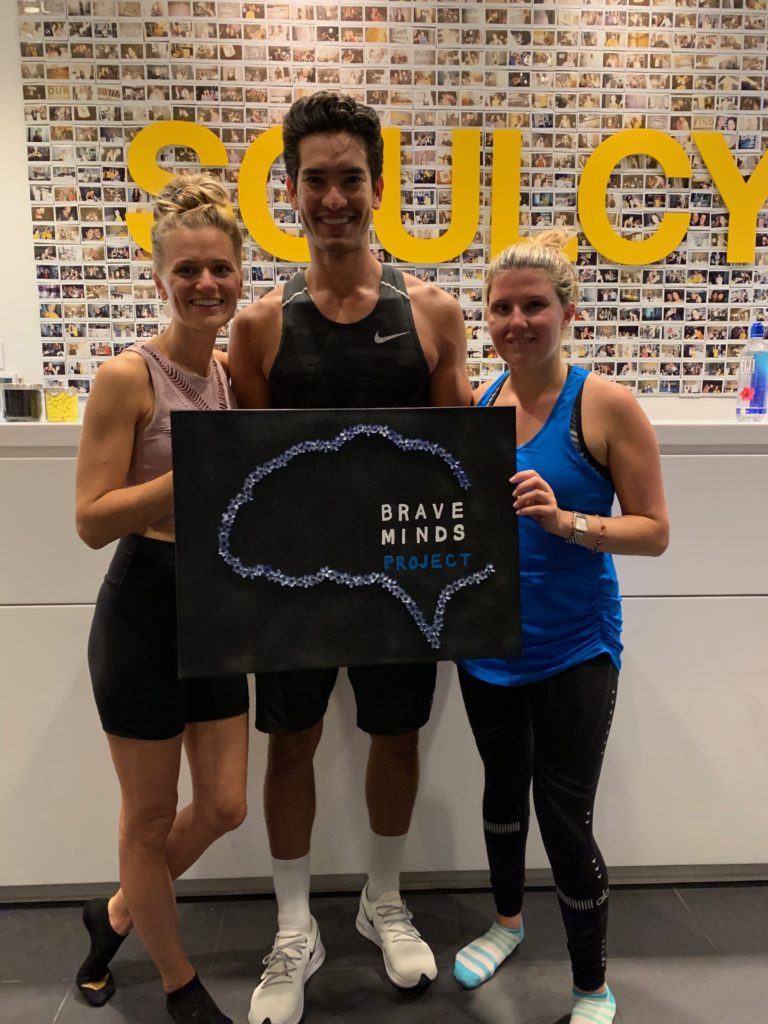
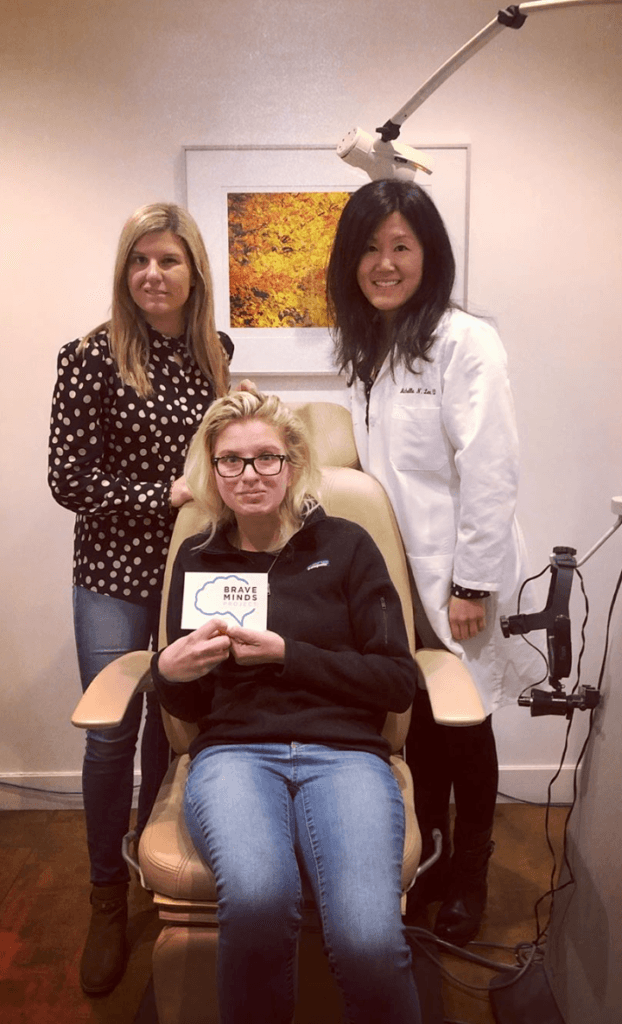
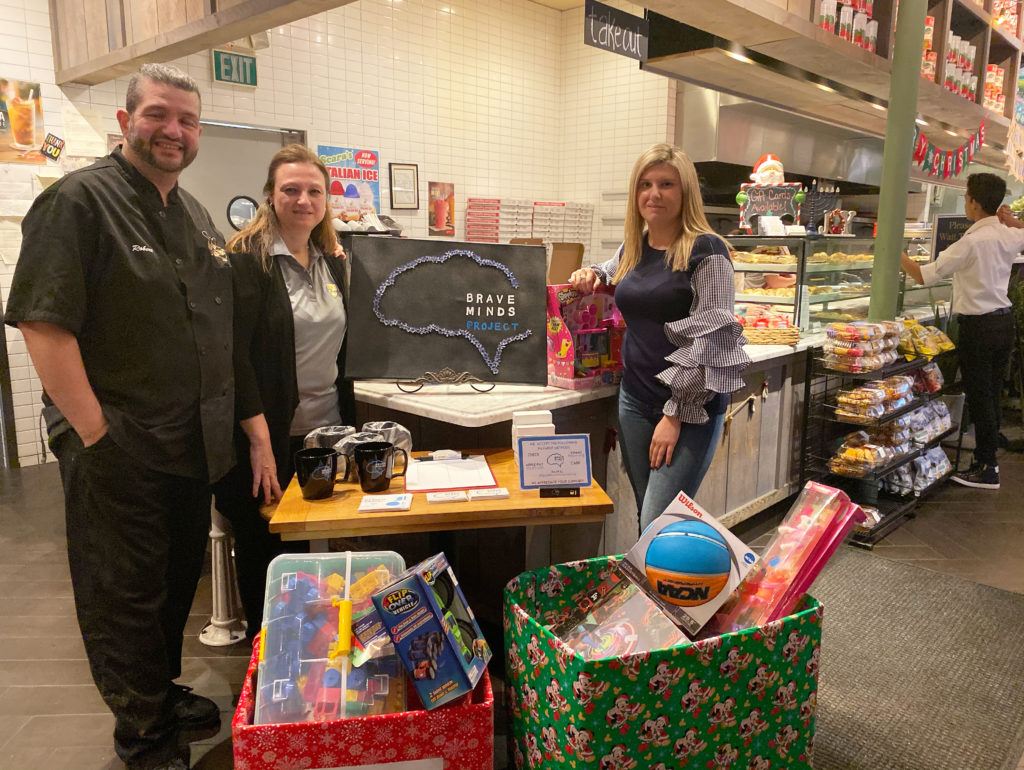
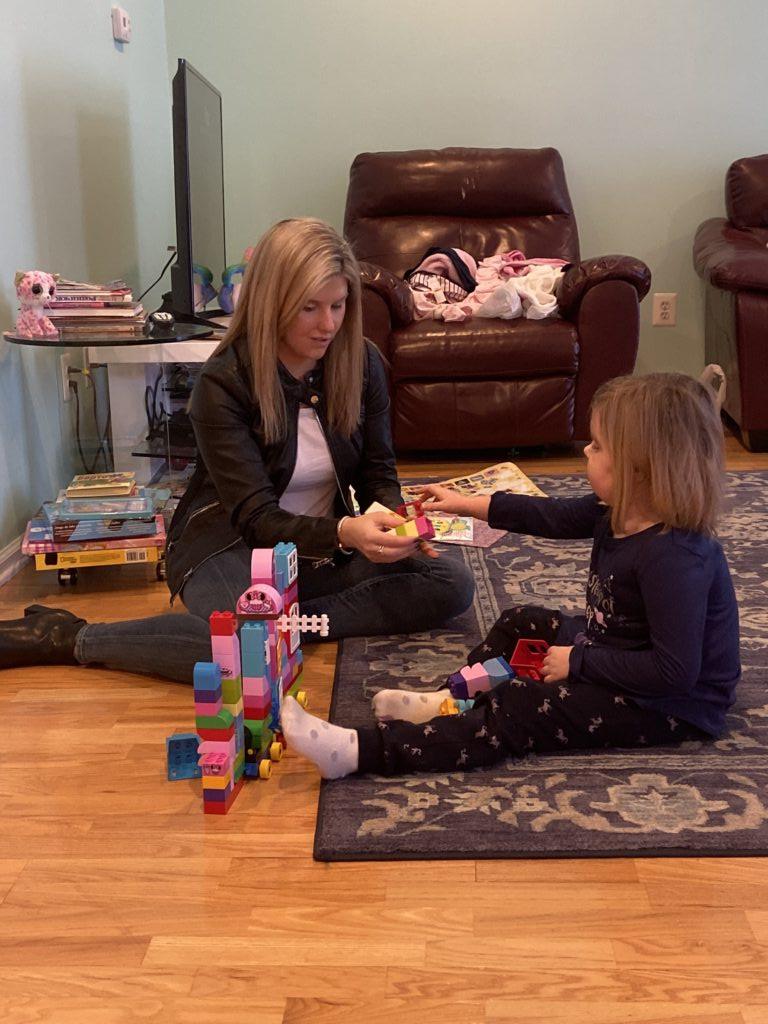
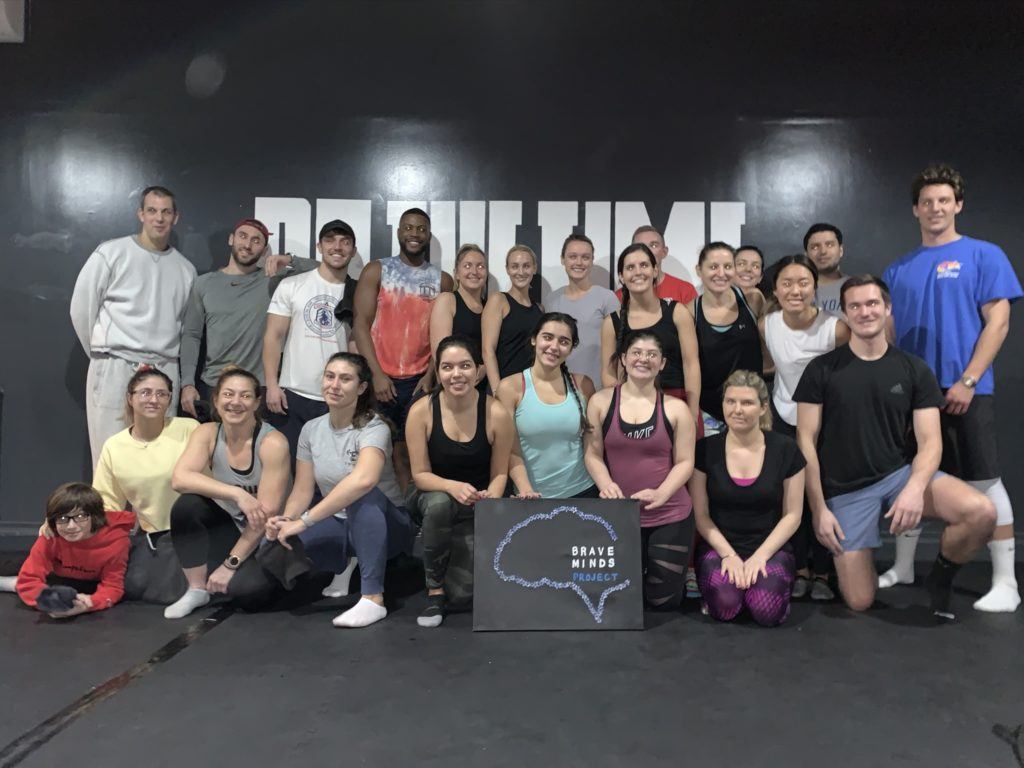
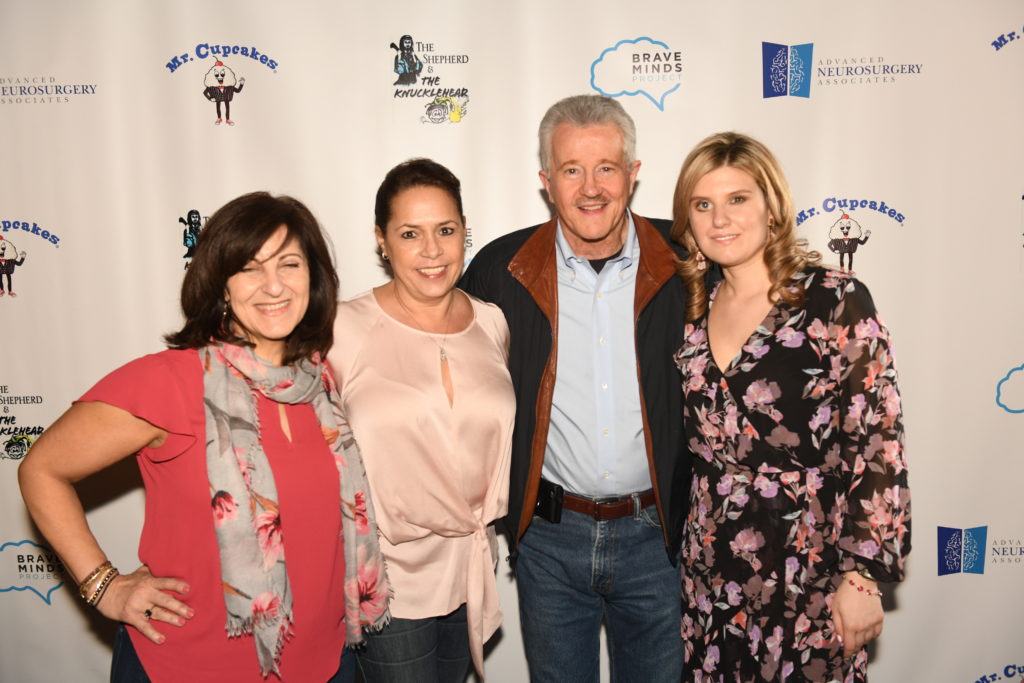
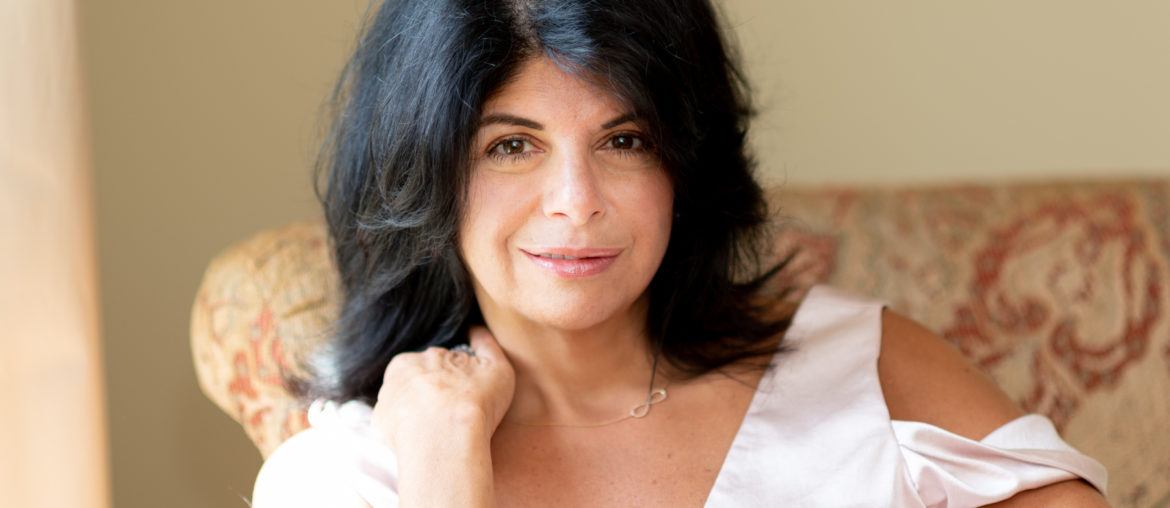
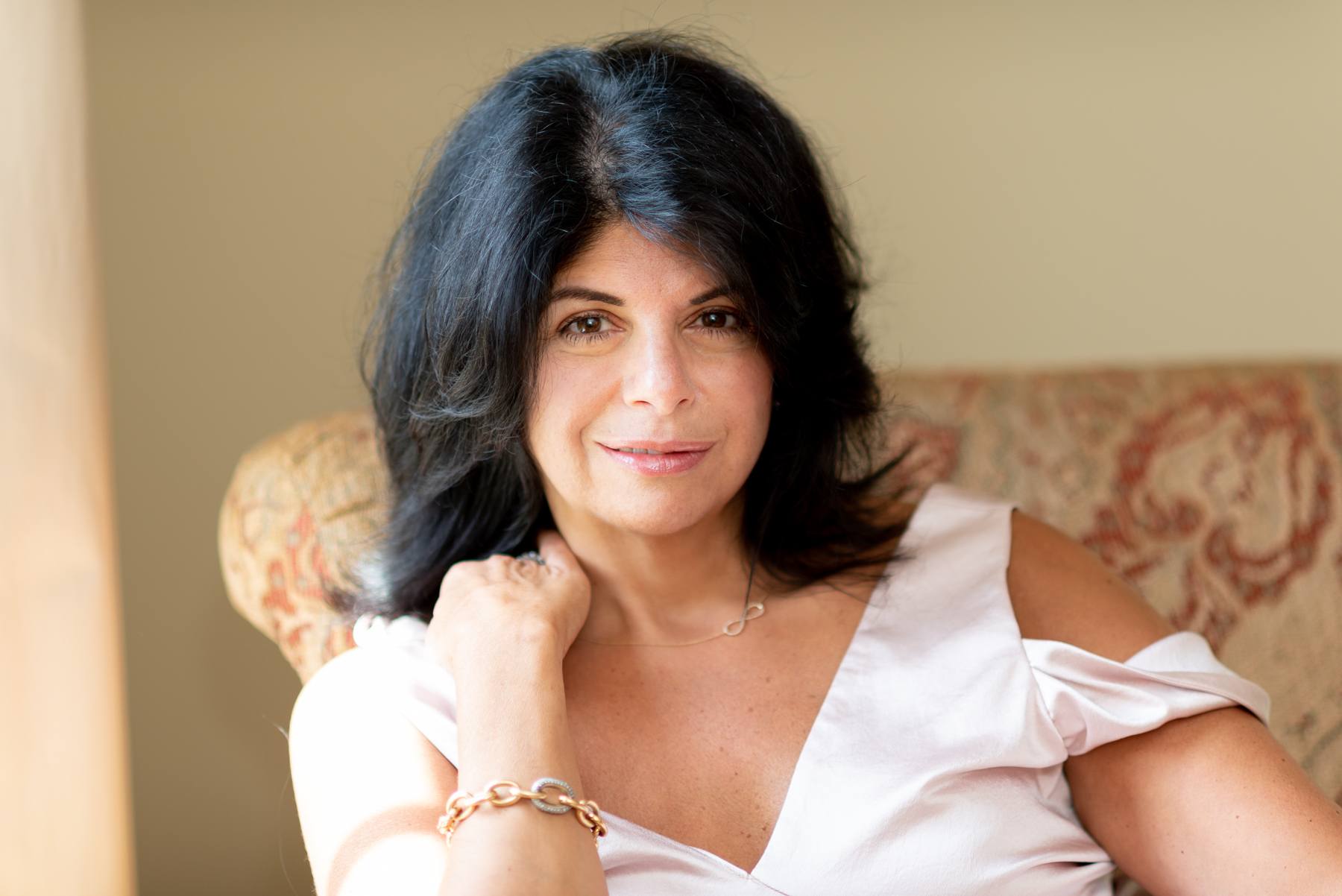
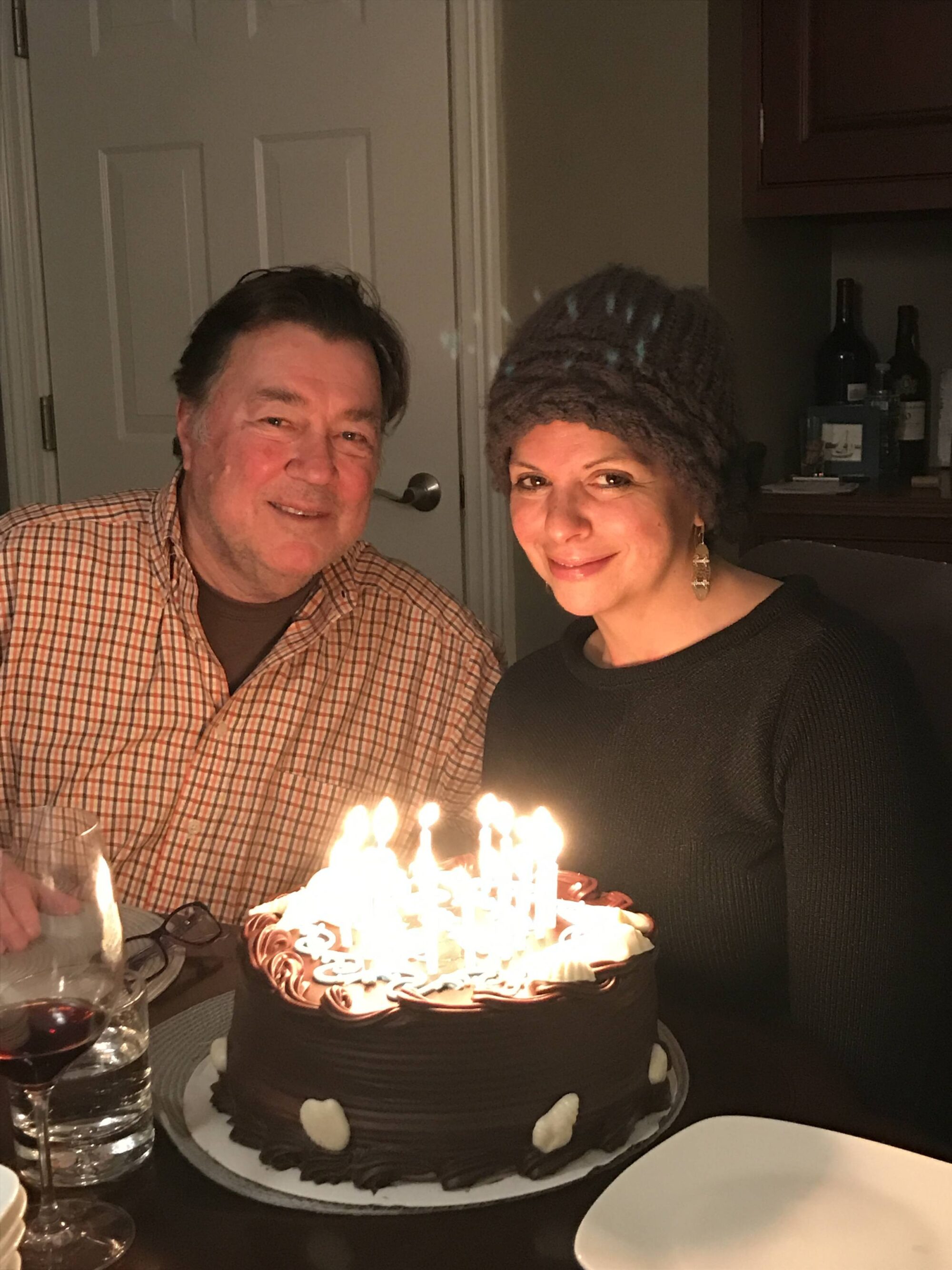
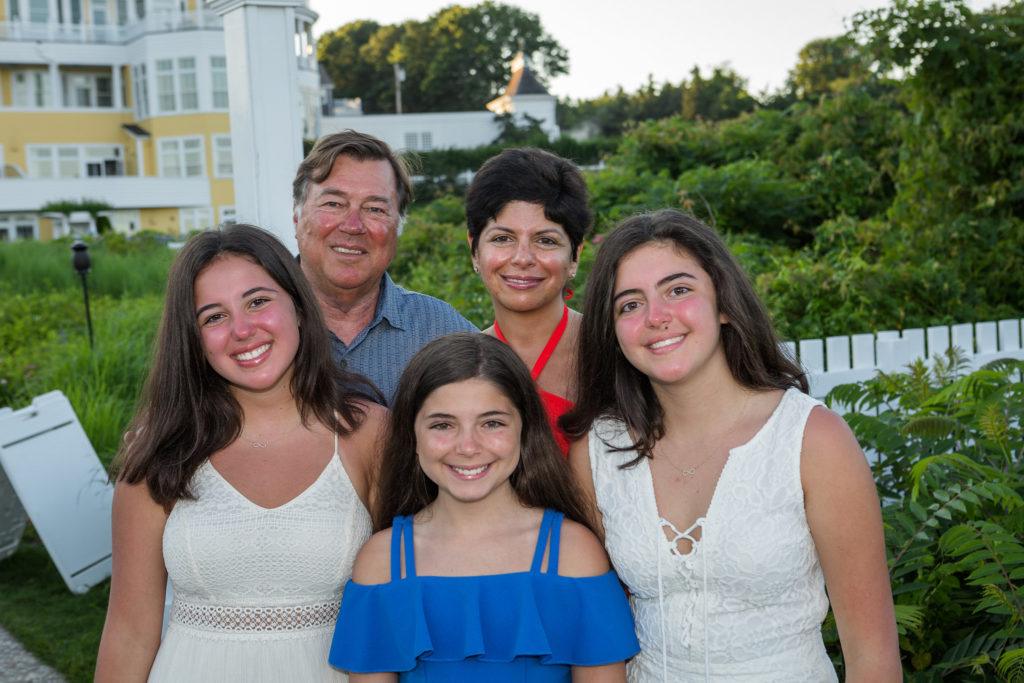
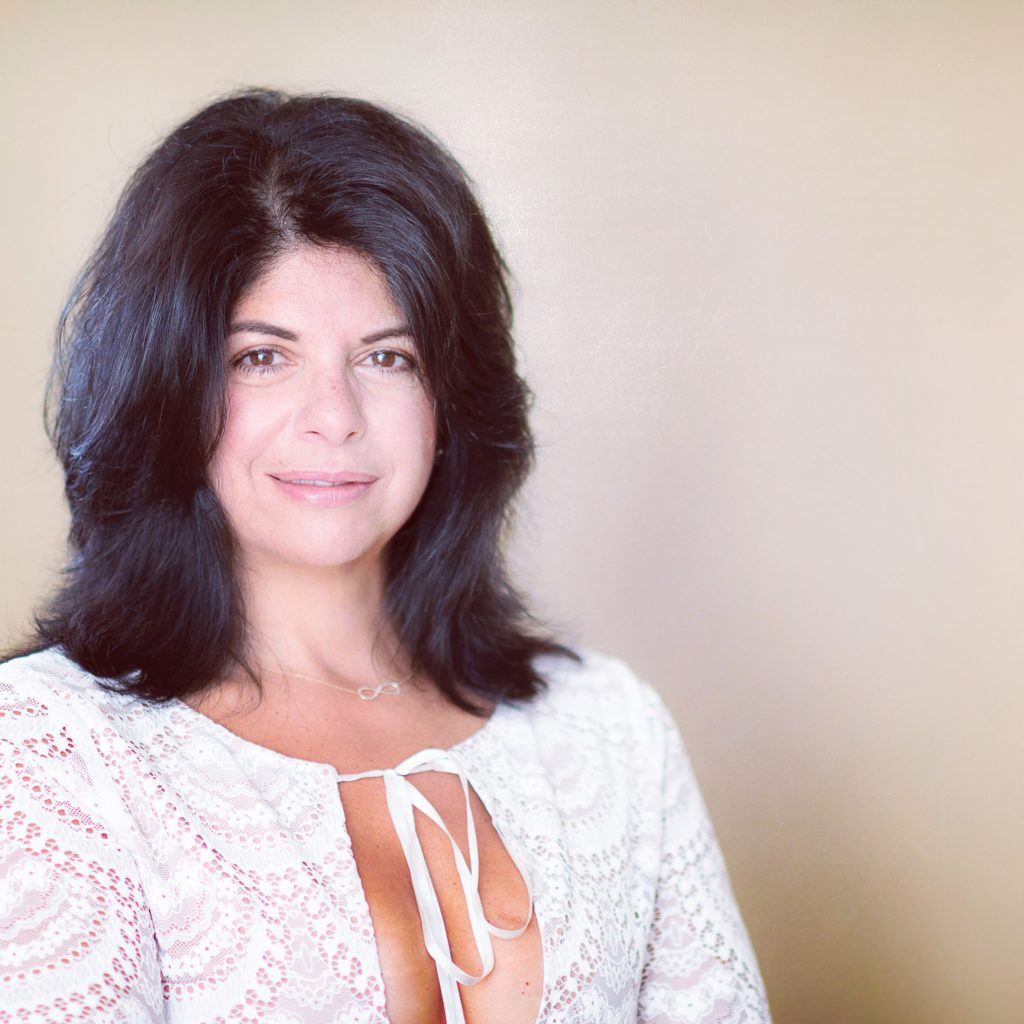
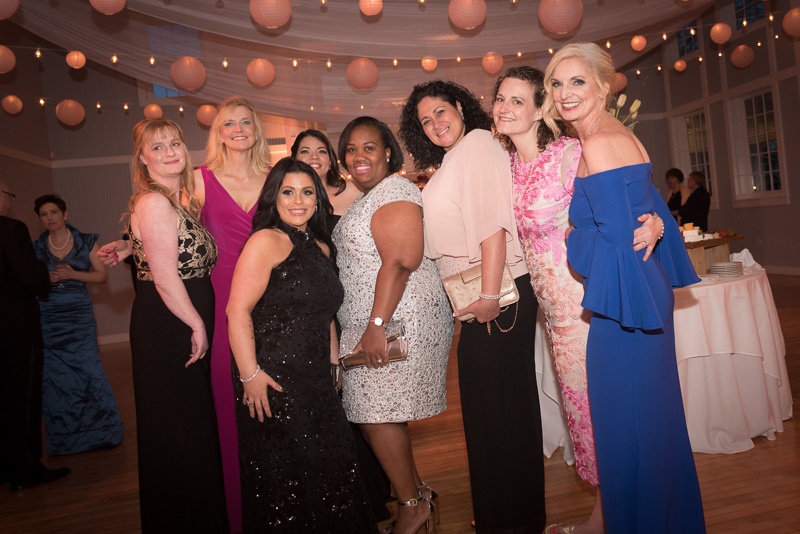
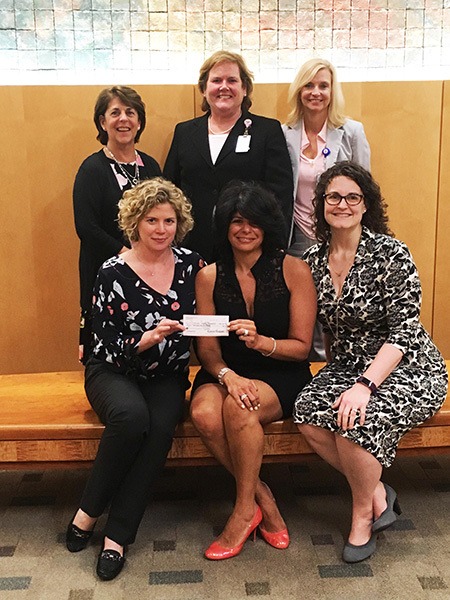
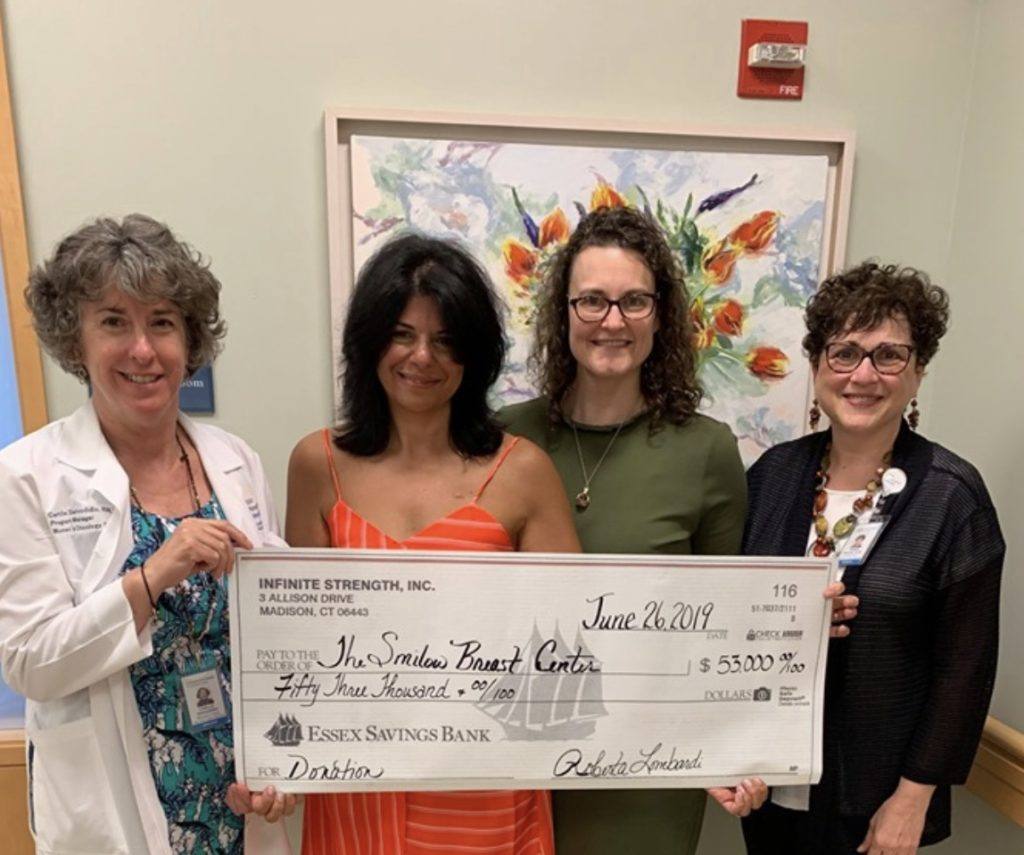
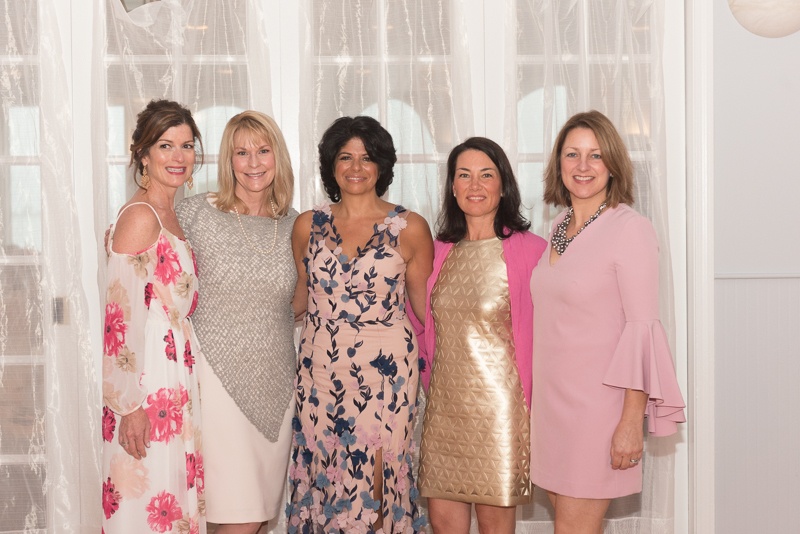
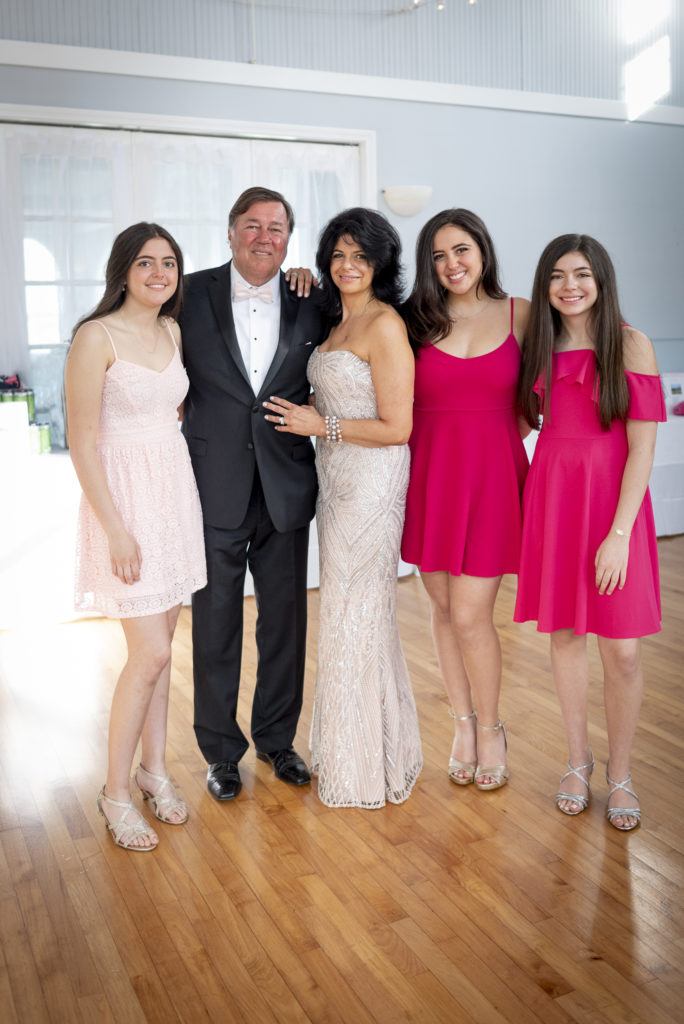
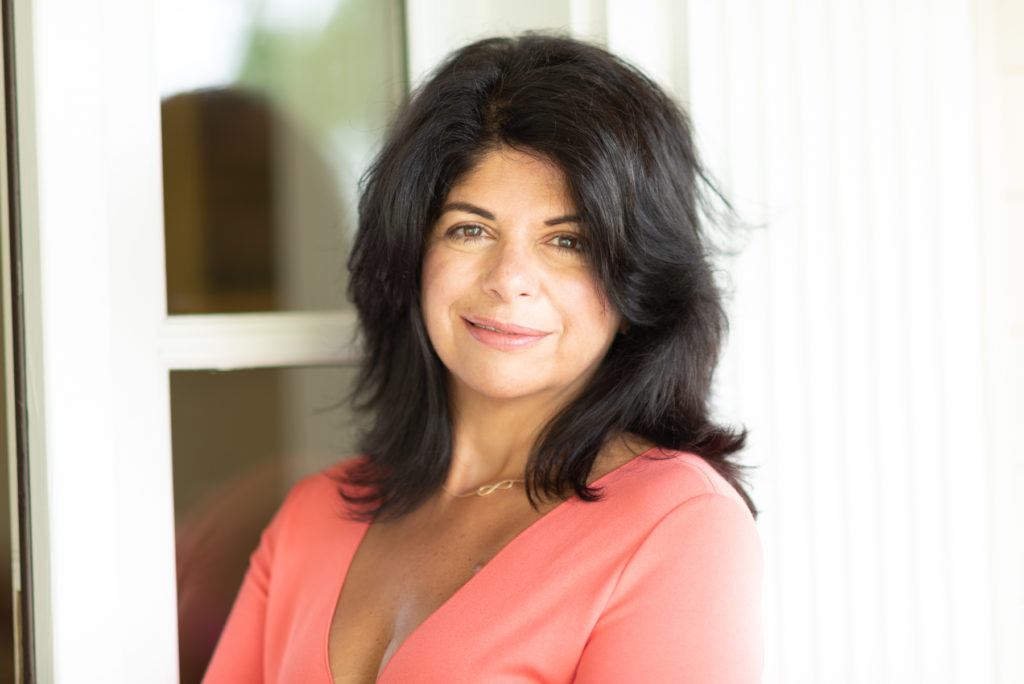
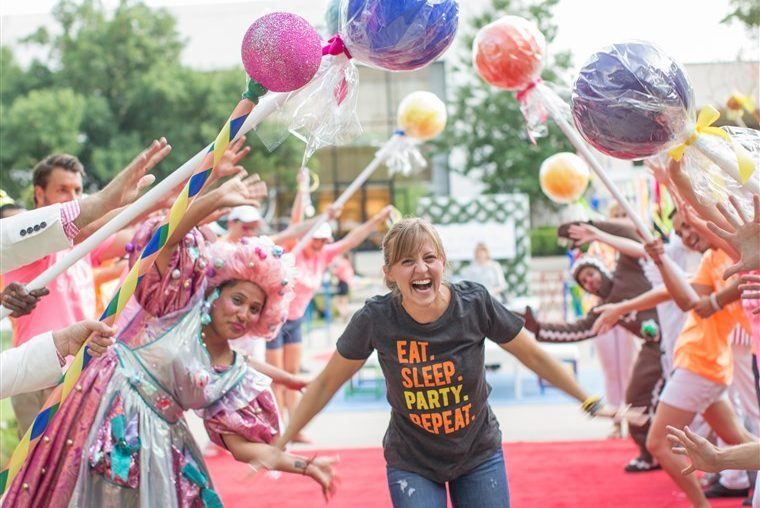
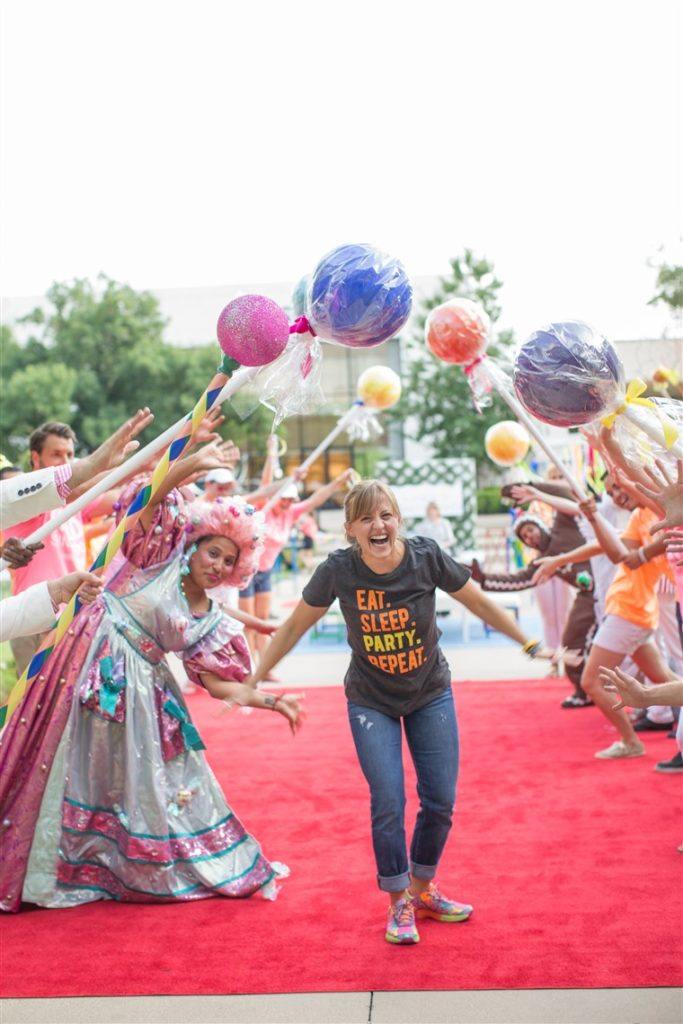
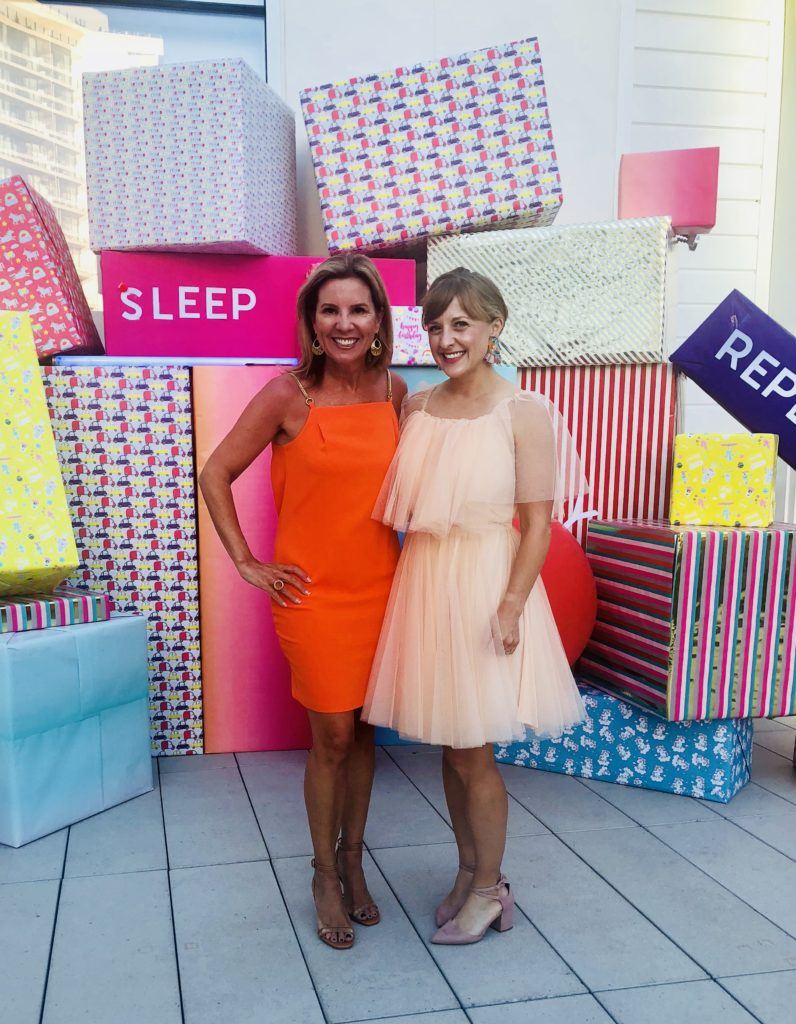
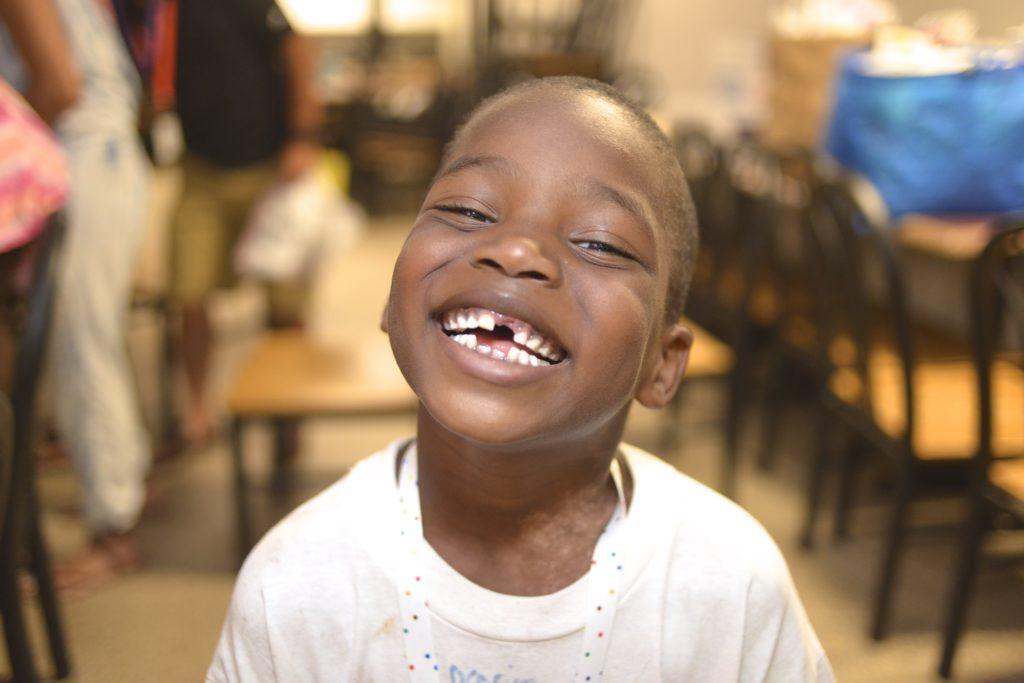
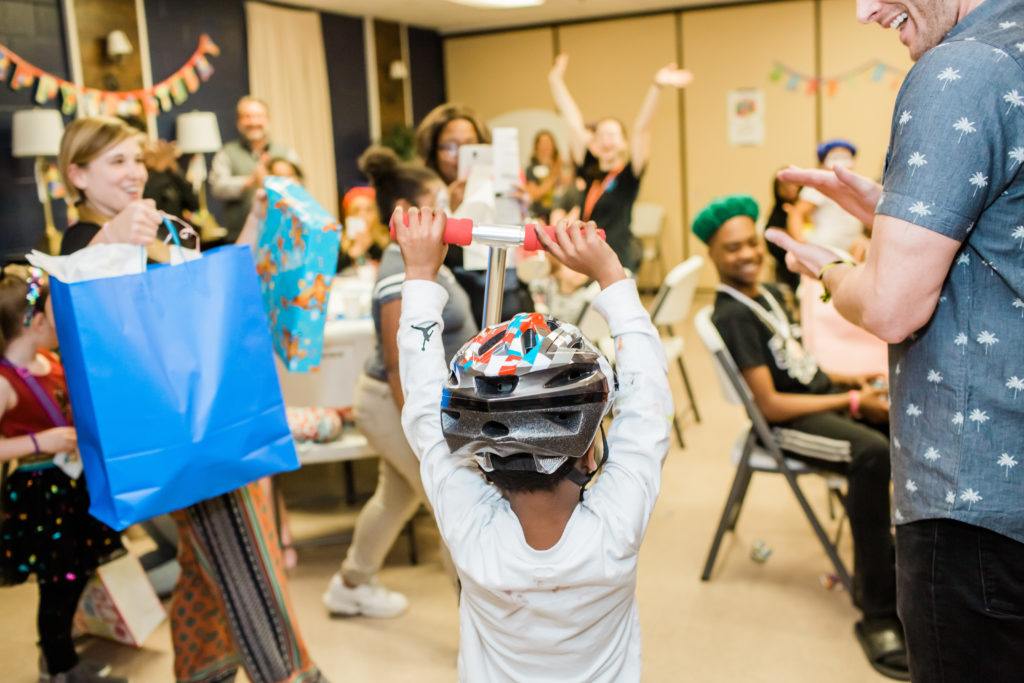
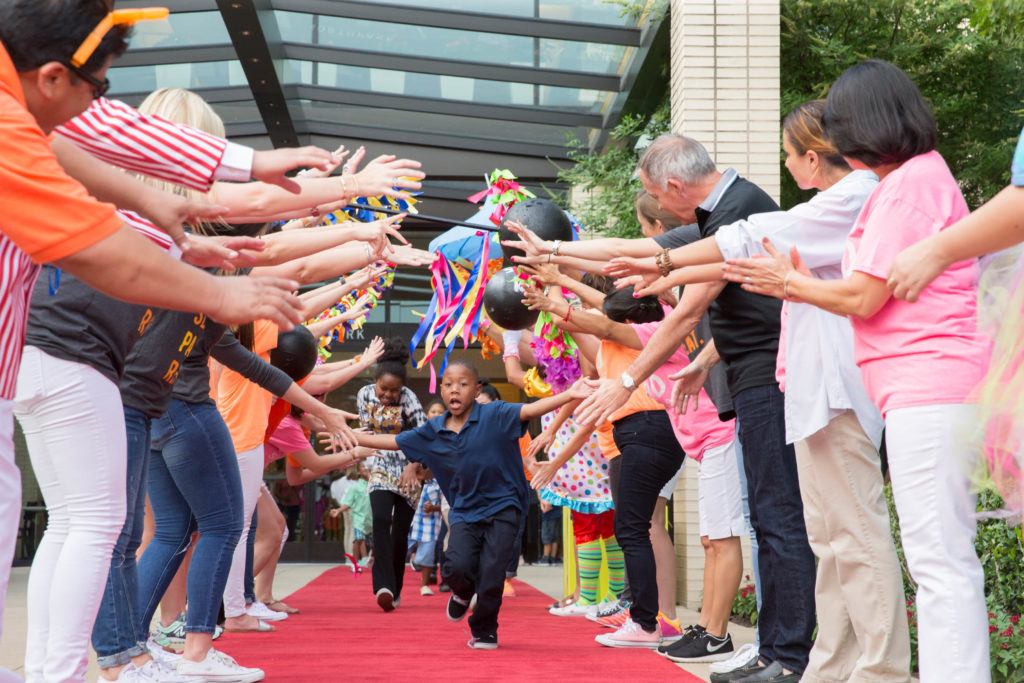
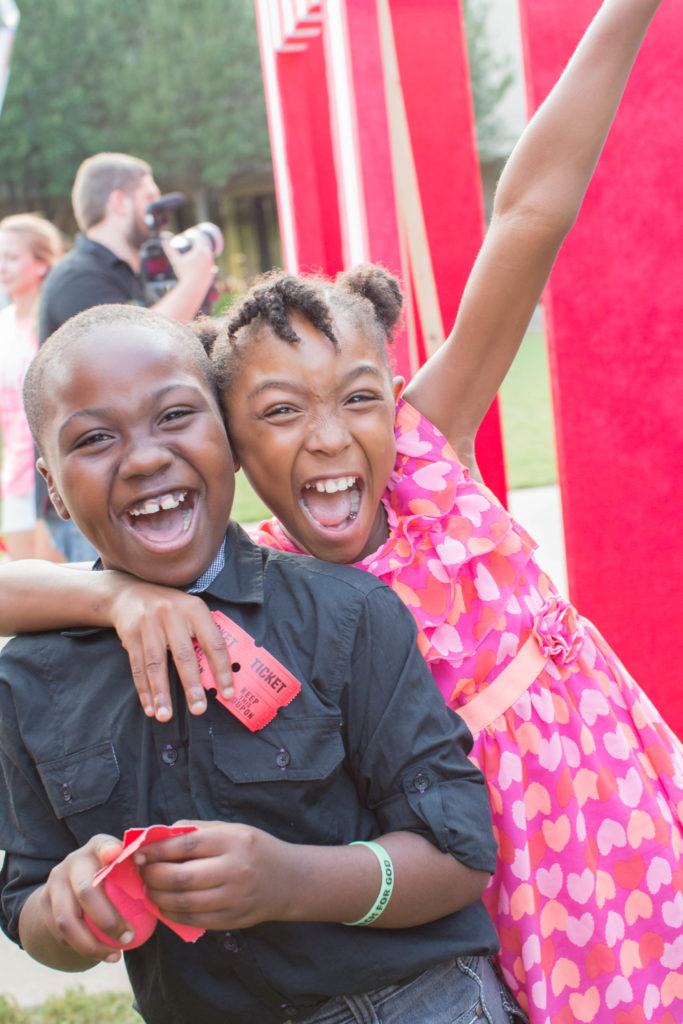
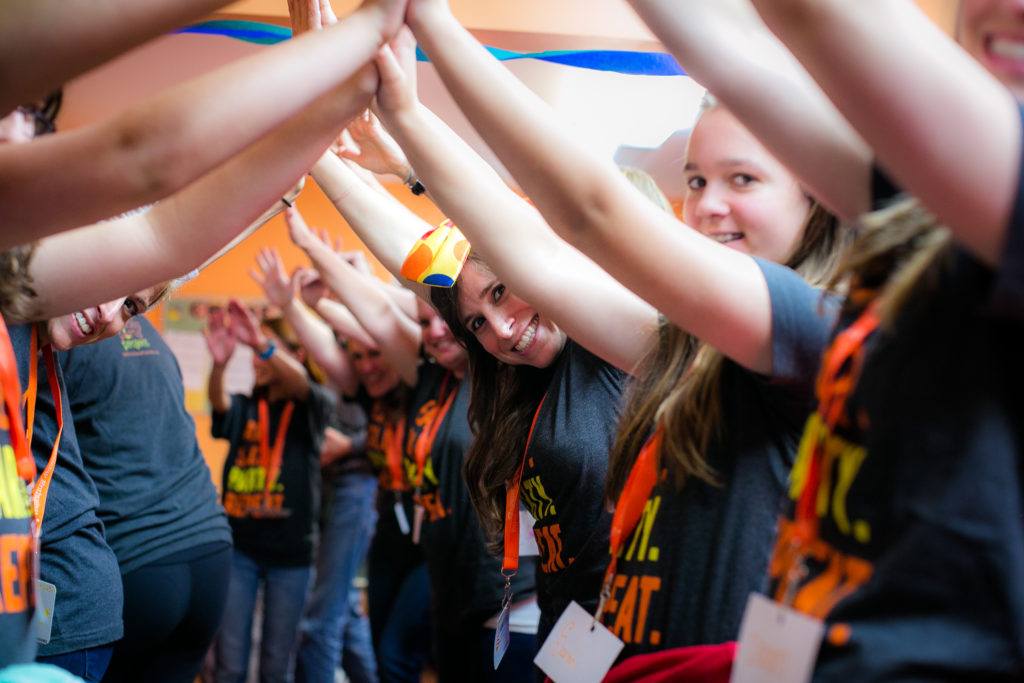
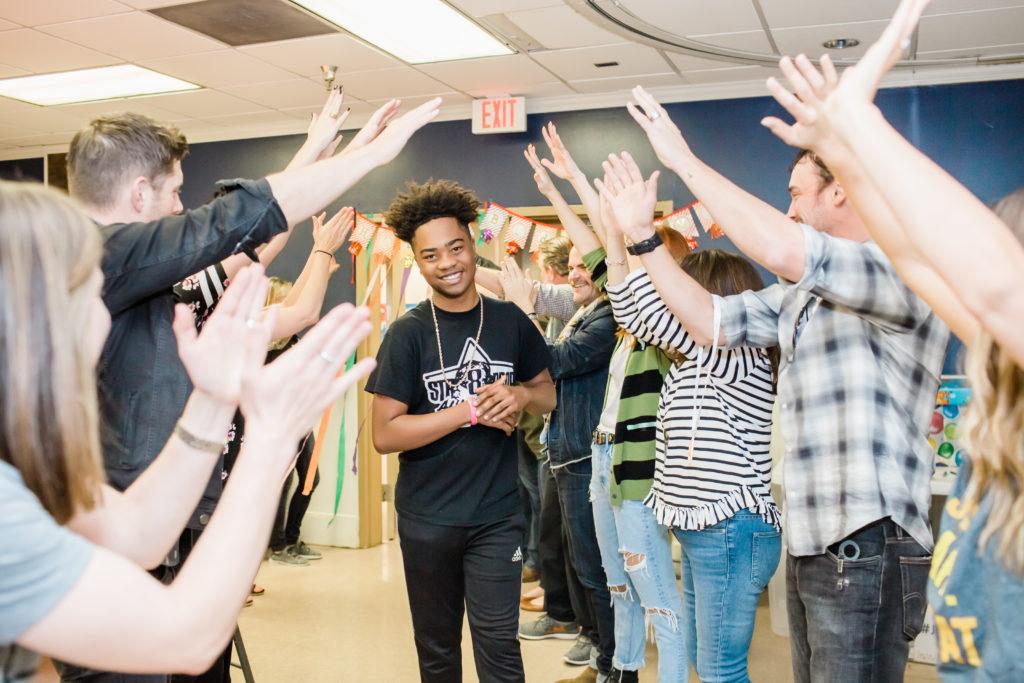
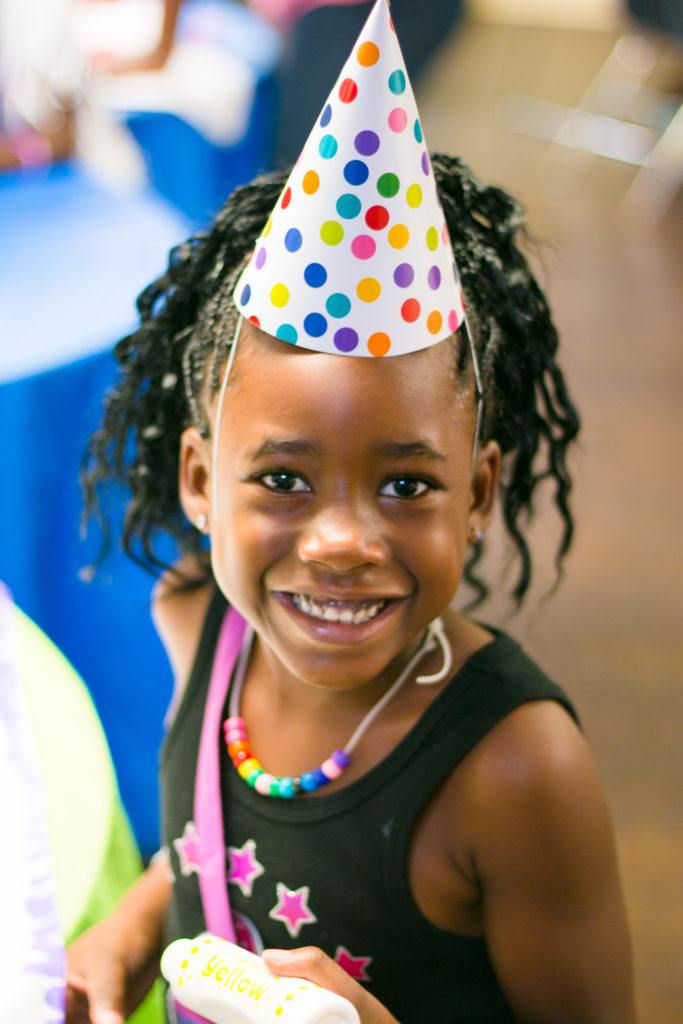
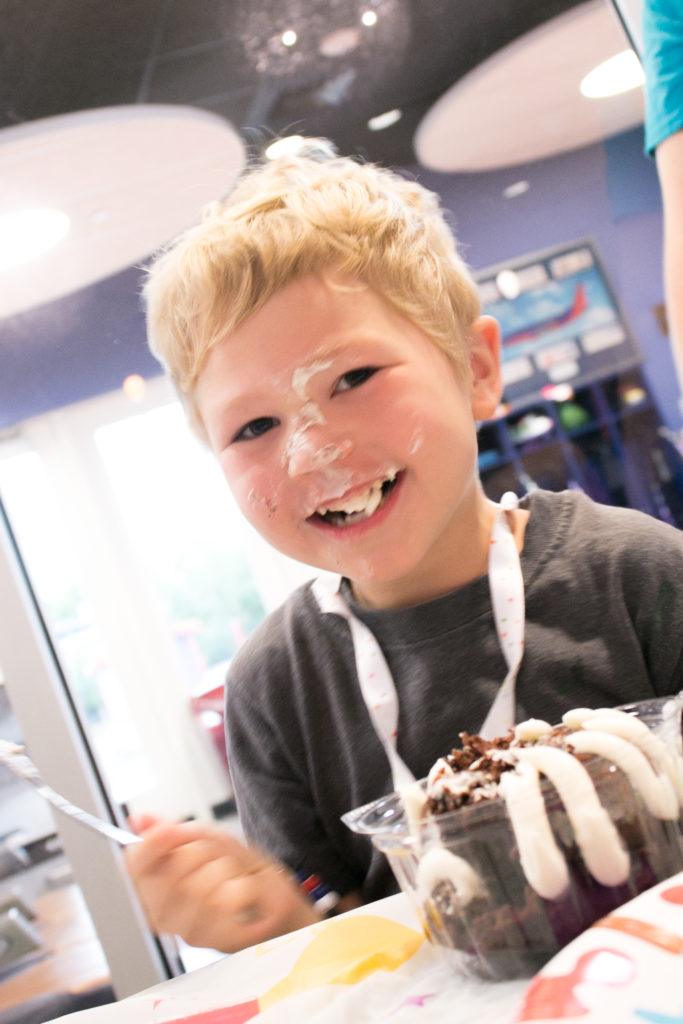
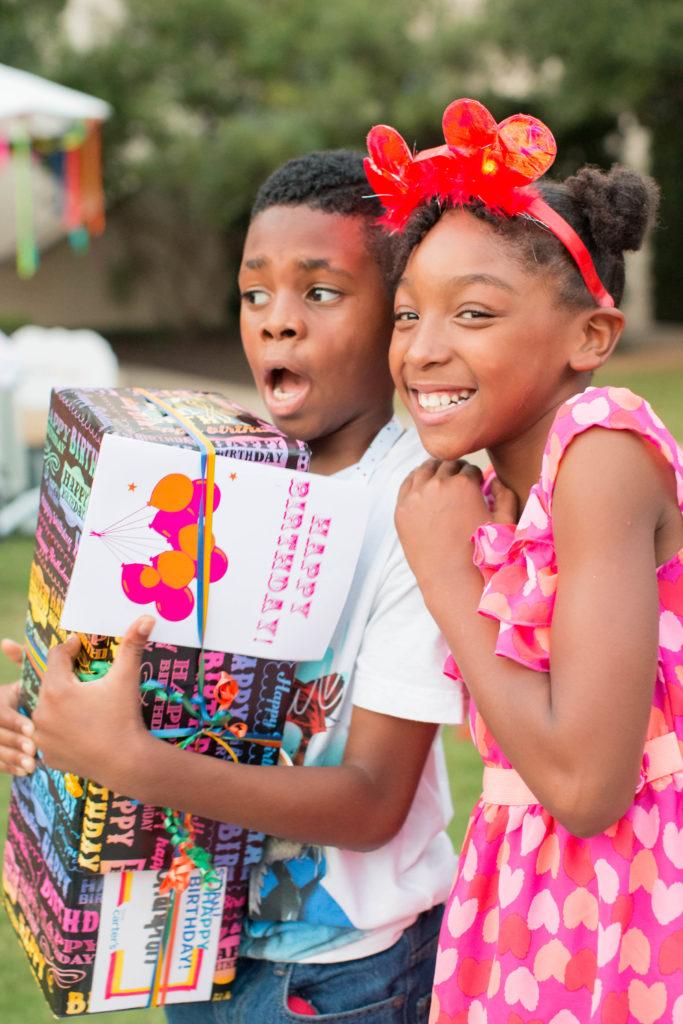
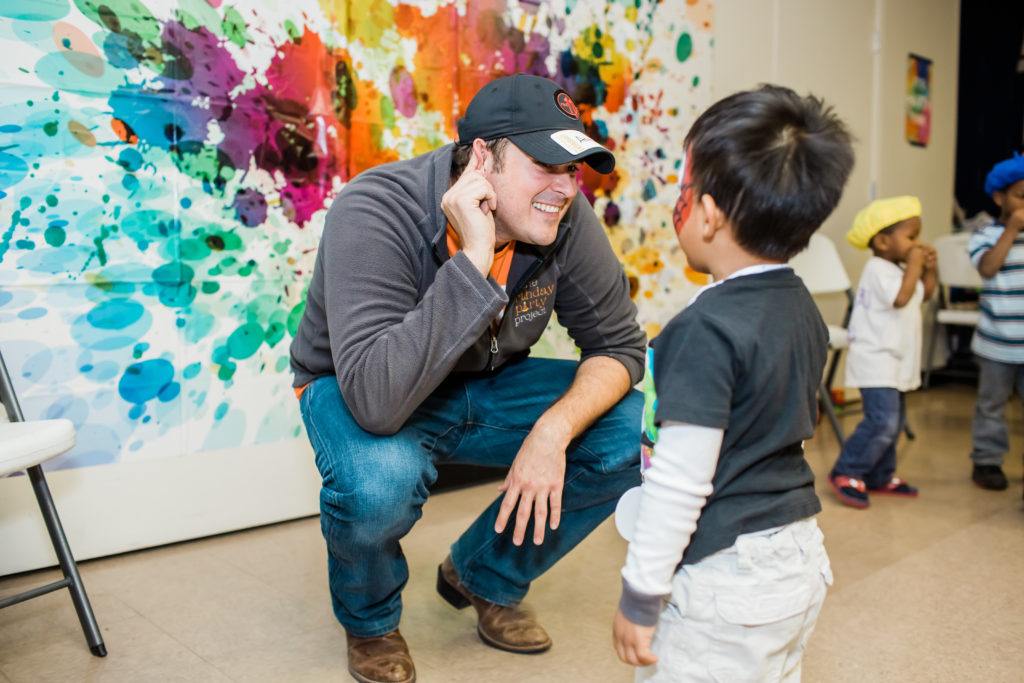
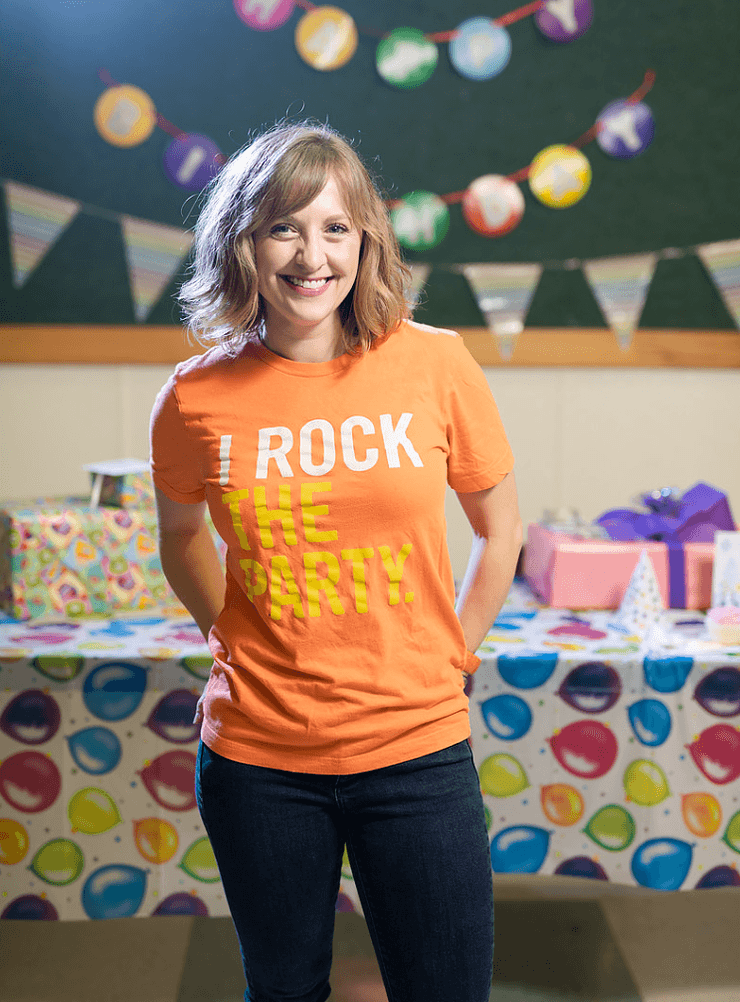
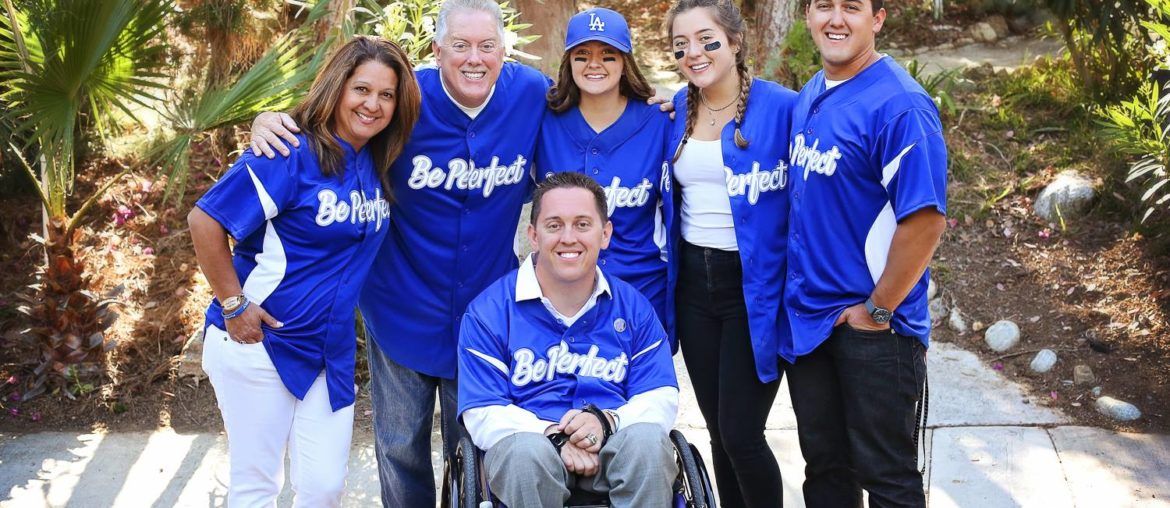
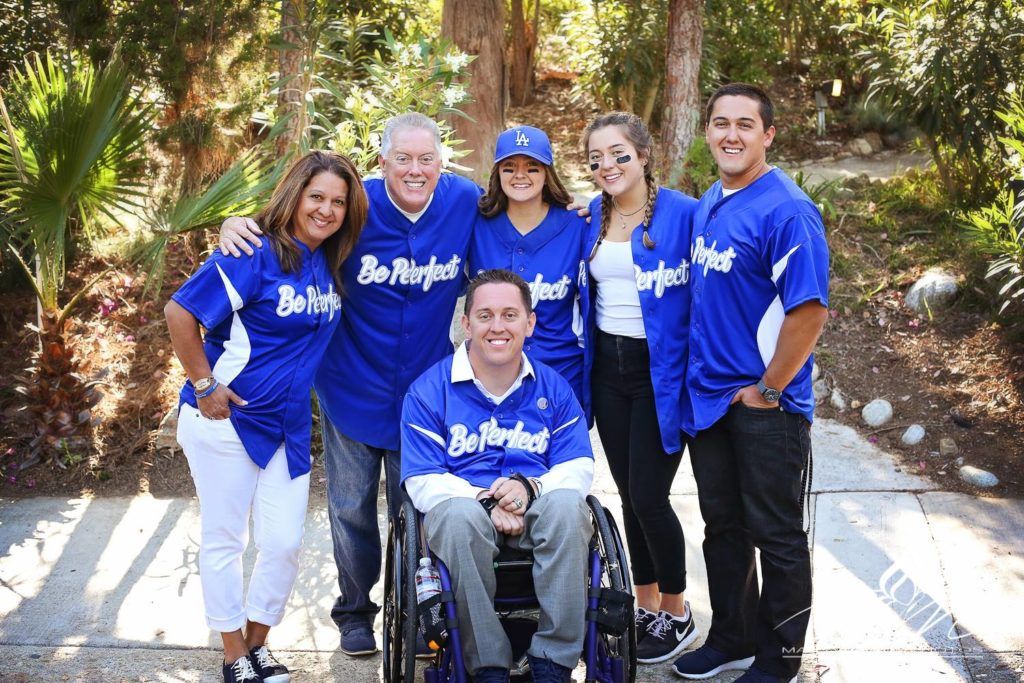

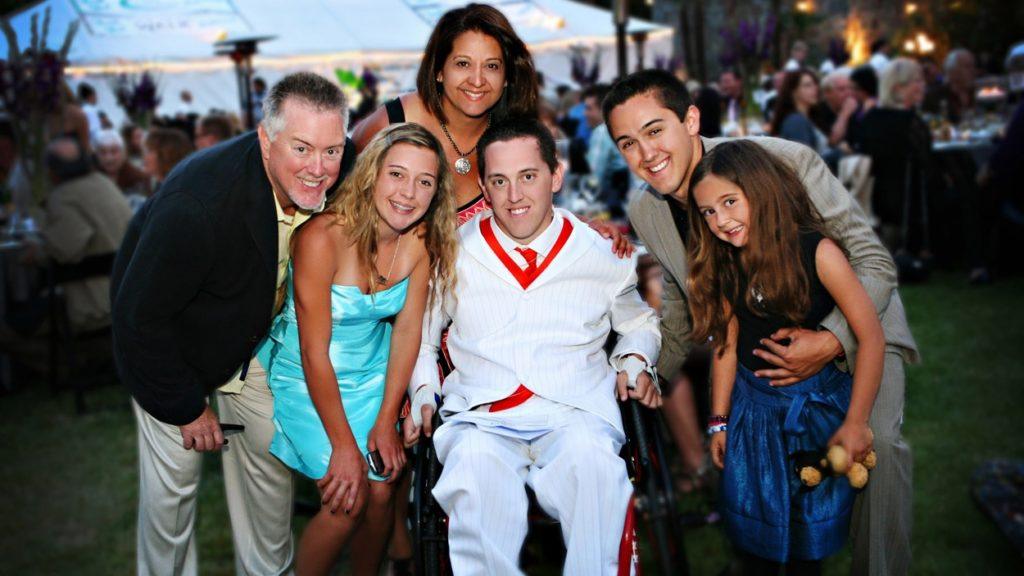
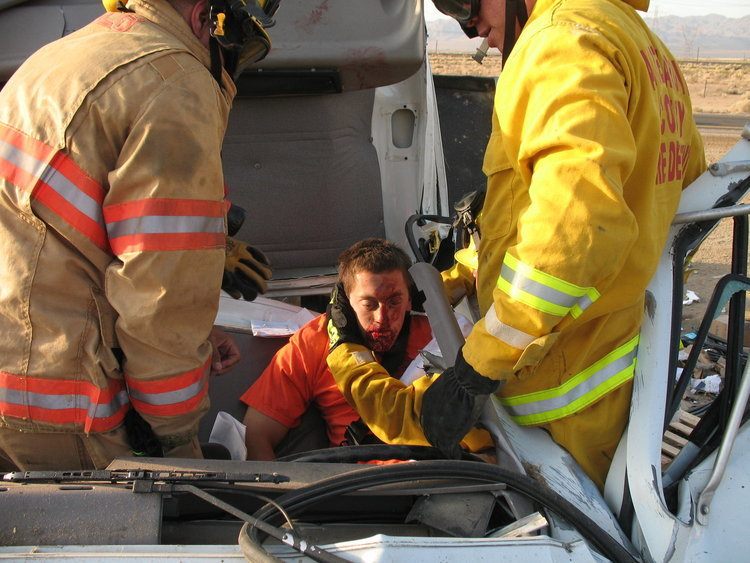
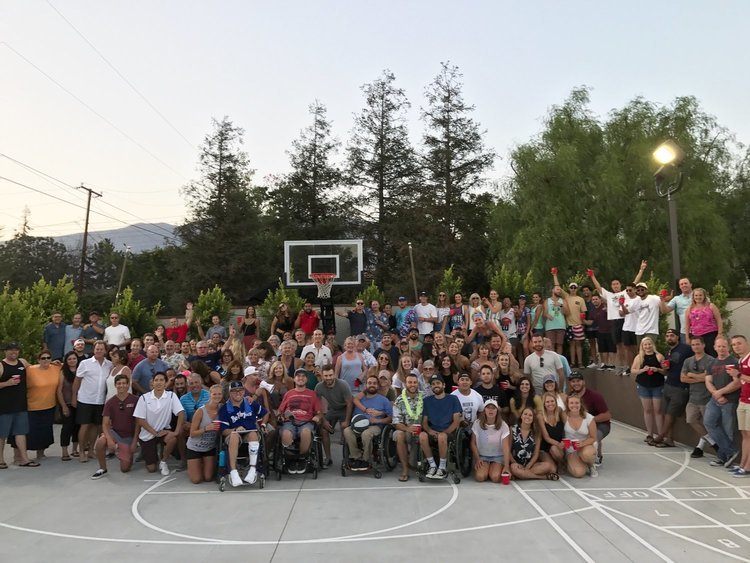
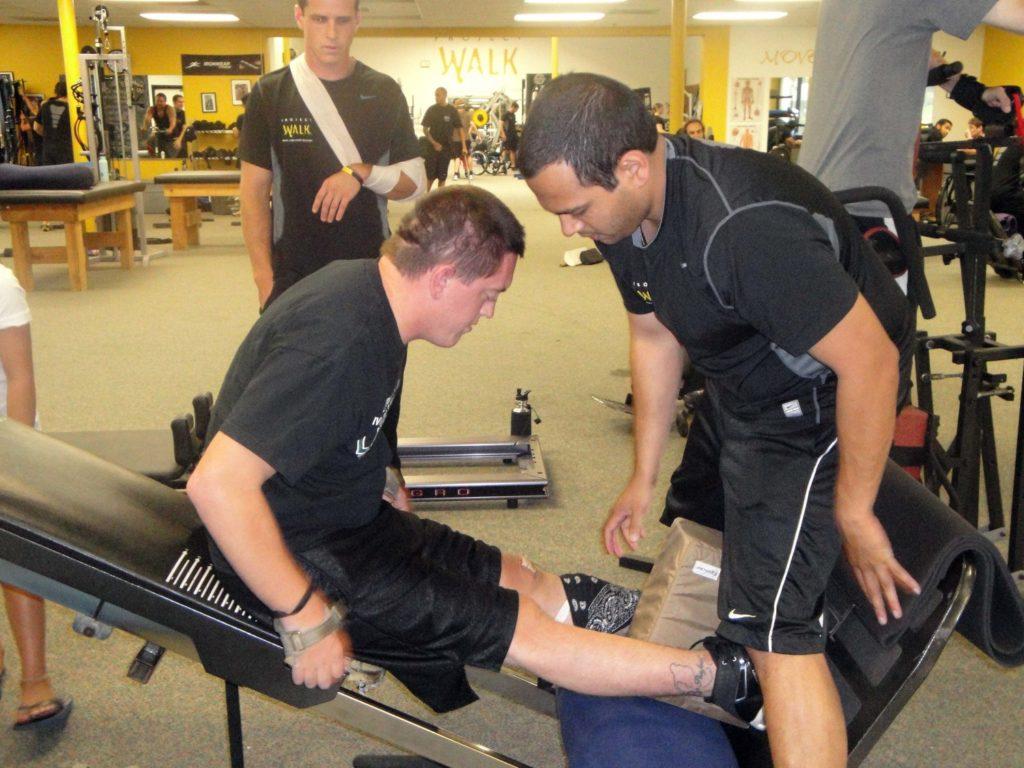
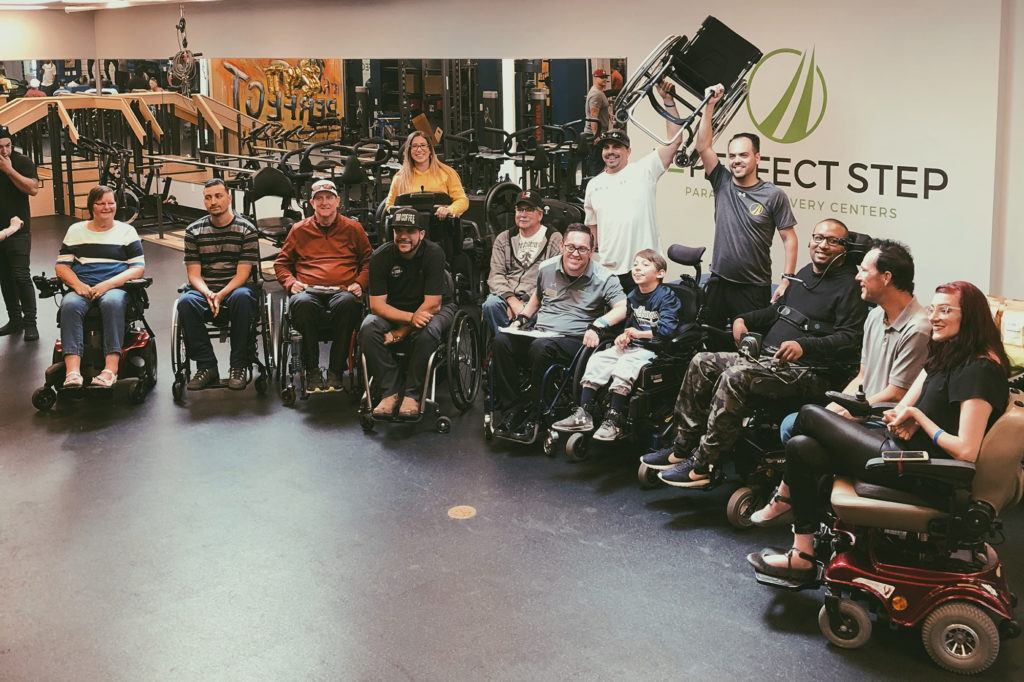
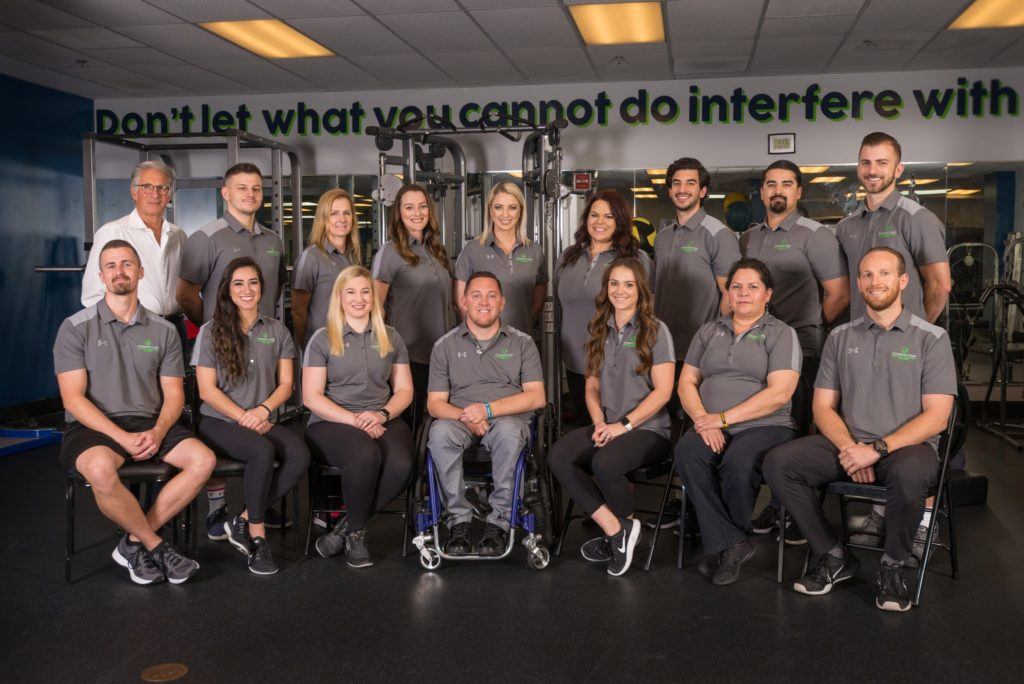
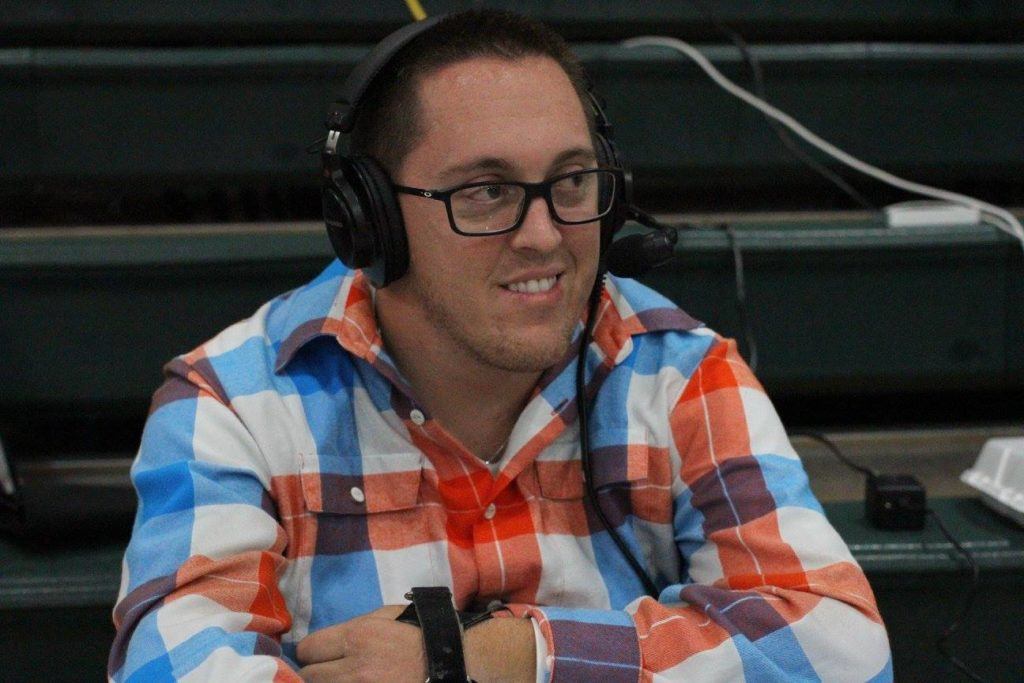
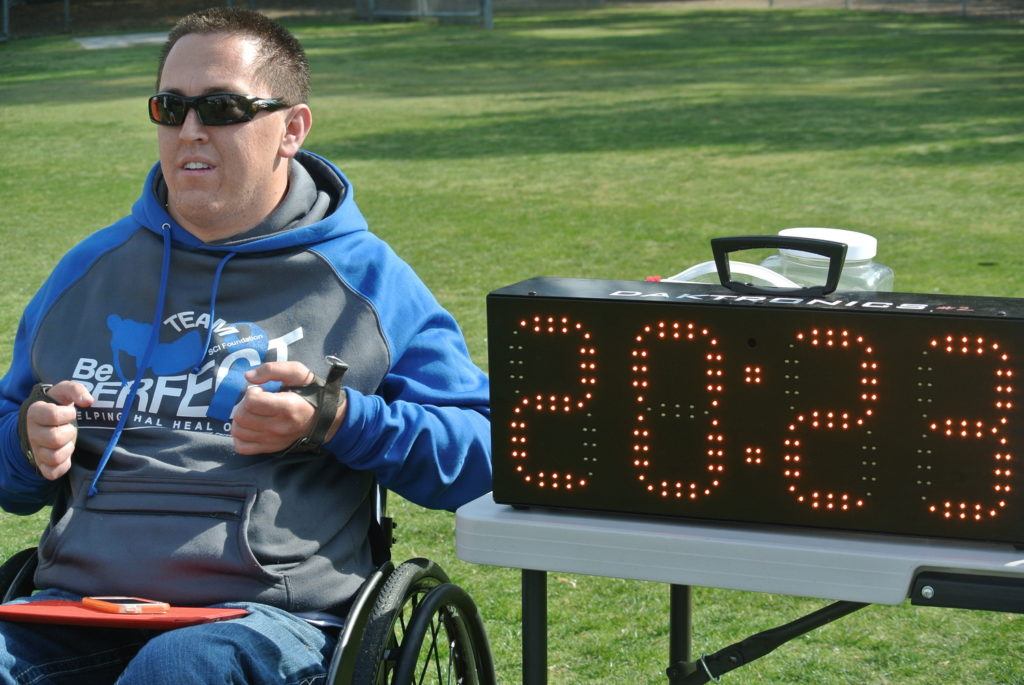
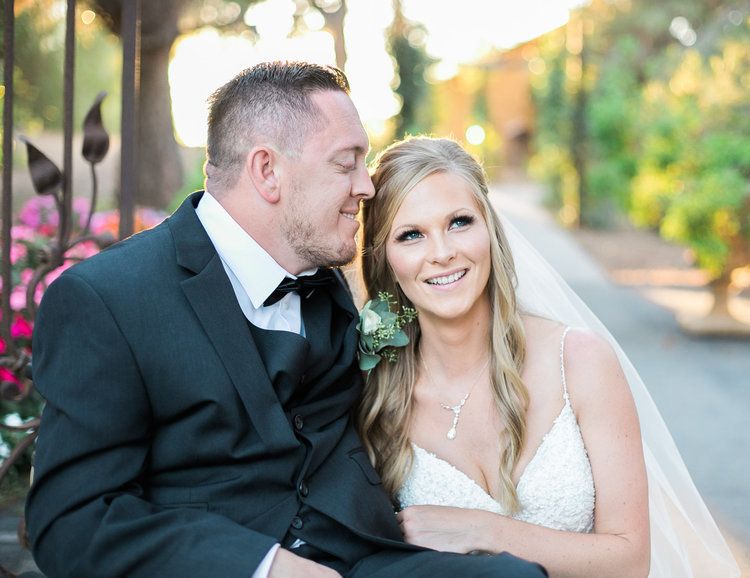
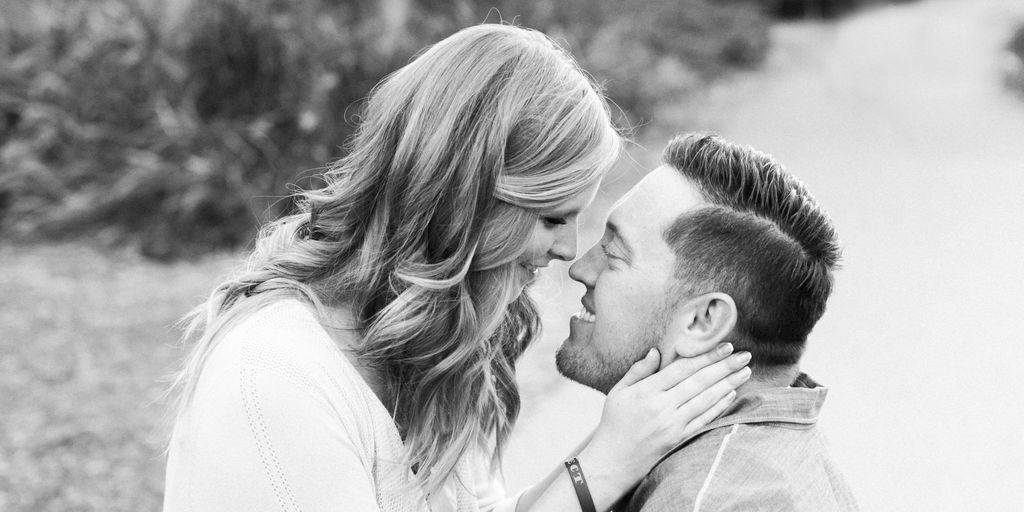
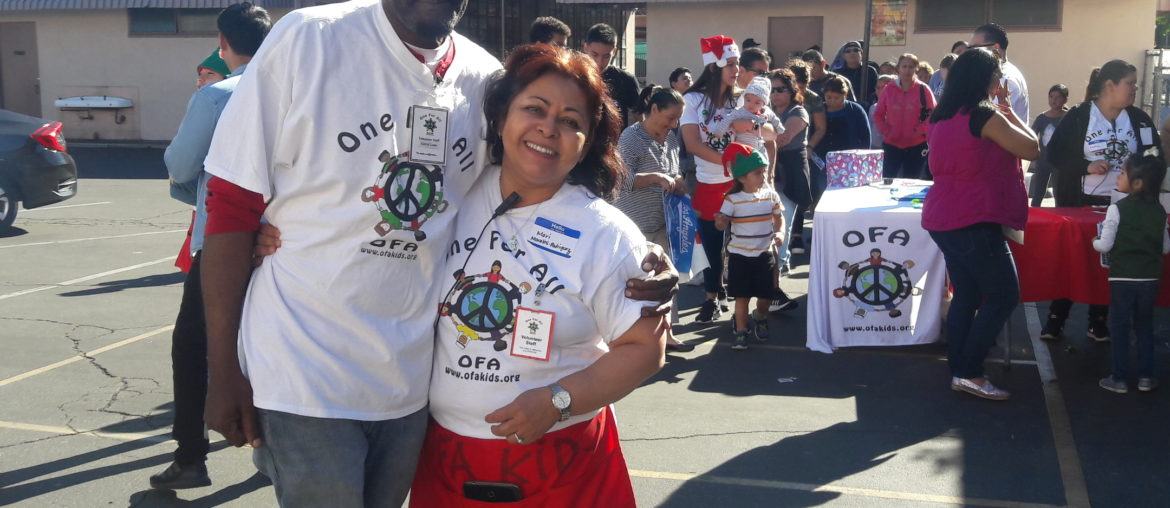
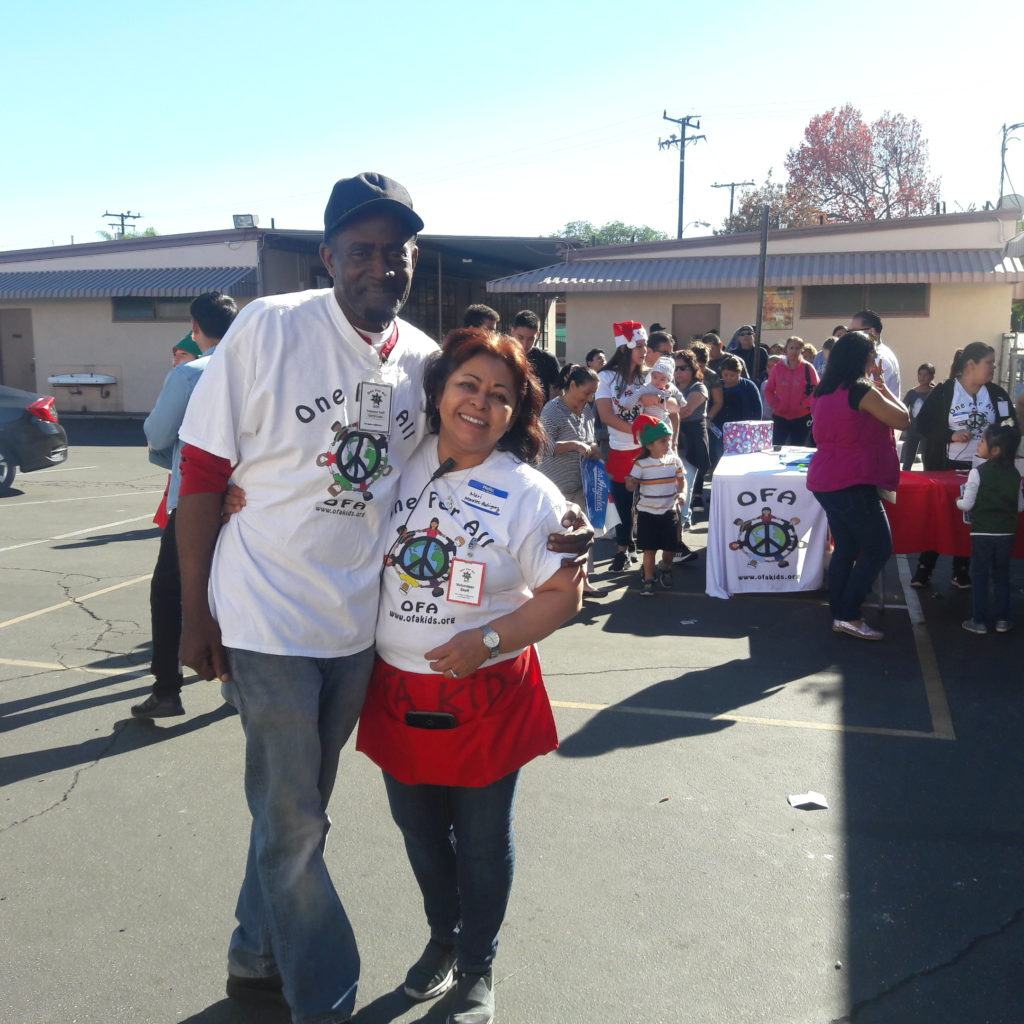
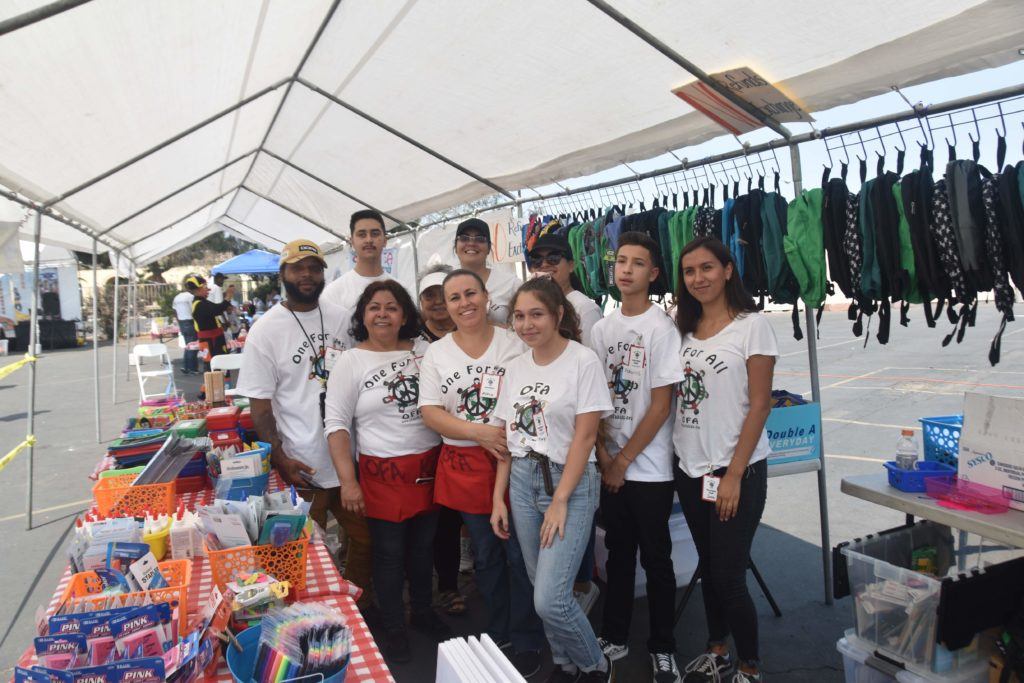
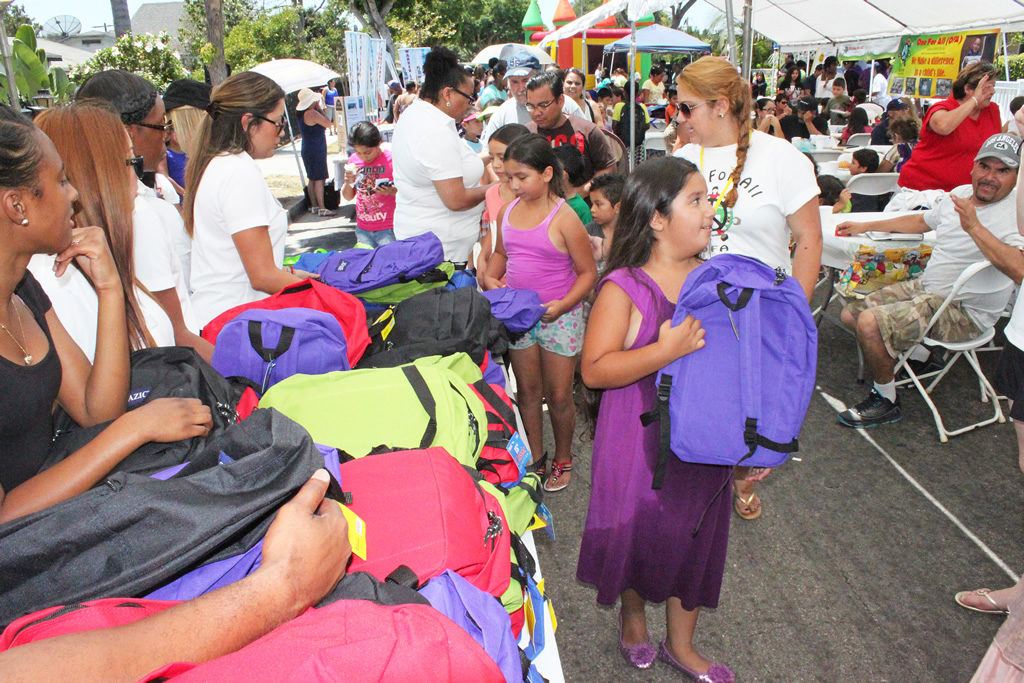
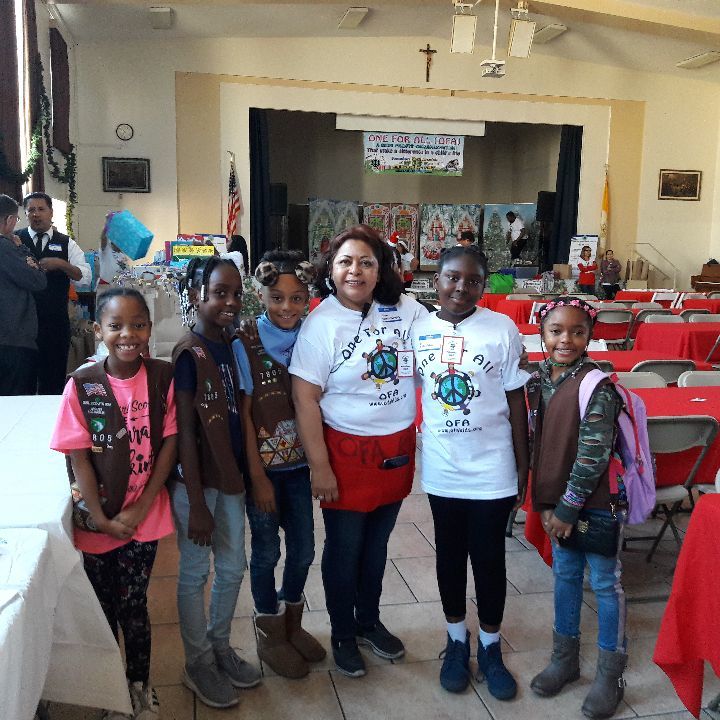
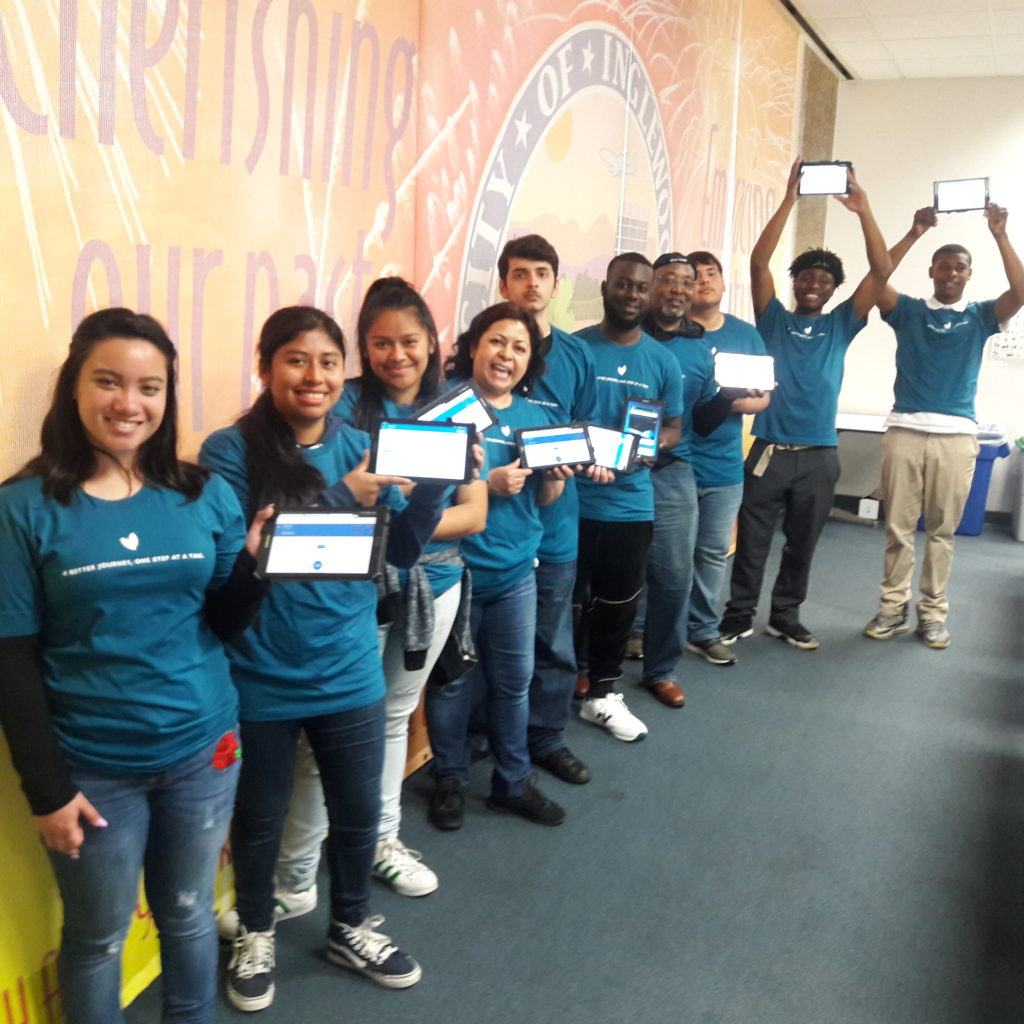 In 2007, I had a patient that kept telling me I needed my 501c3 and I had no idea what these numbers meant or what that was. While I was working in the doctor’s office a patient asked me about what I do in my free time and I told him. He said I needed my 501c3 and his wife would help me. She did and in 2007
In 2007, I had a patient that kept telling me I needed my 501c3 and I had no idea what these numbers meant or what that was. While I was working in the doctor’s office a patient asked me about what I do in my free time and I told him. He said I needed my 501c3 and his wife would help me. She did and in 2007 